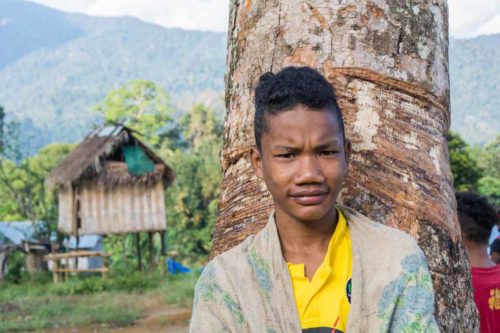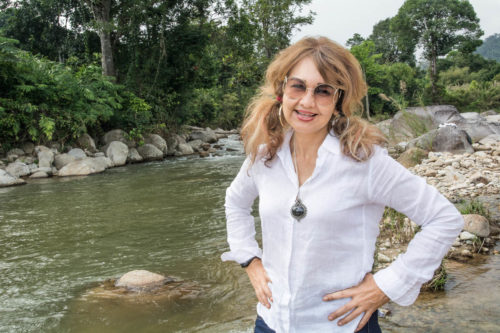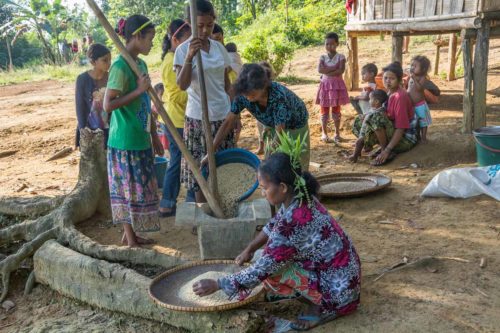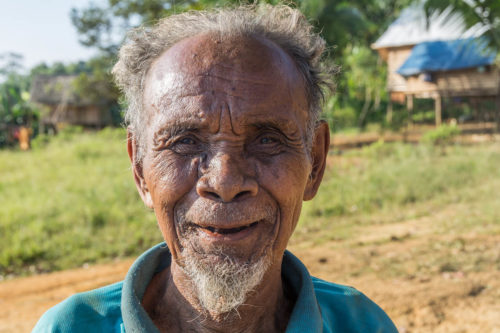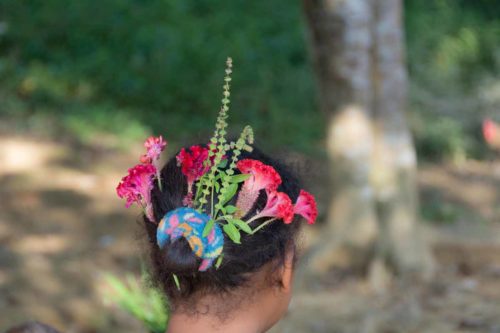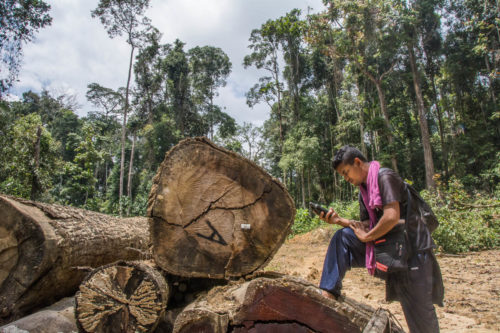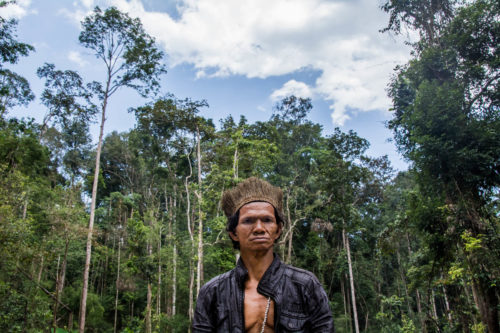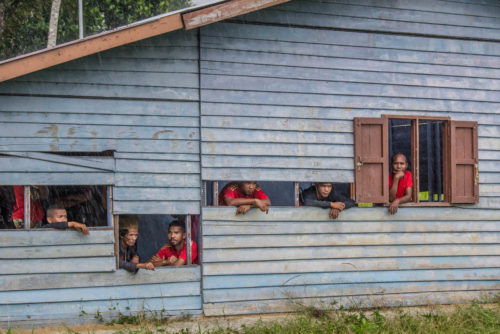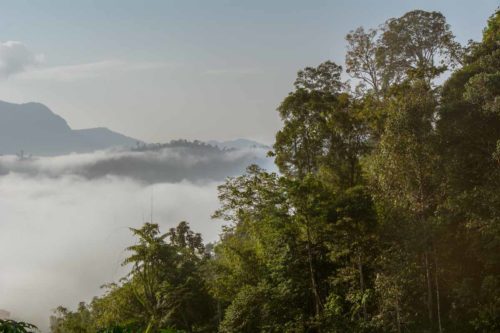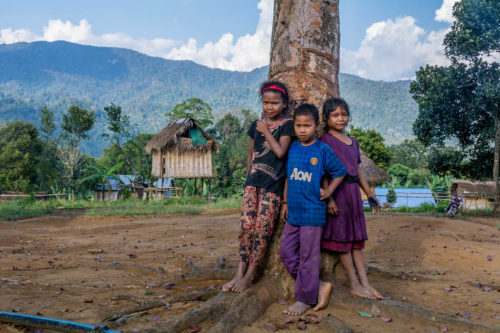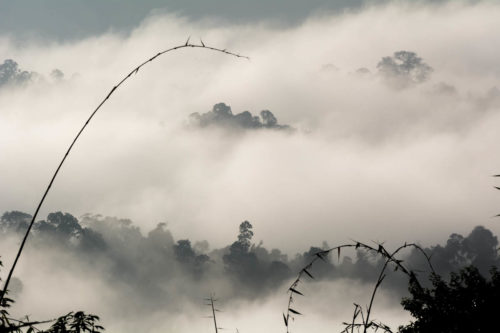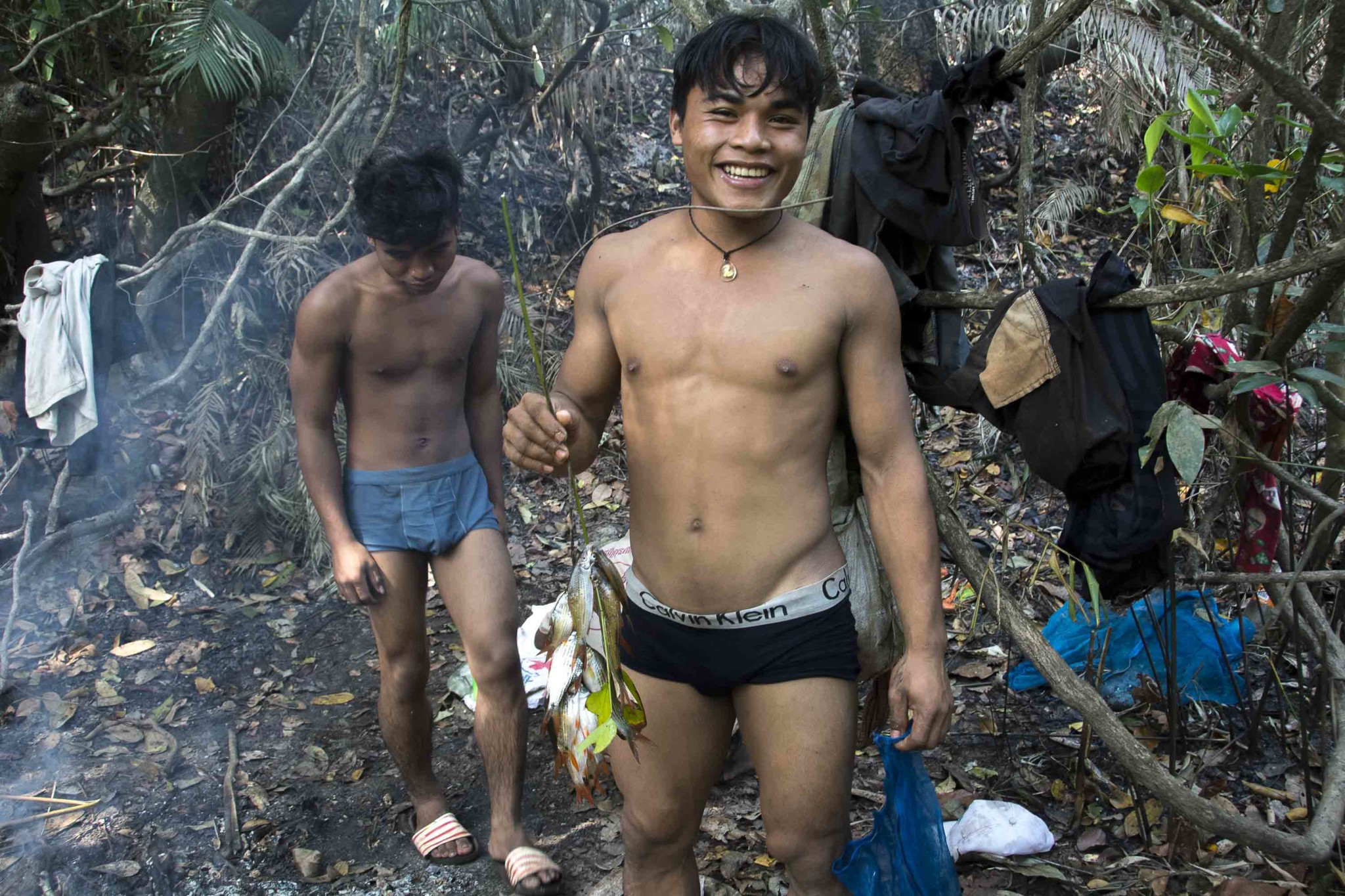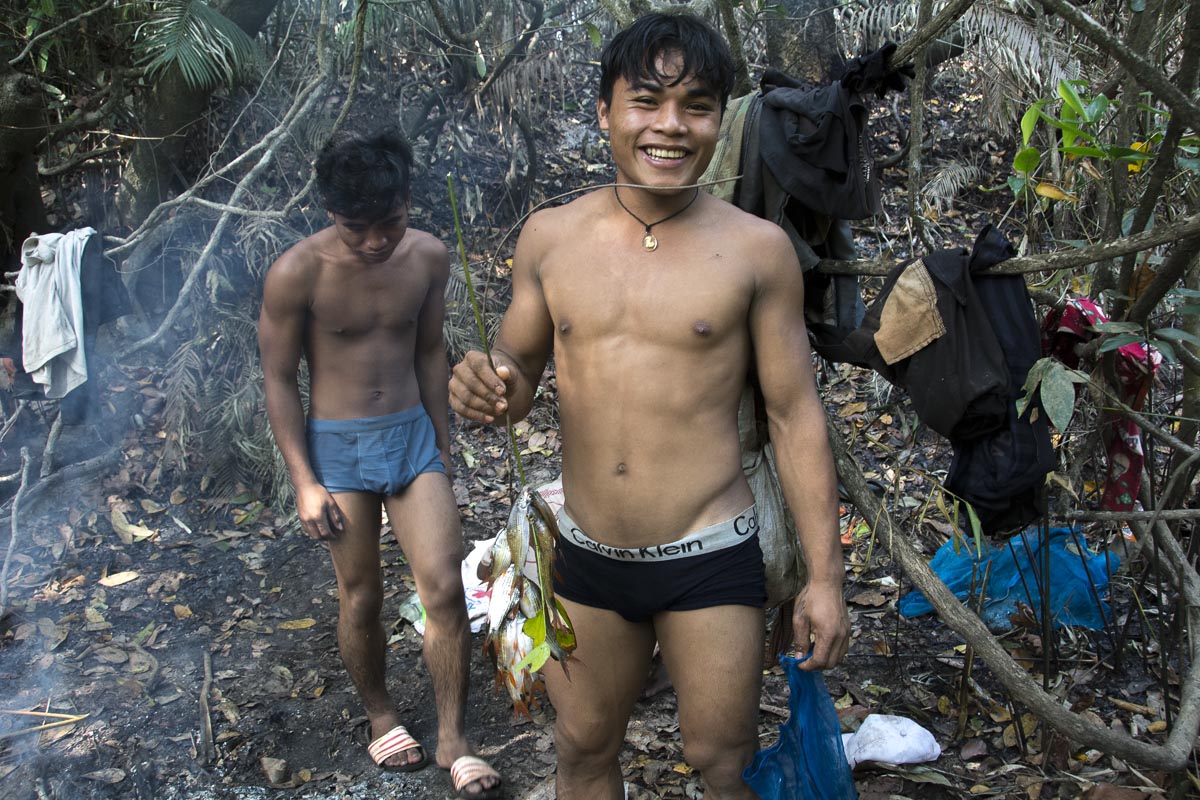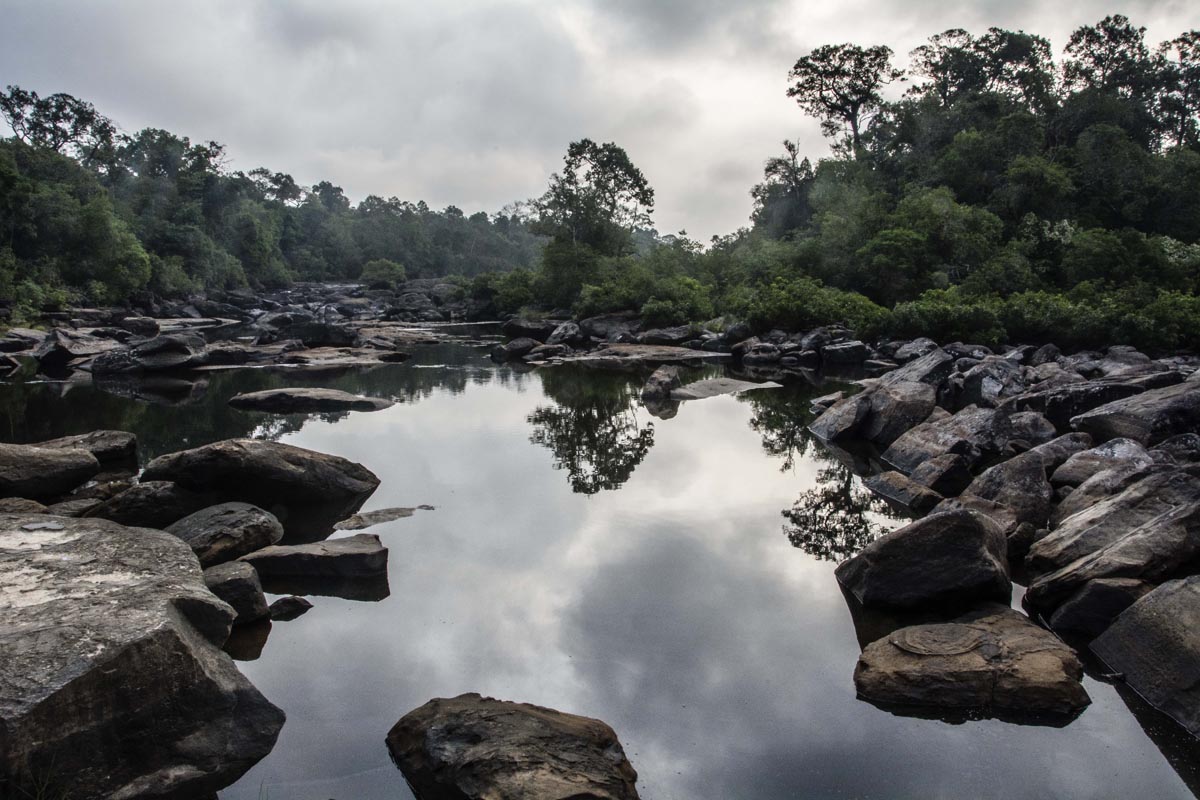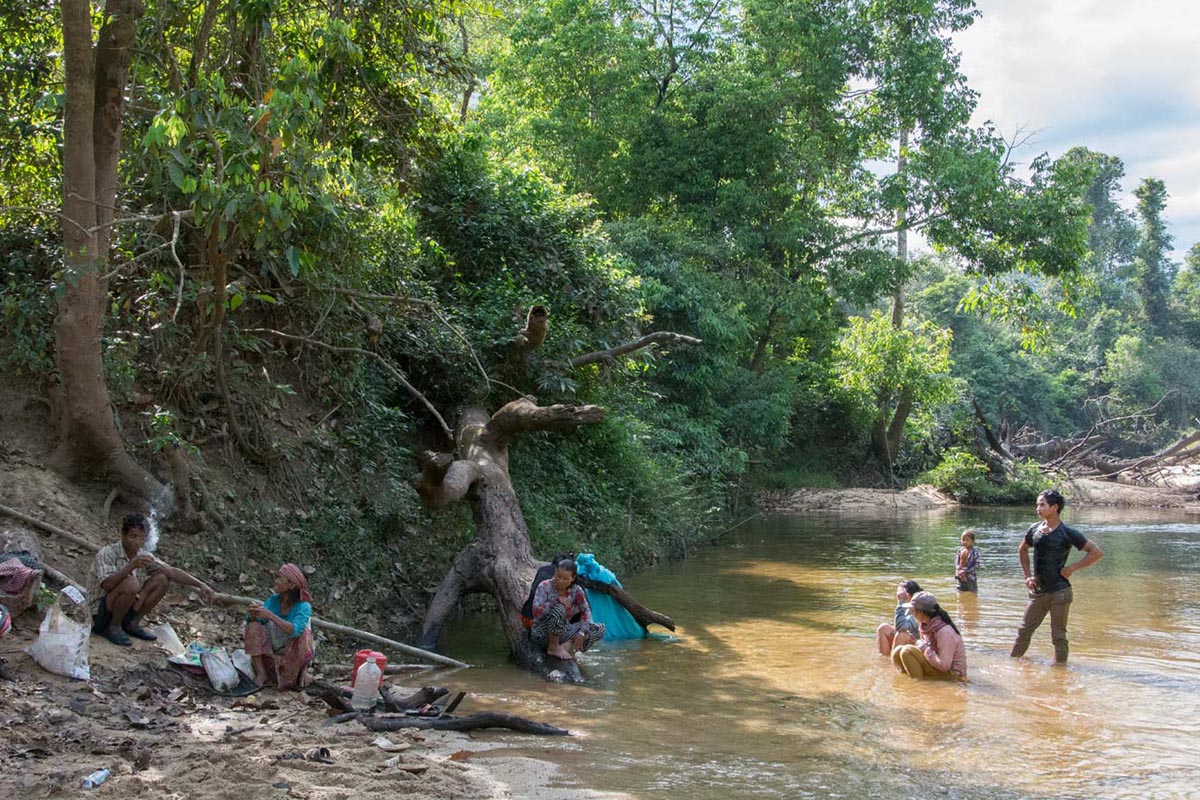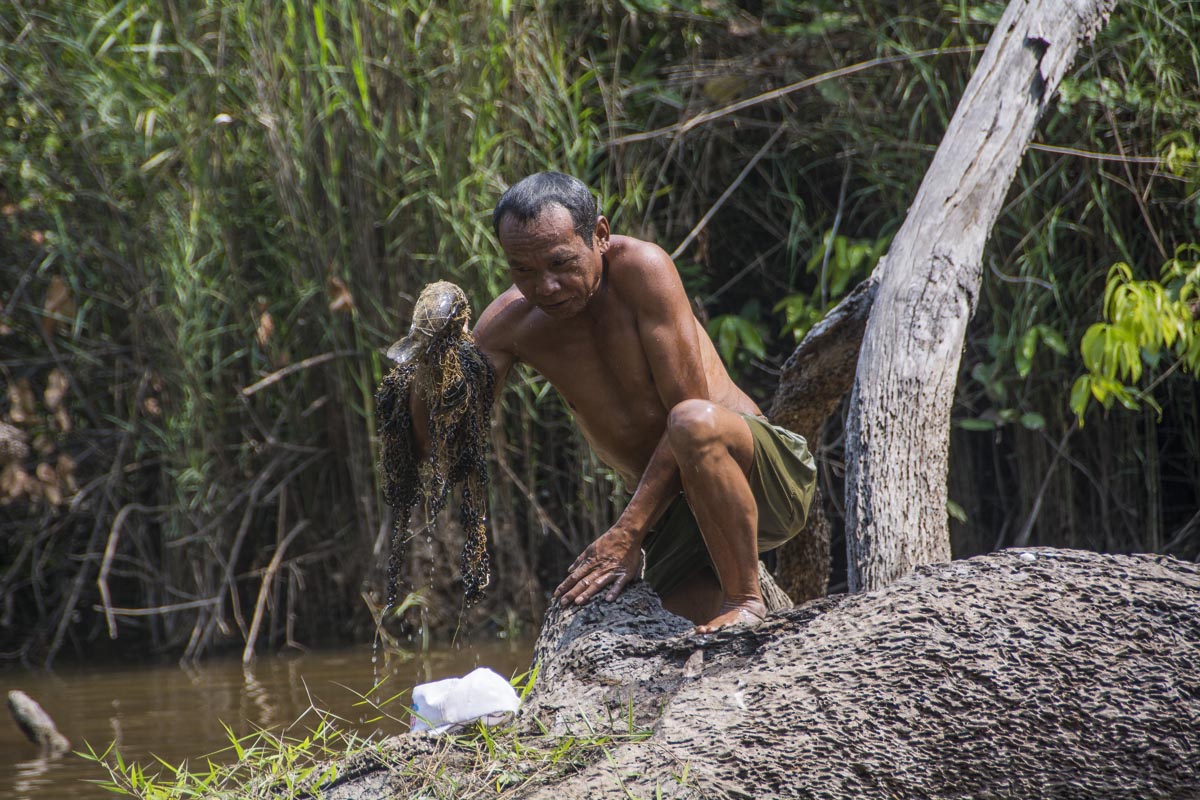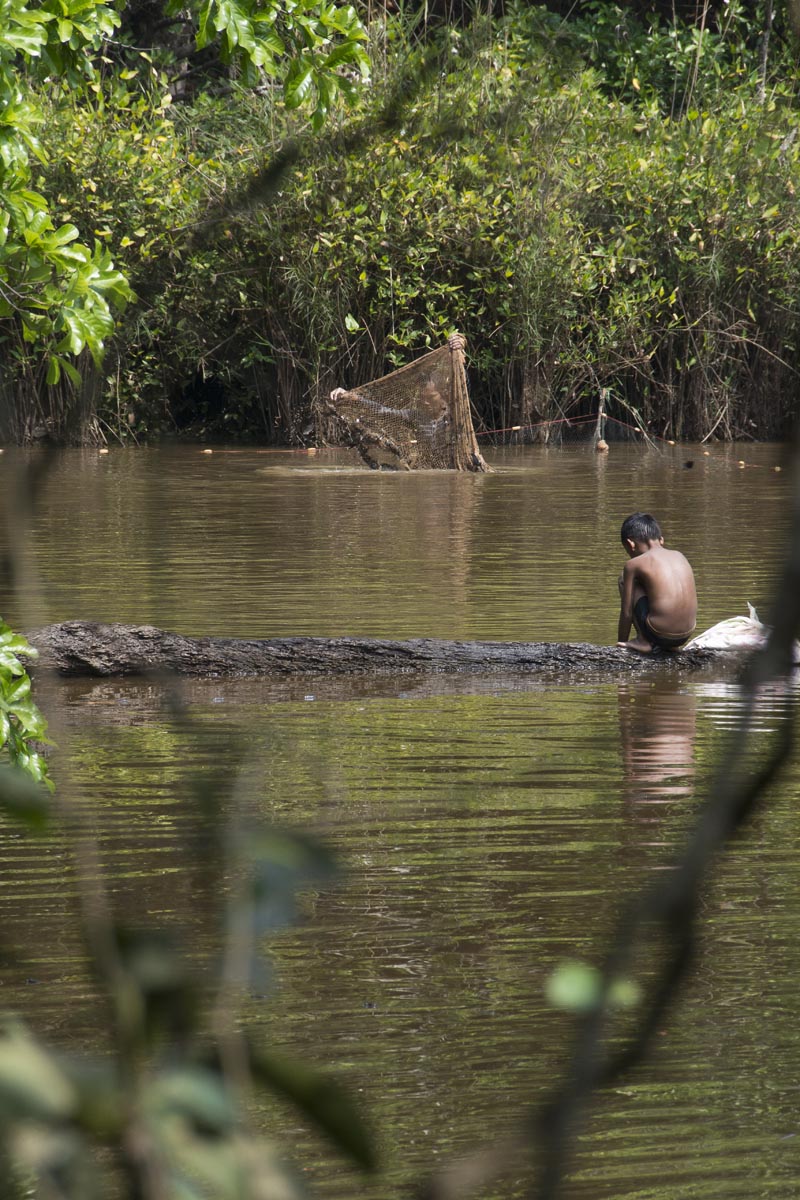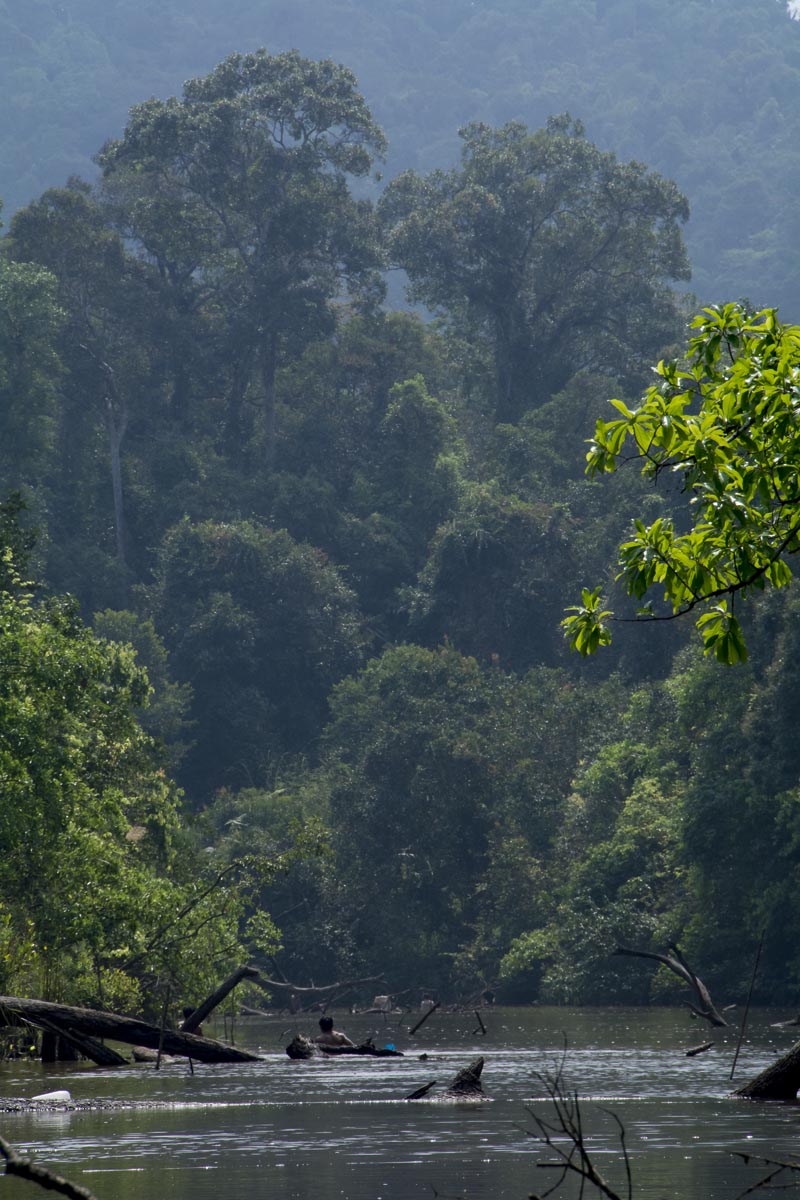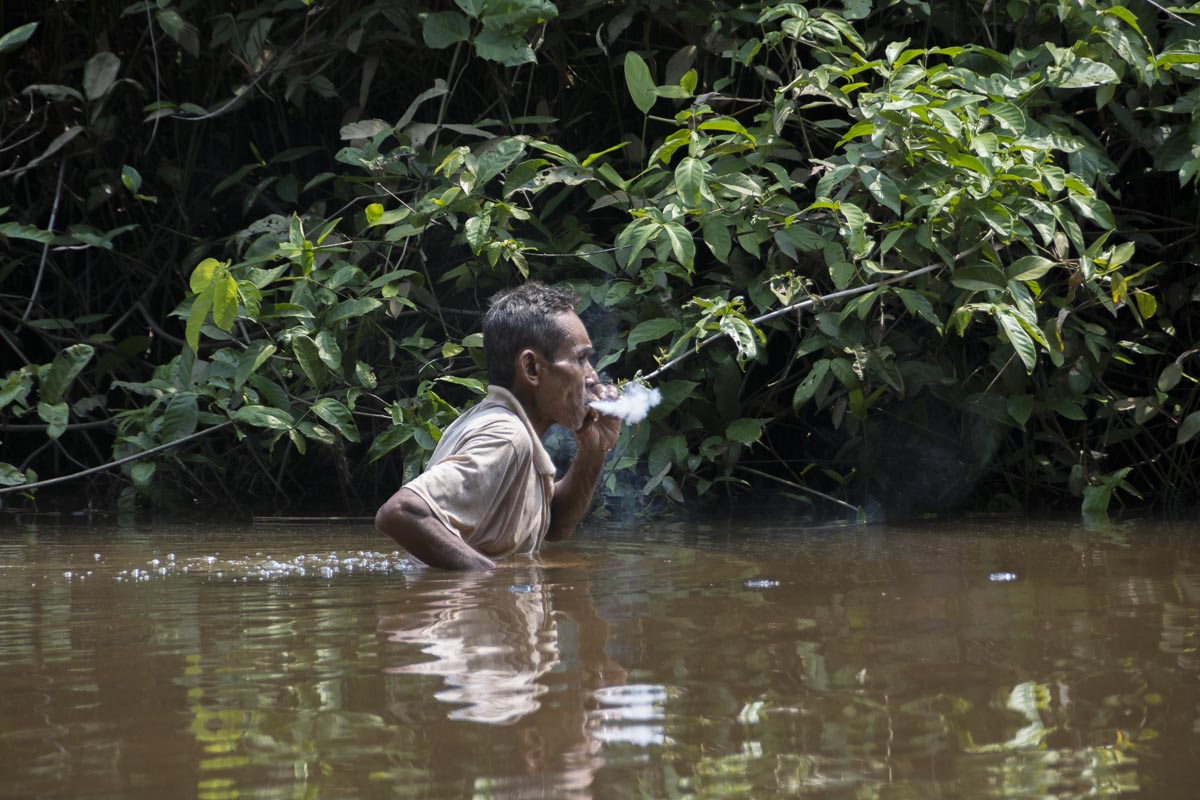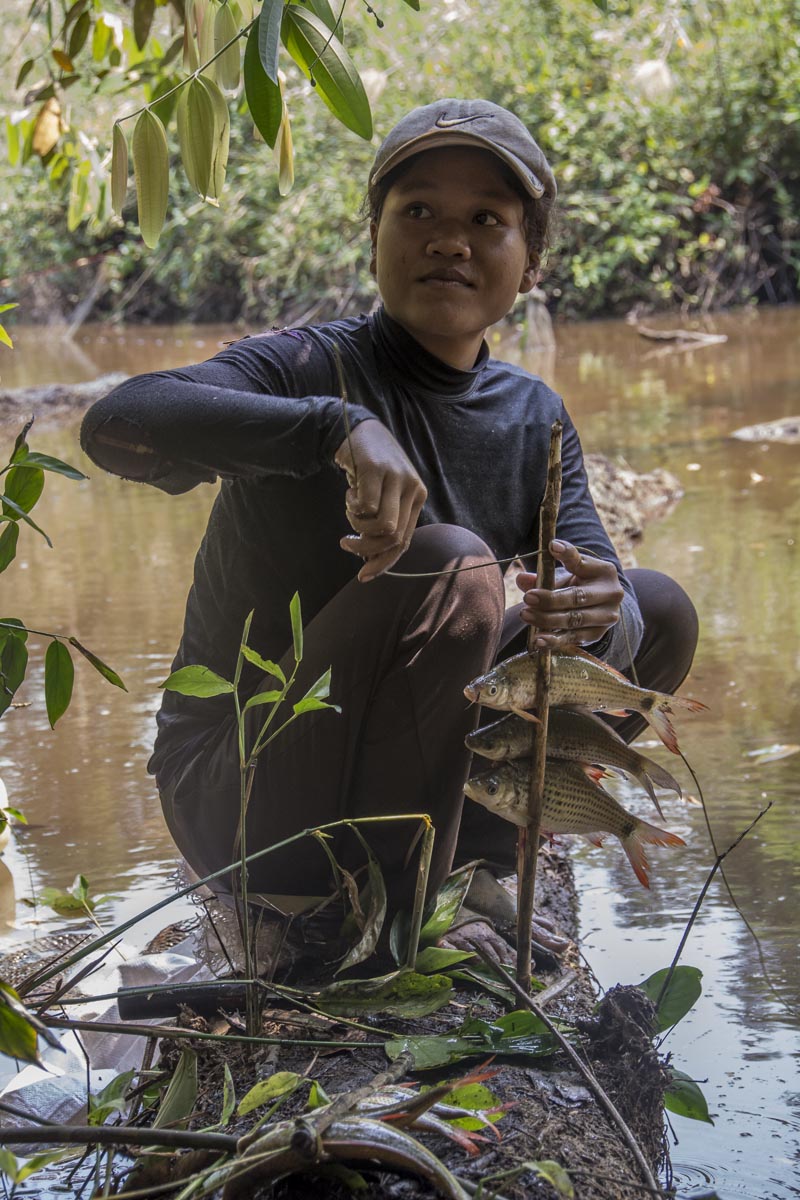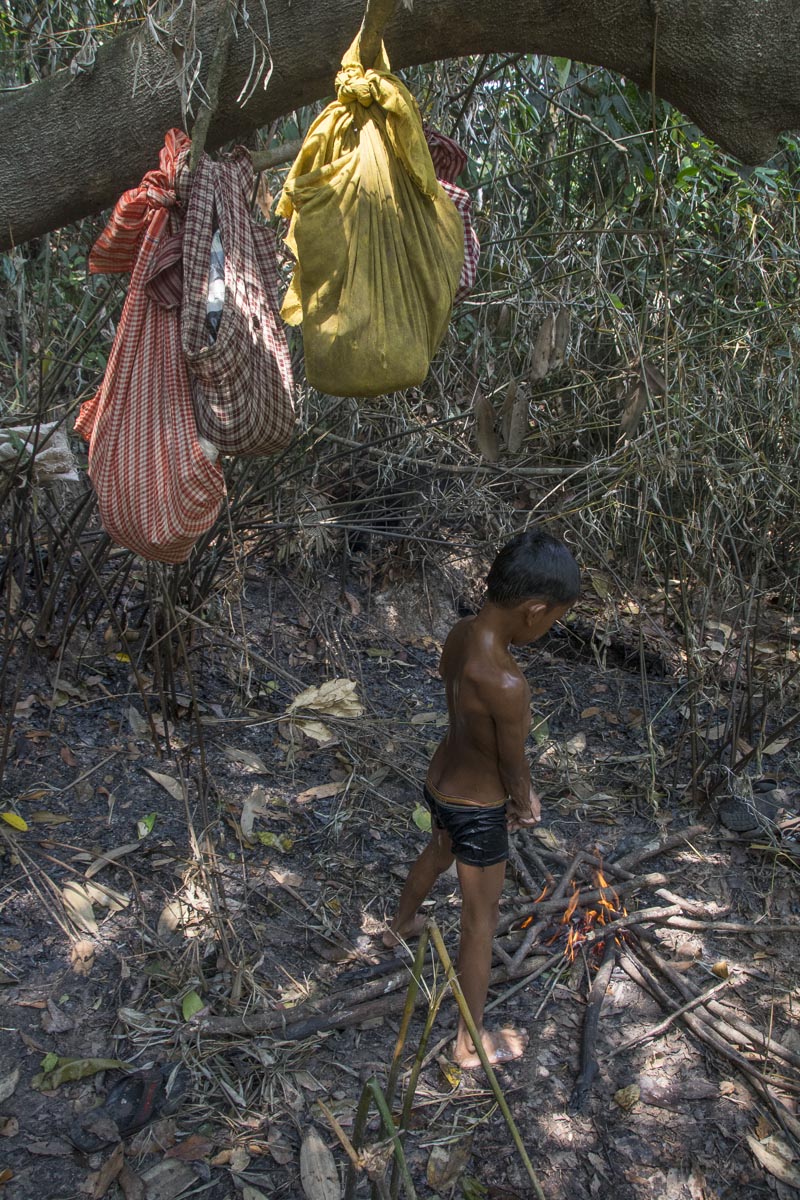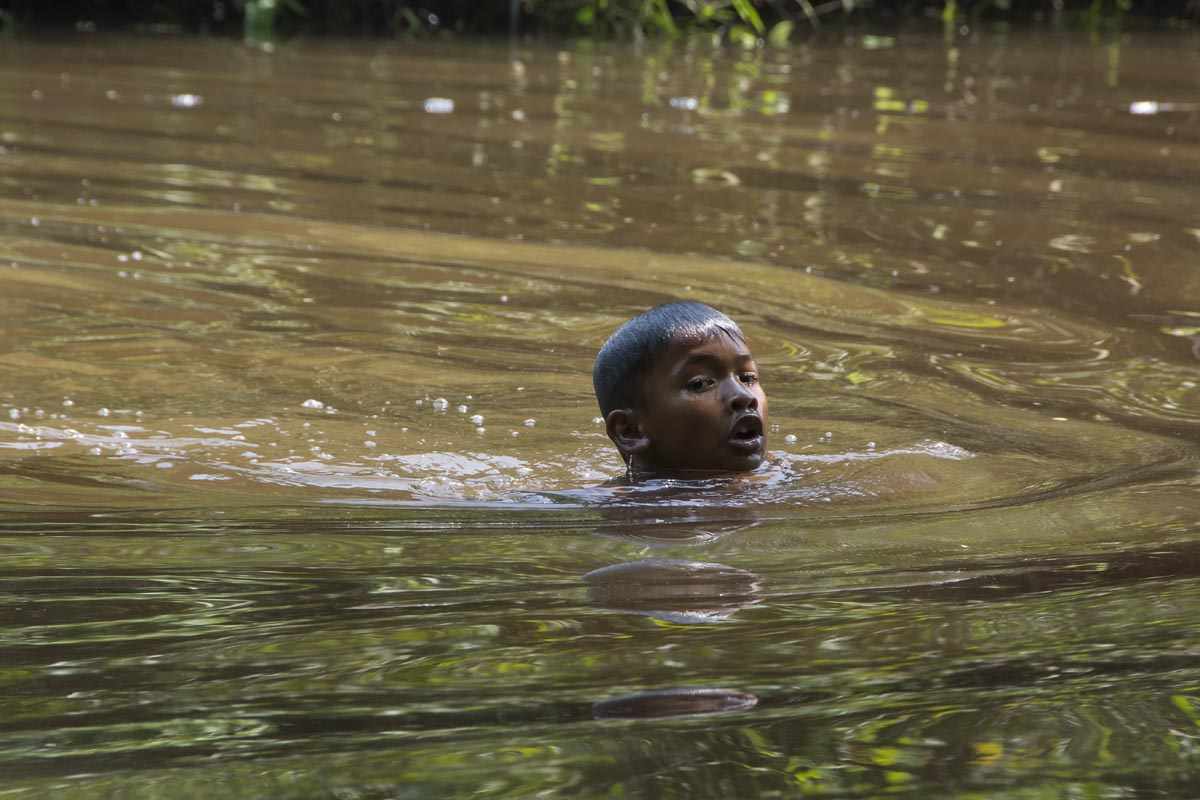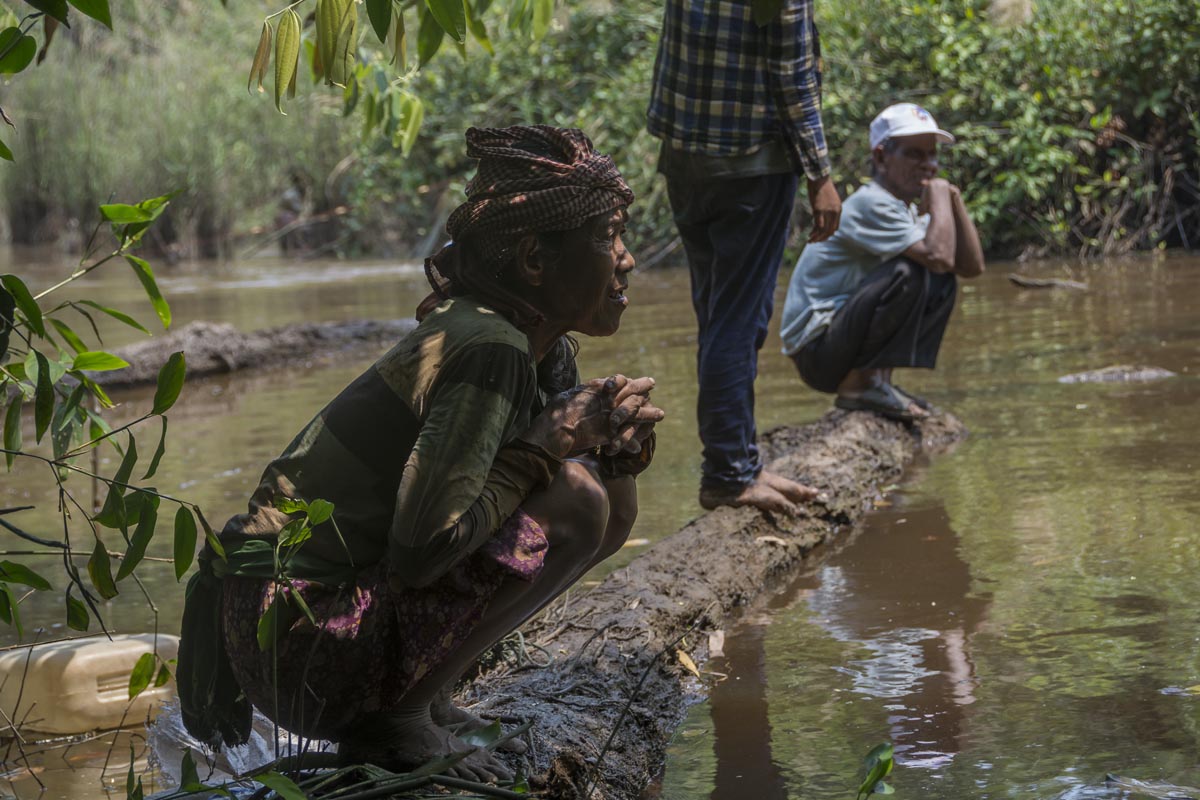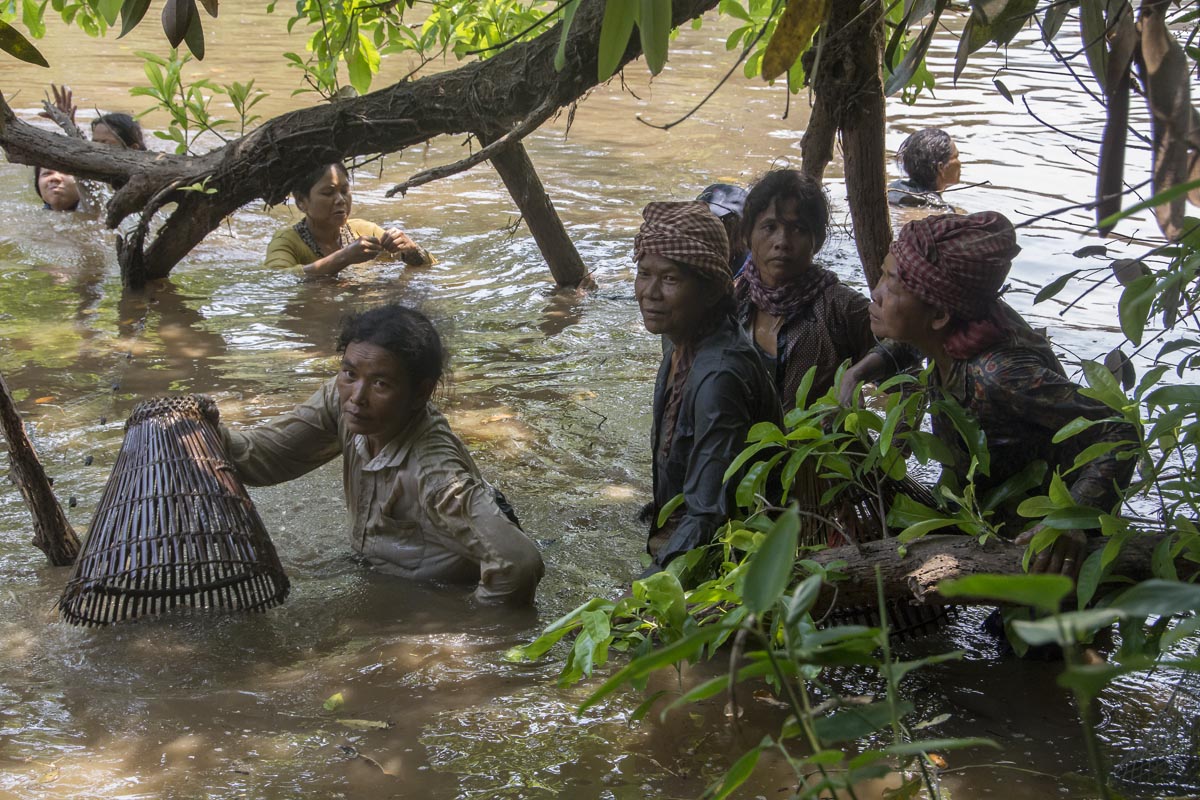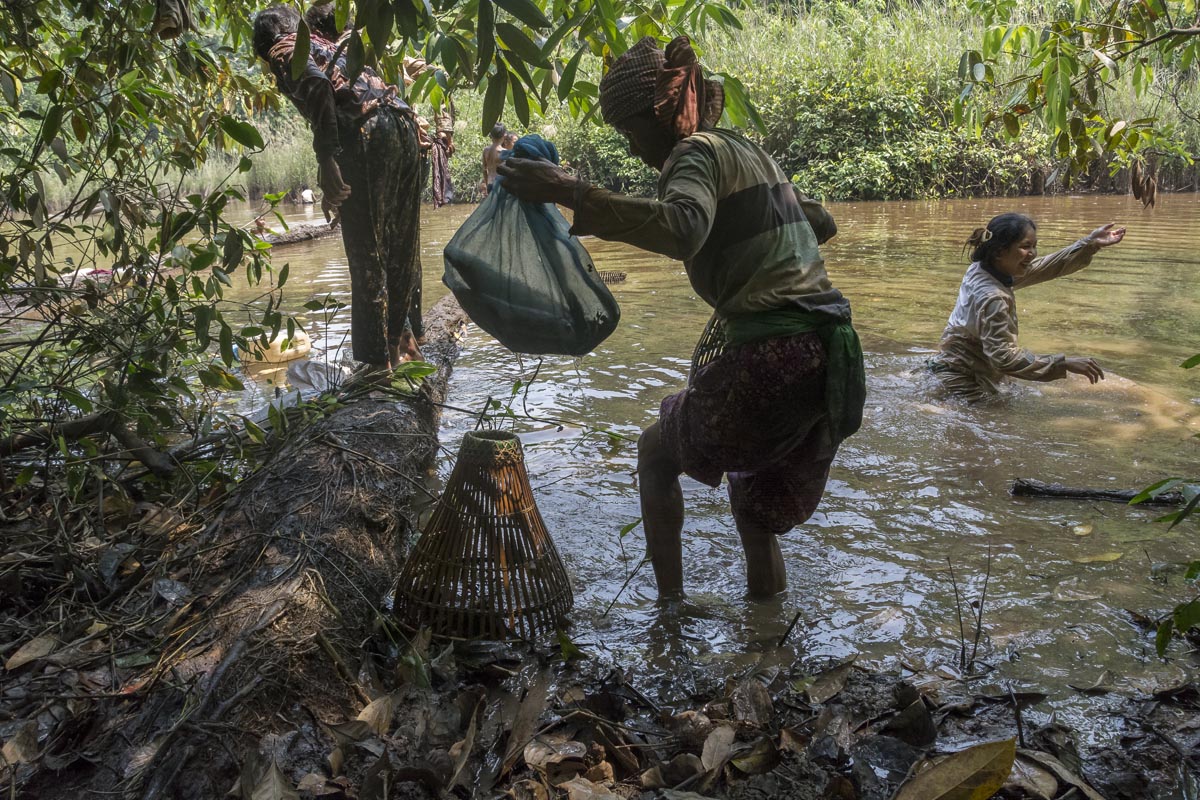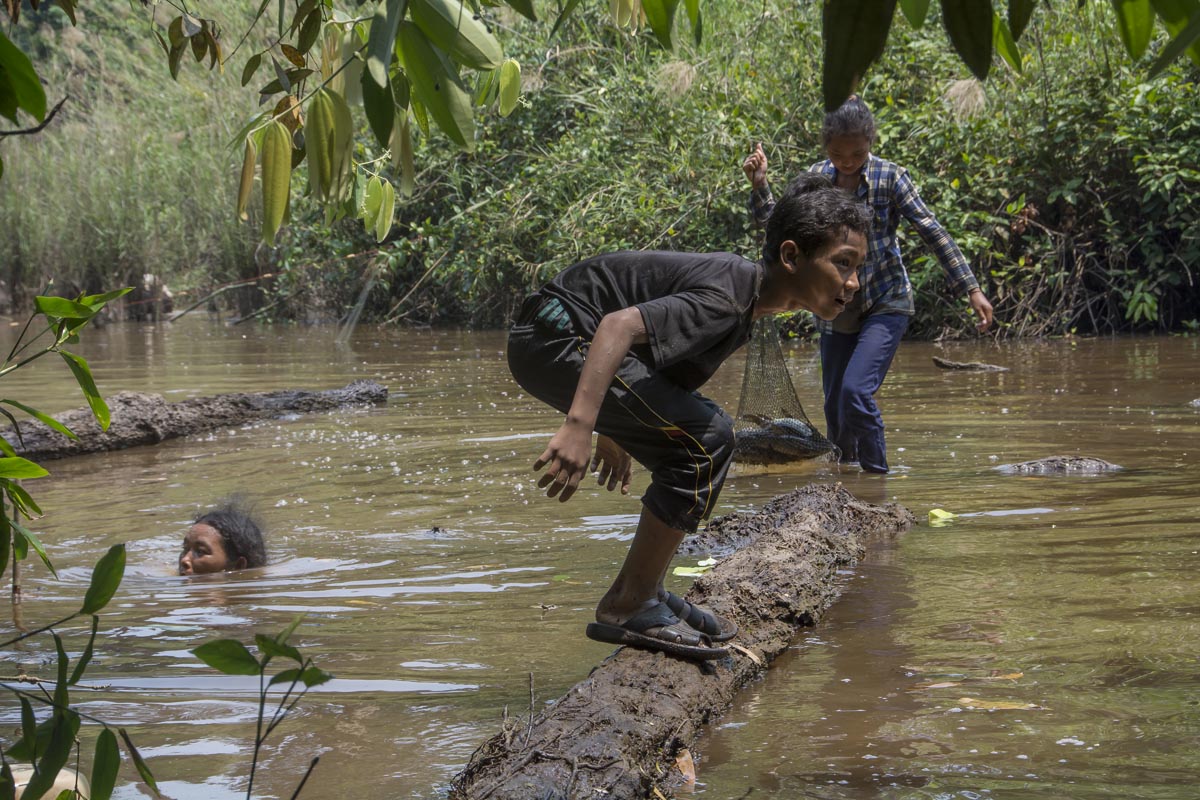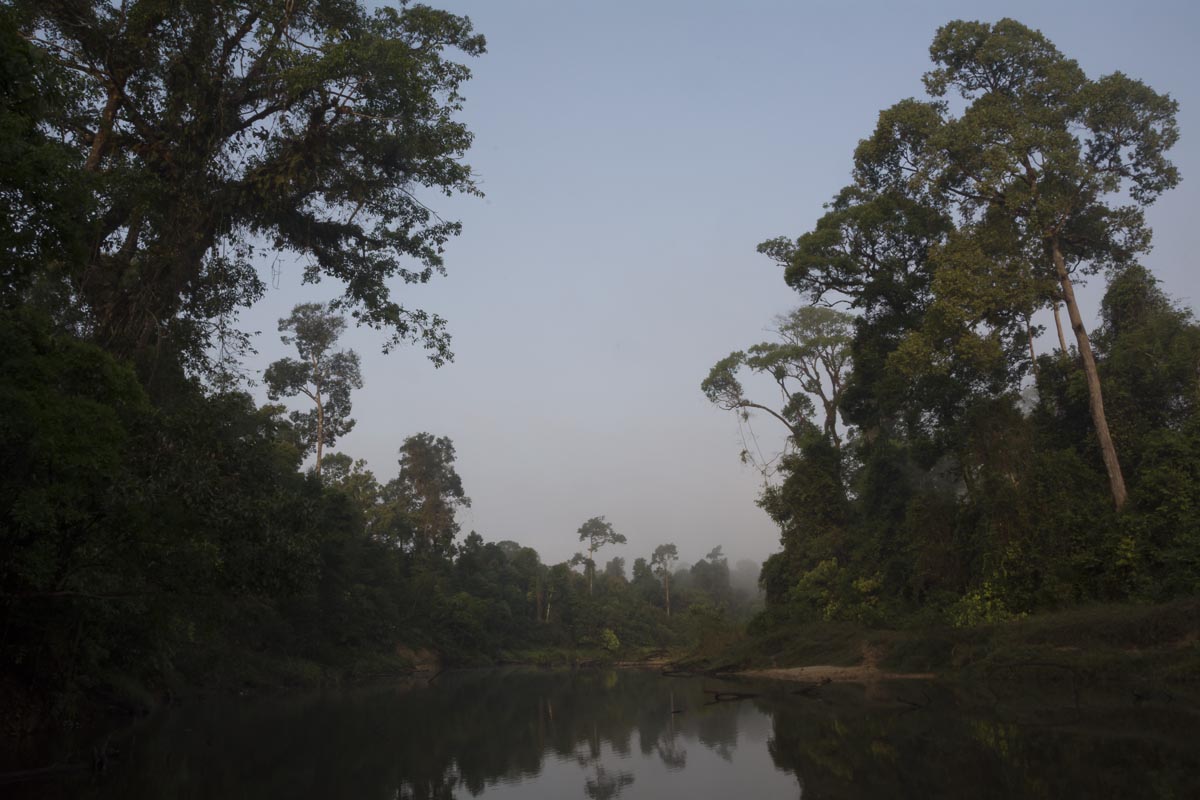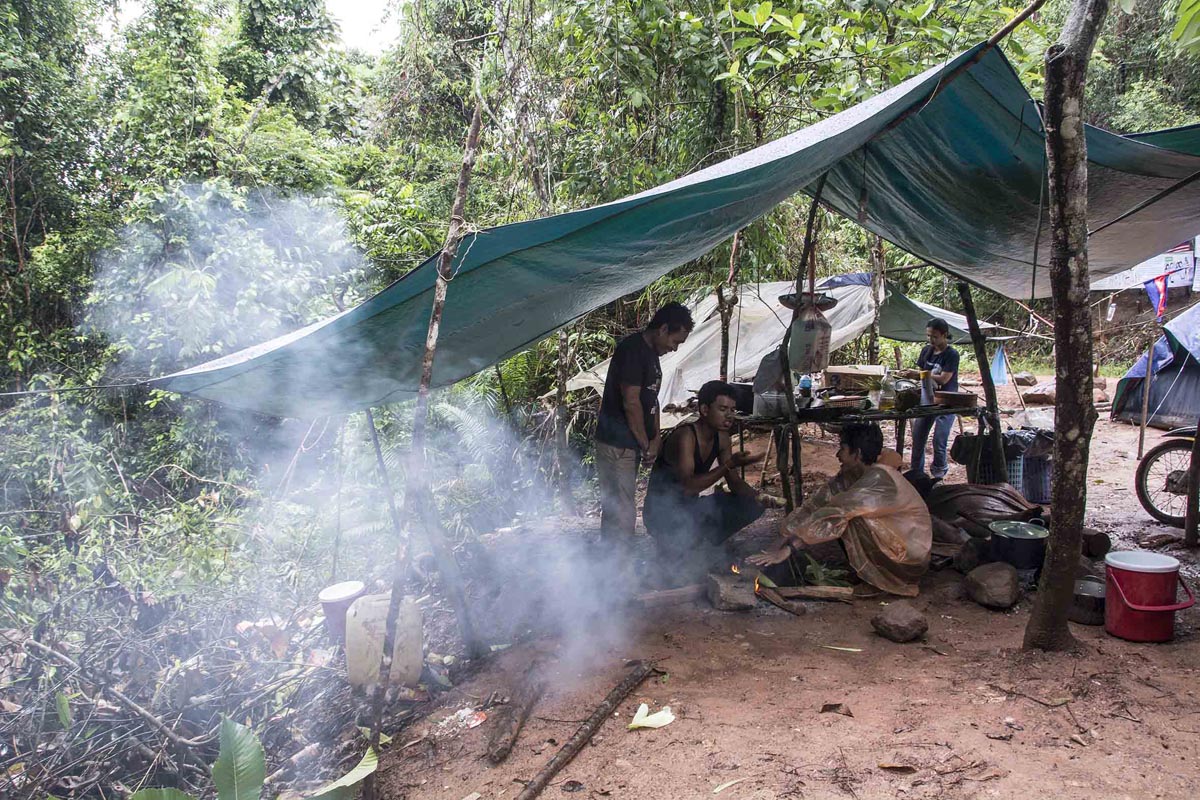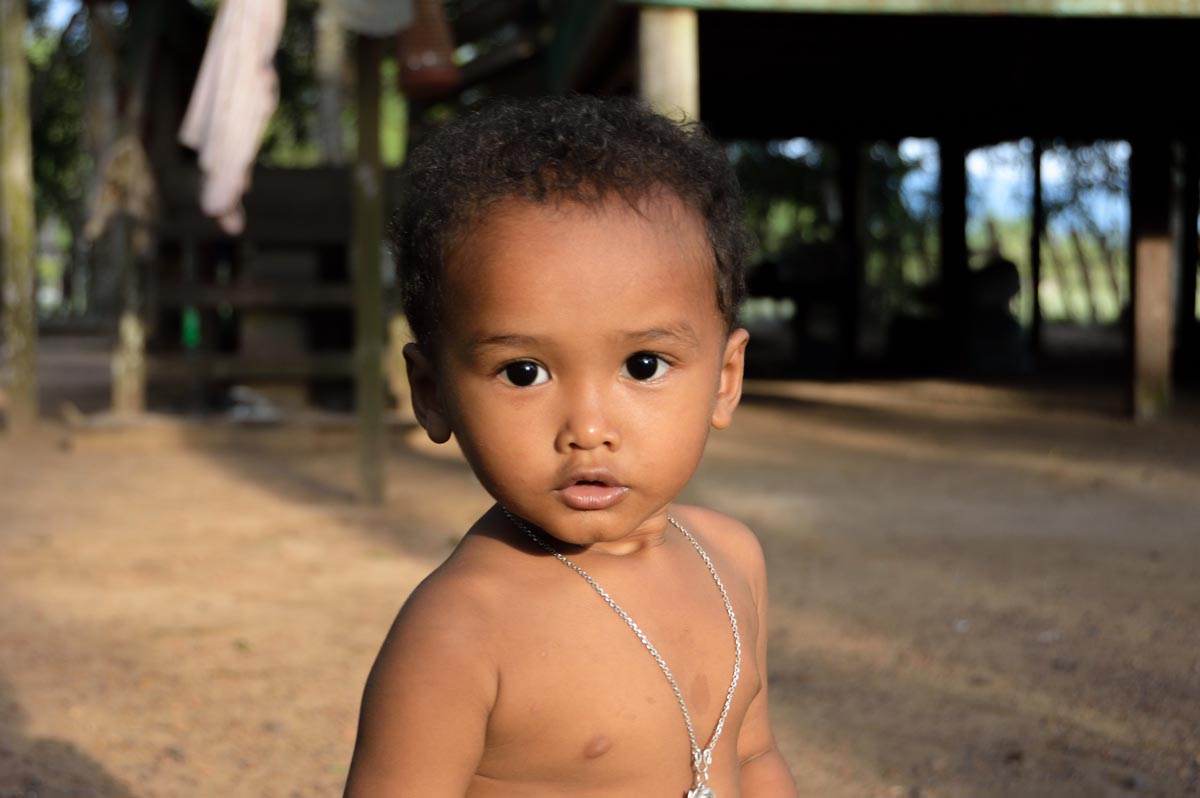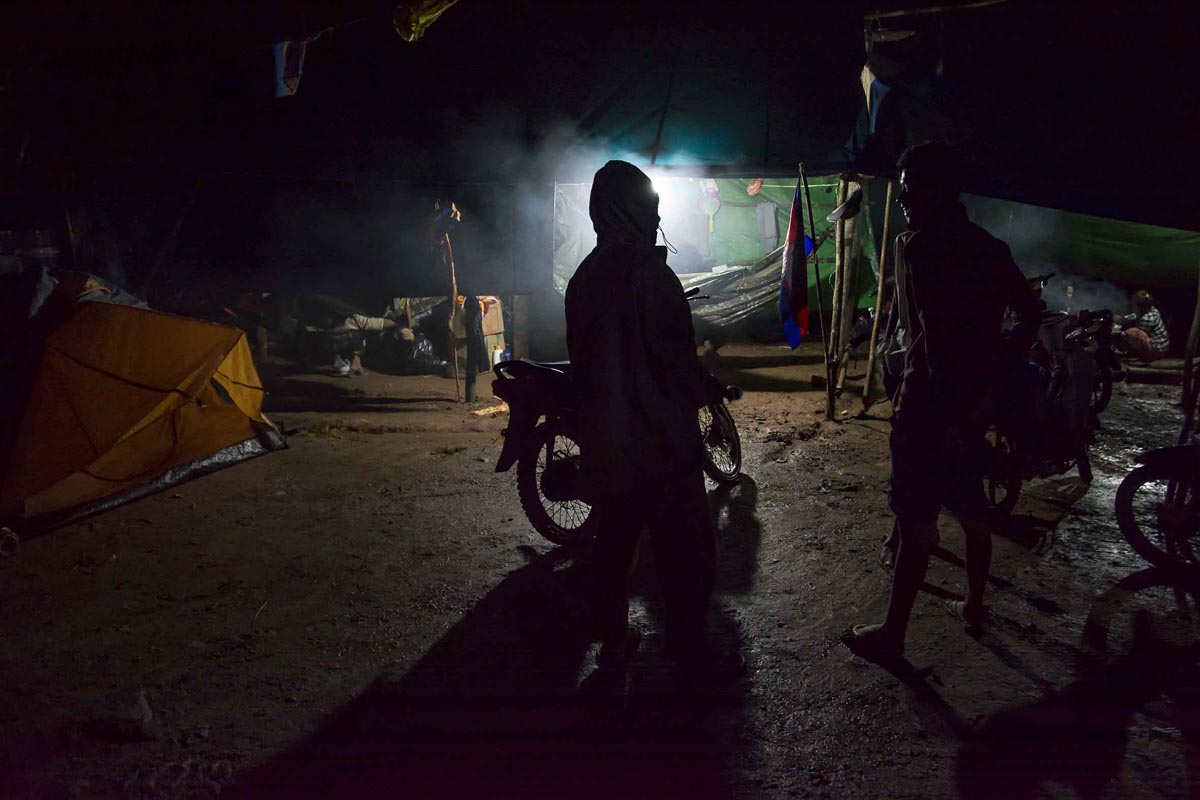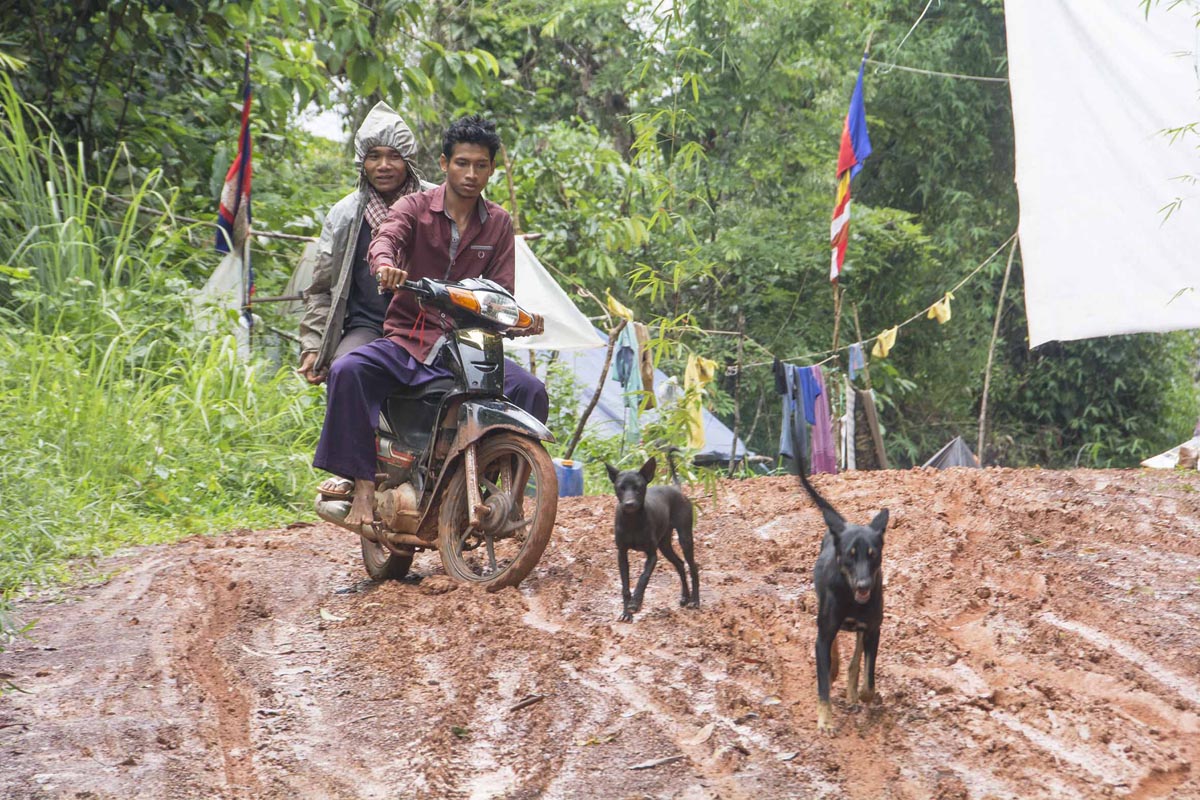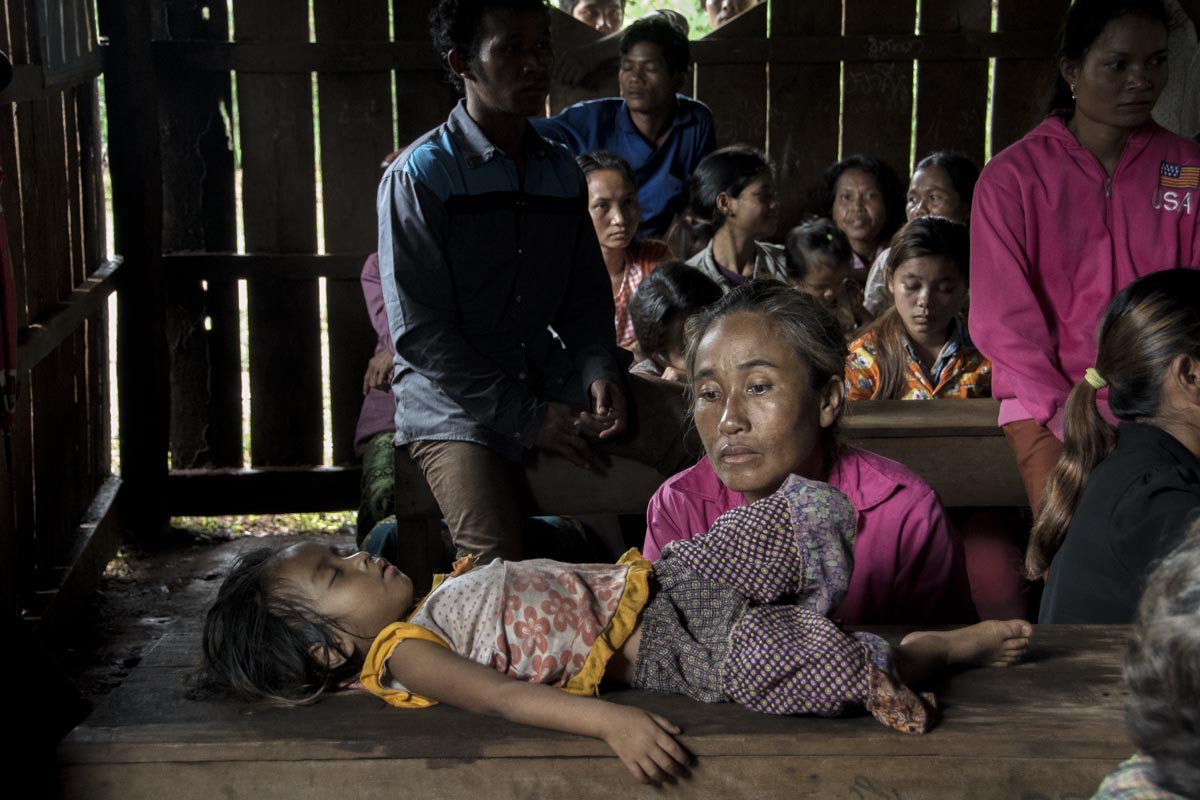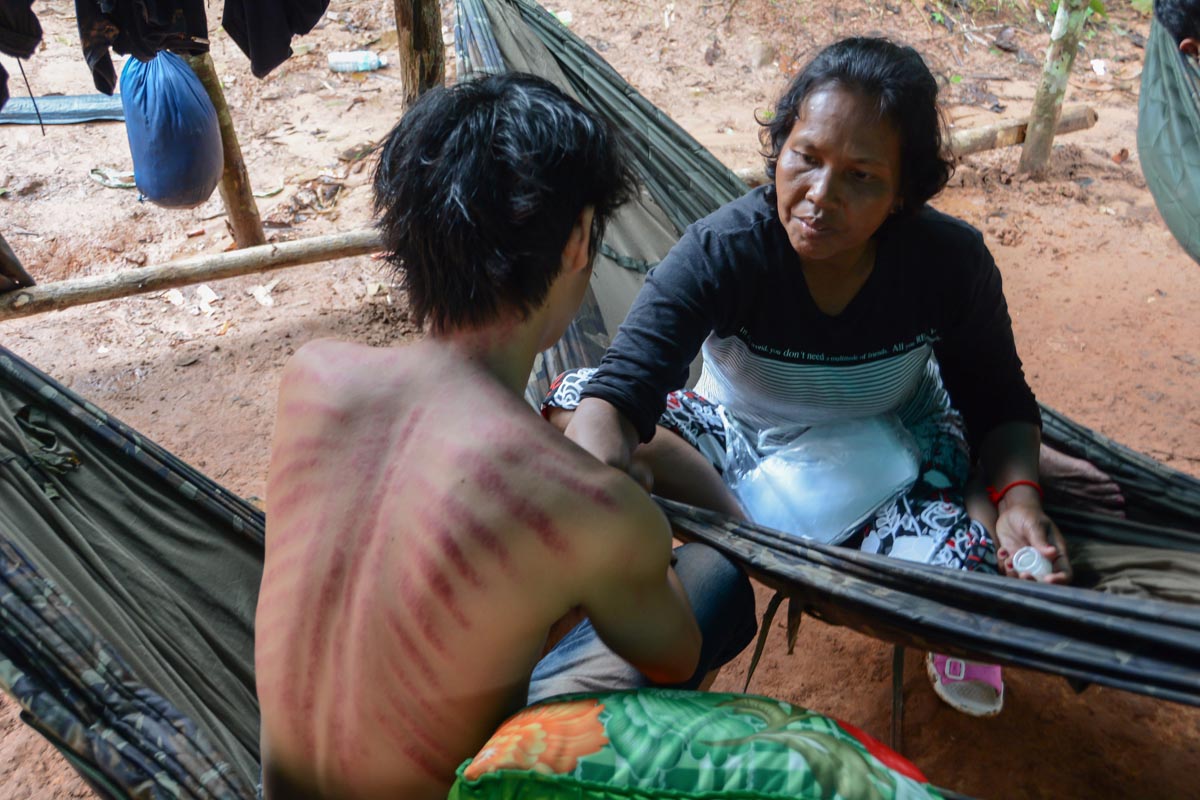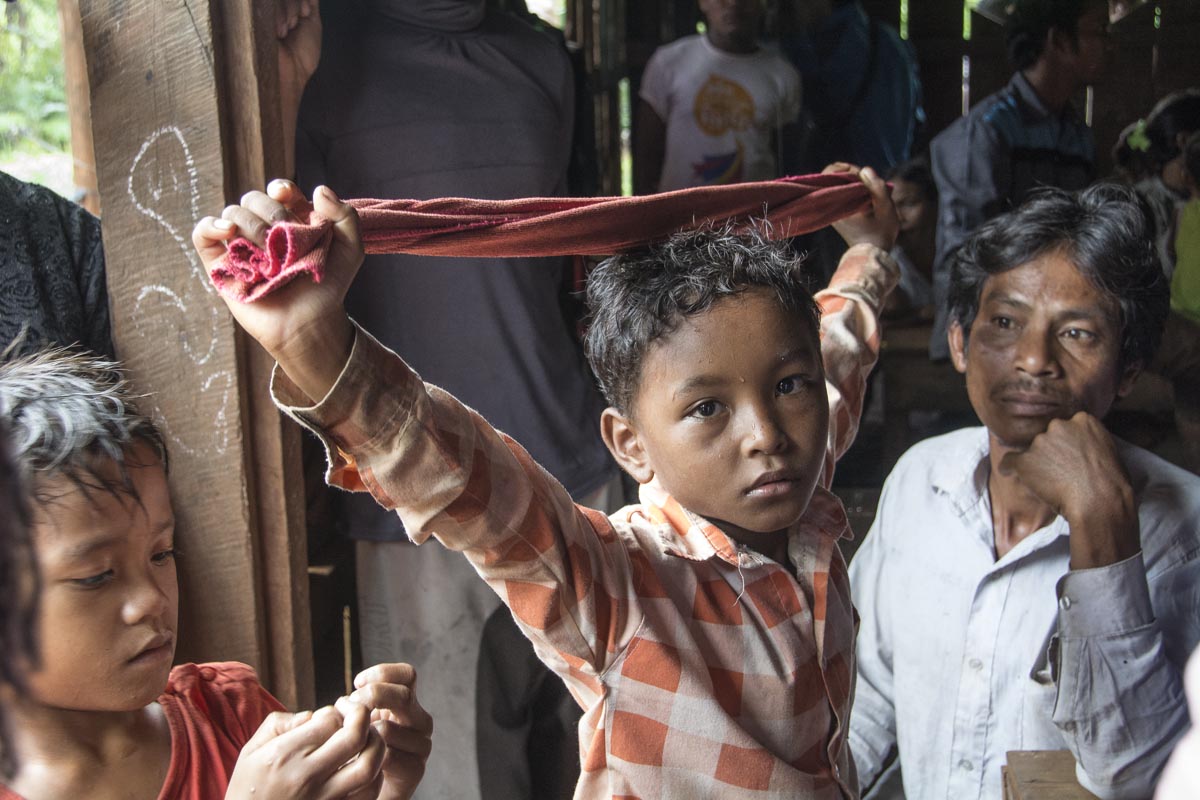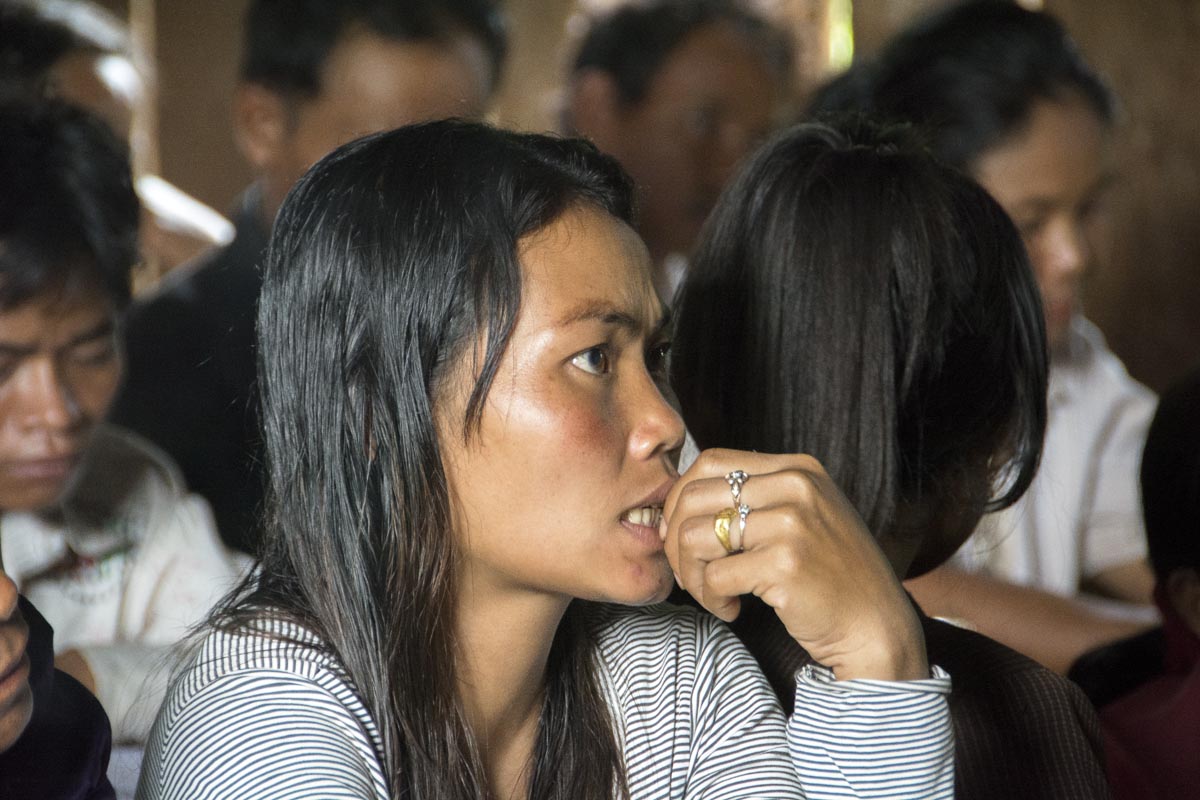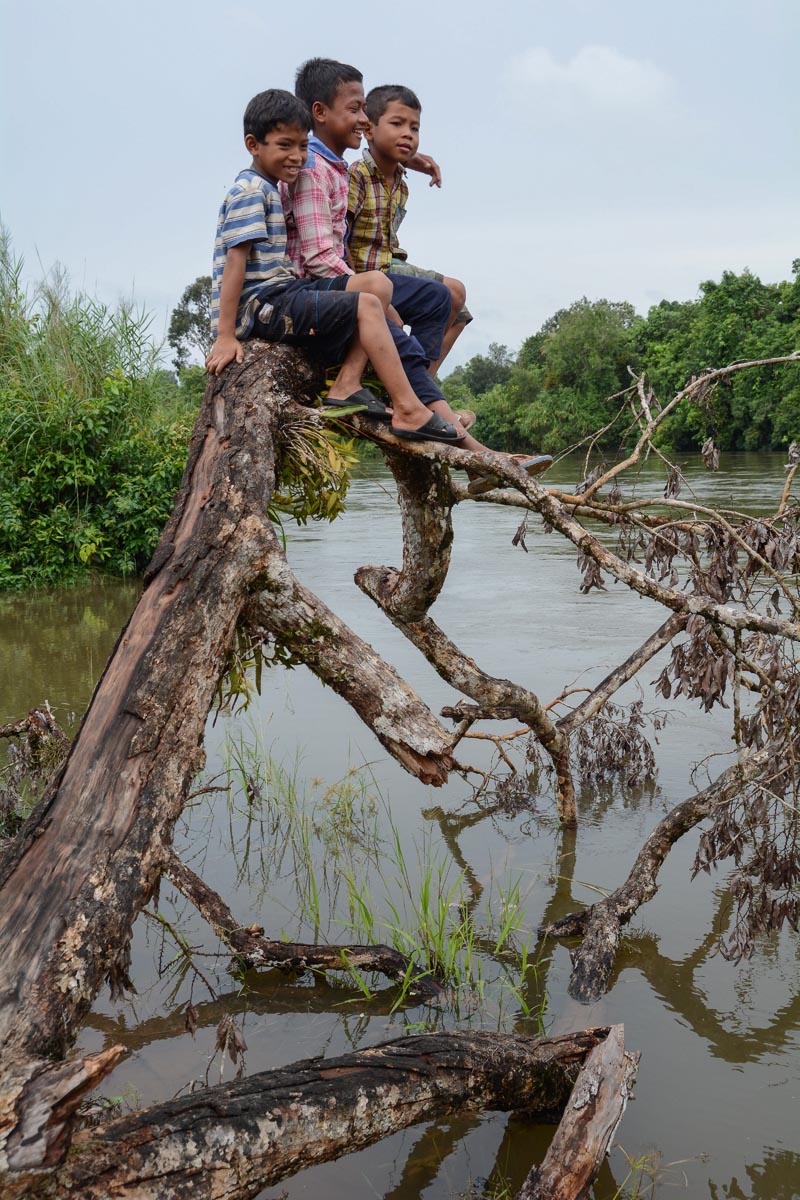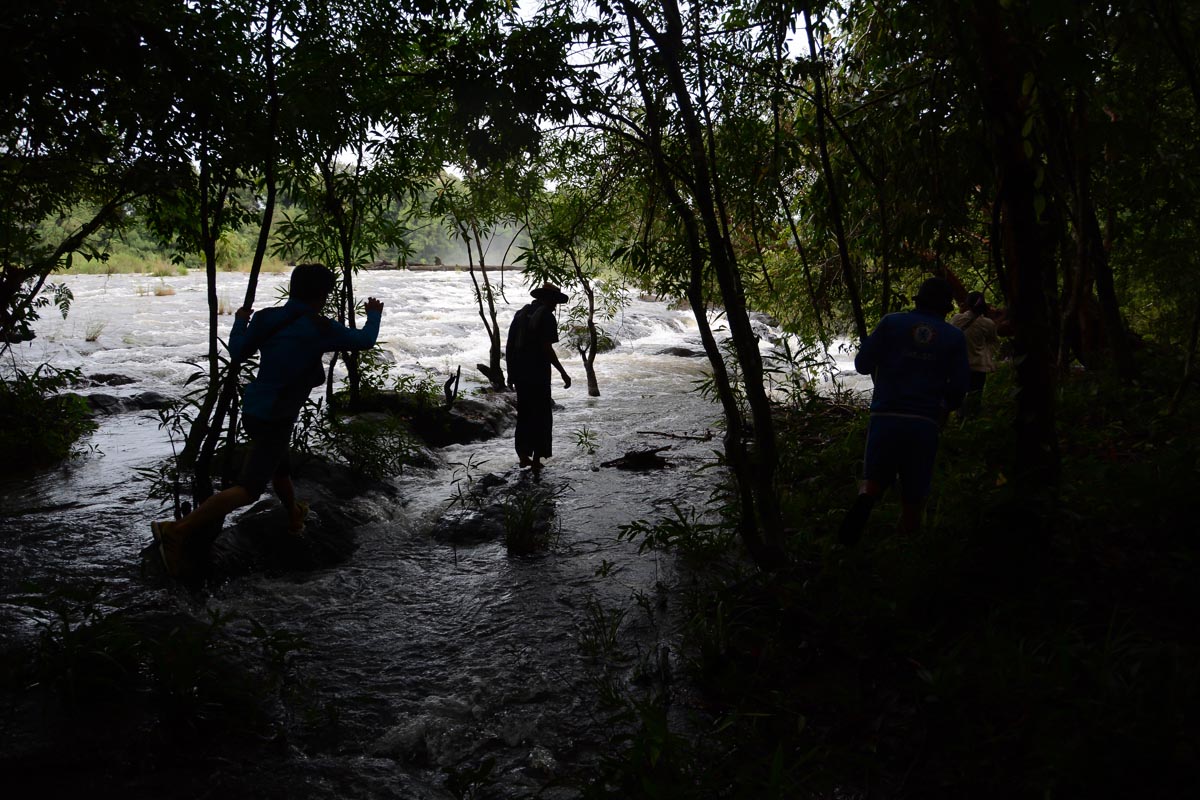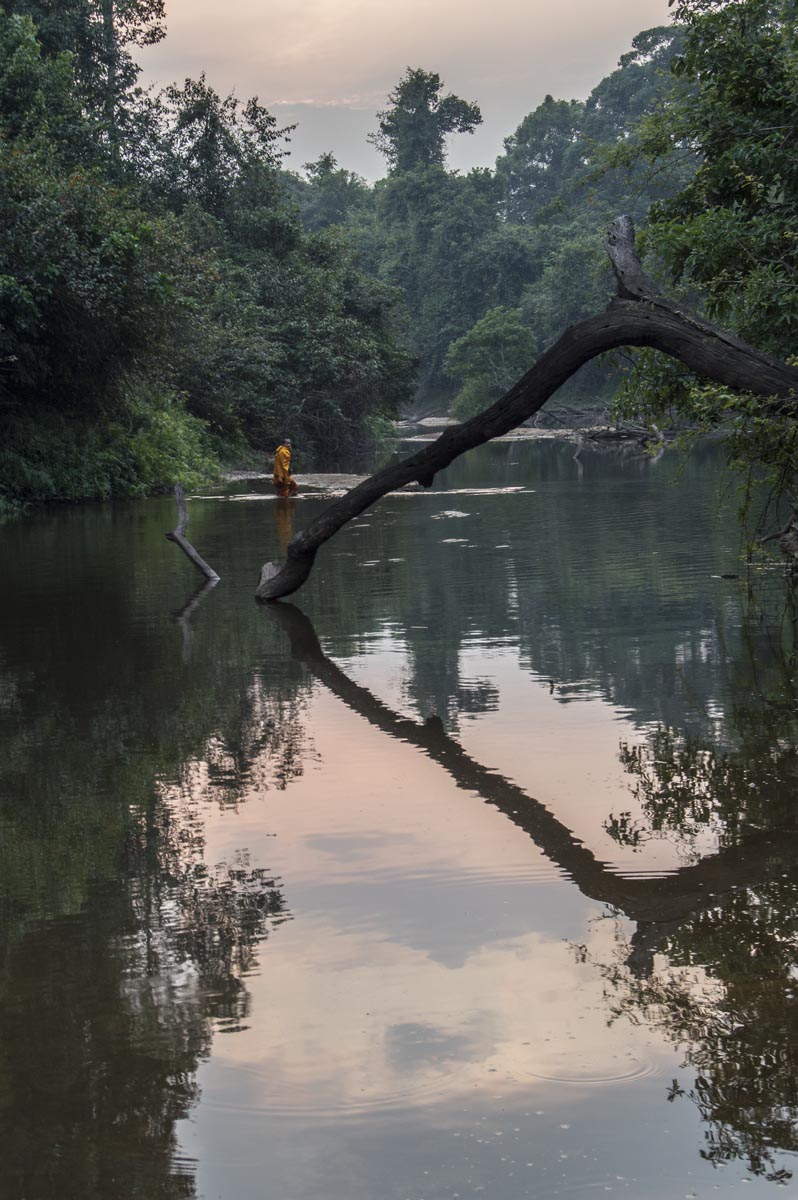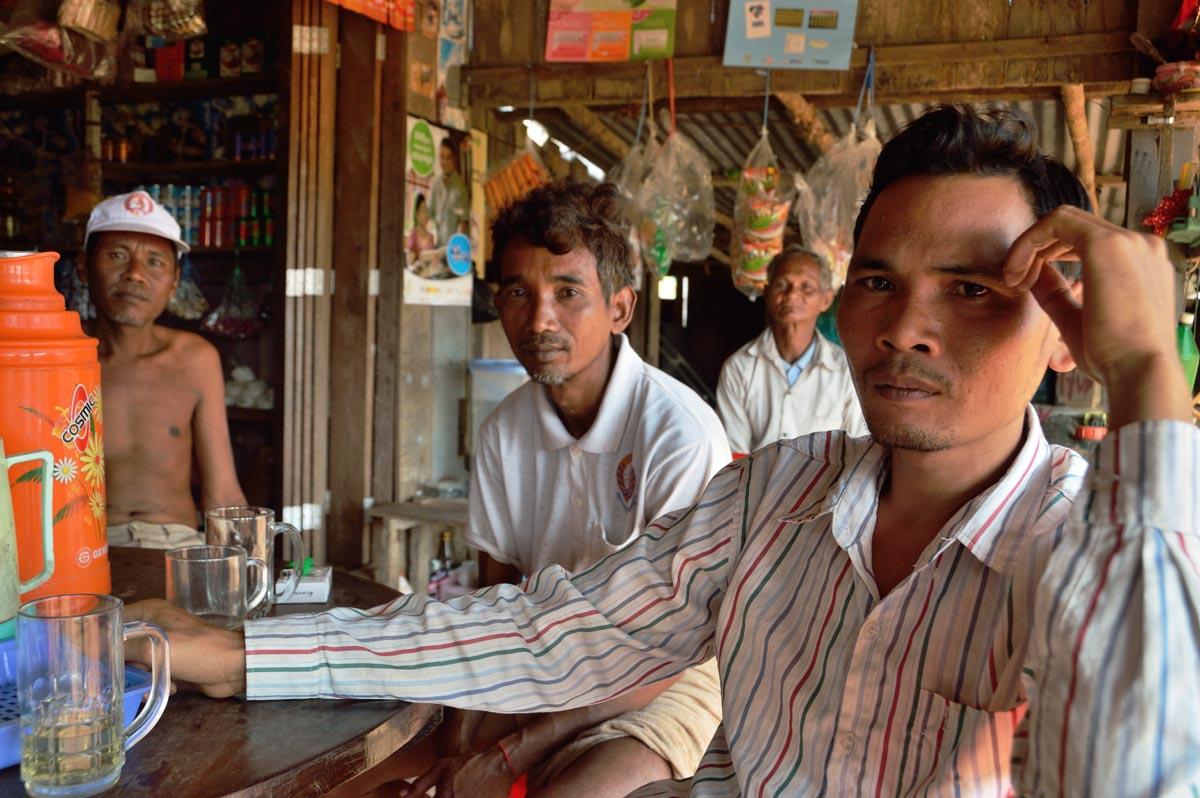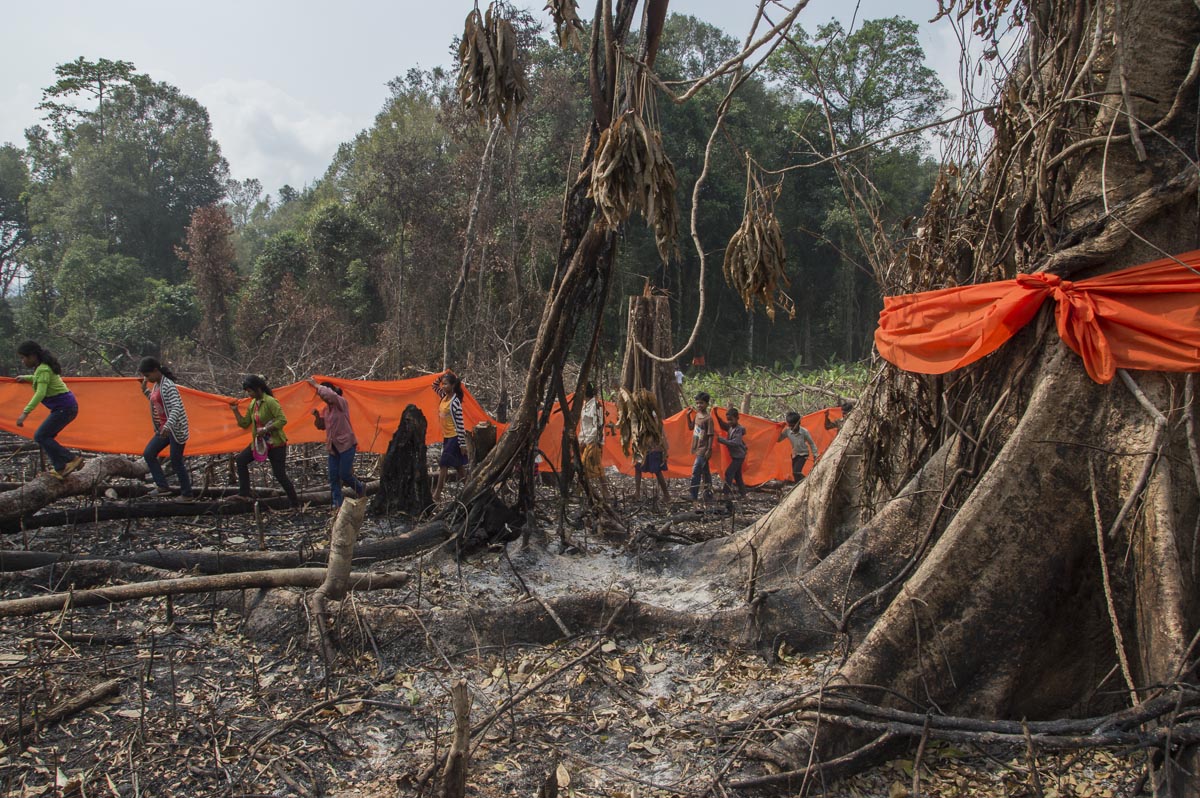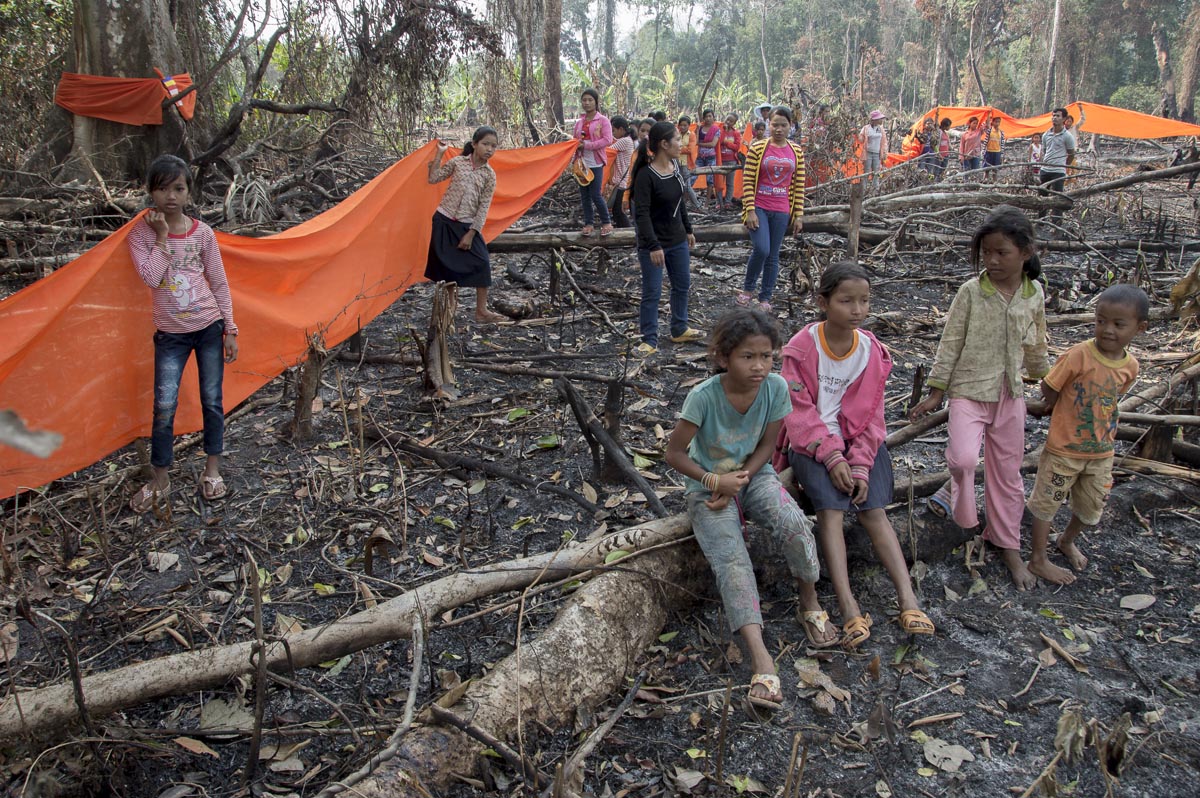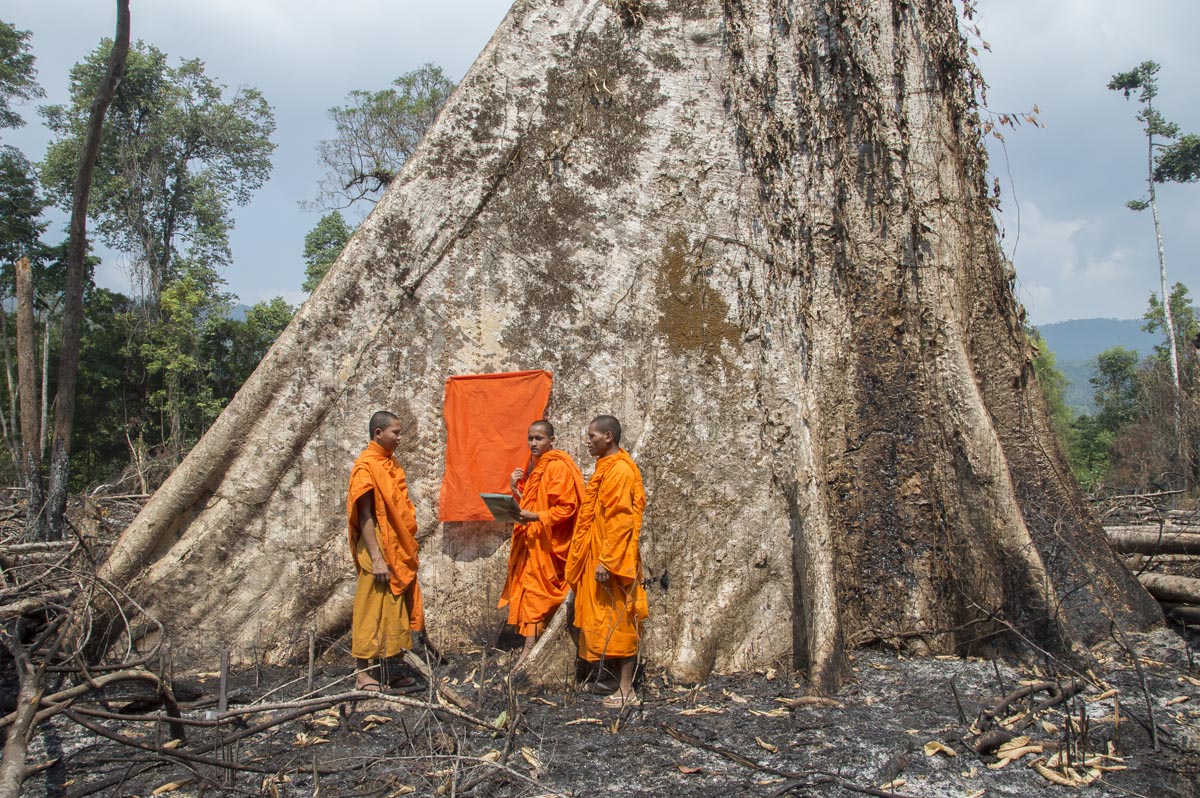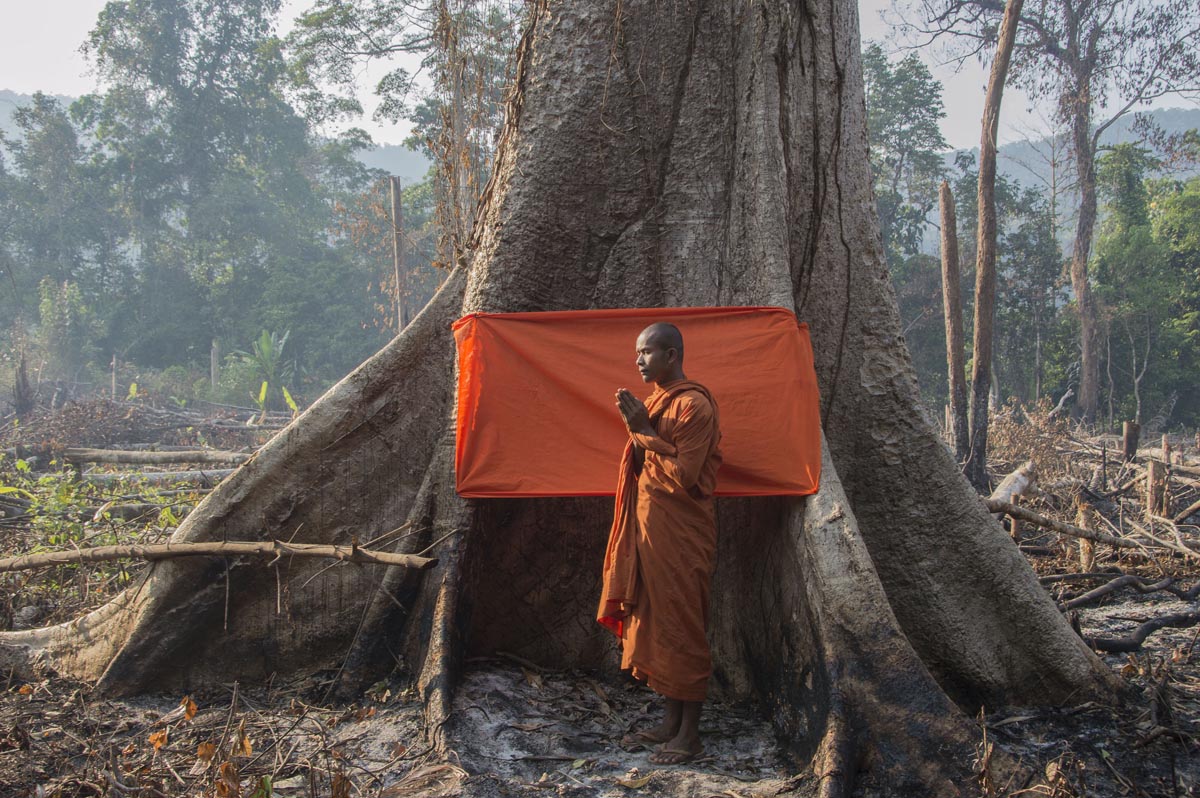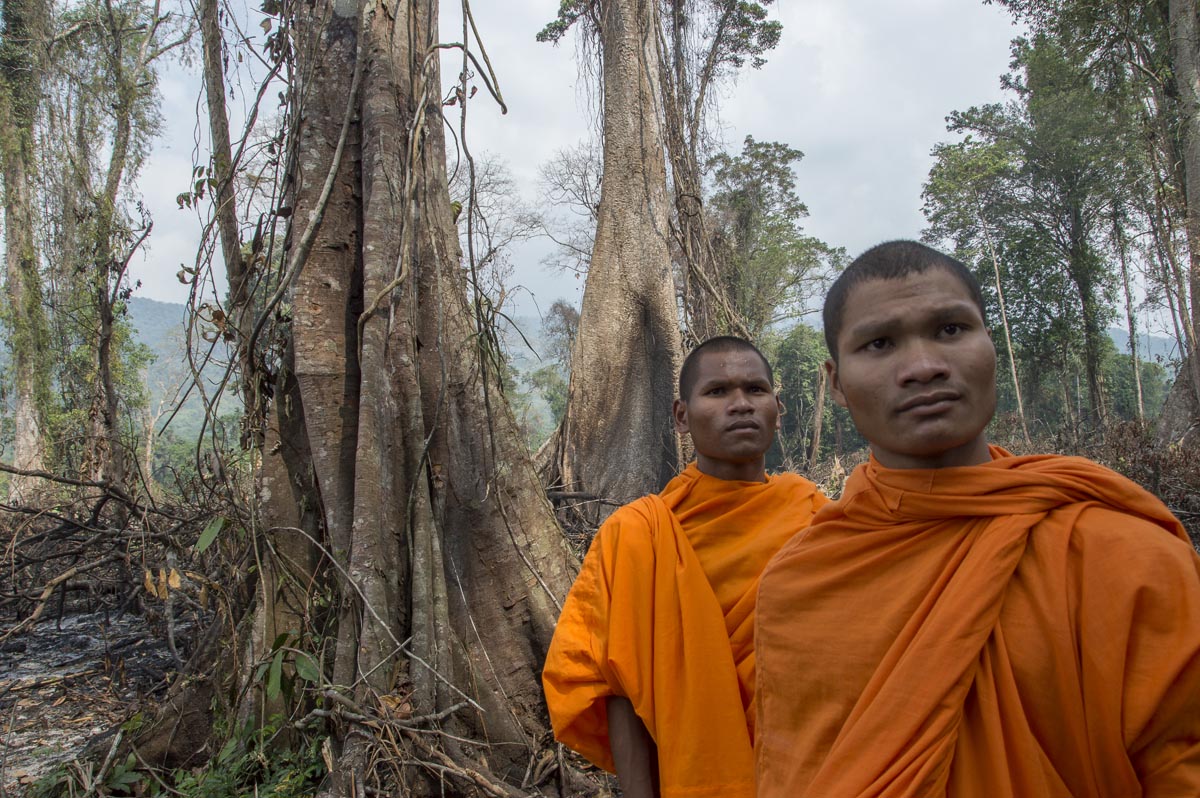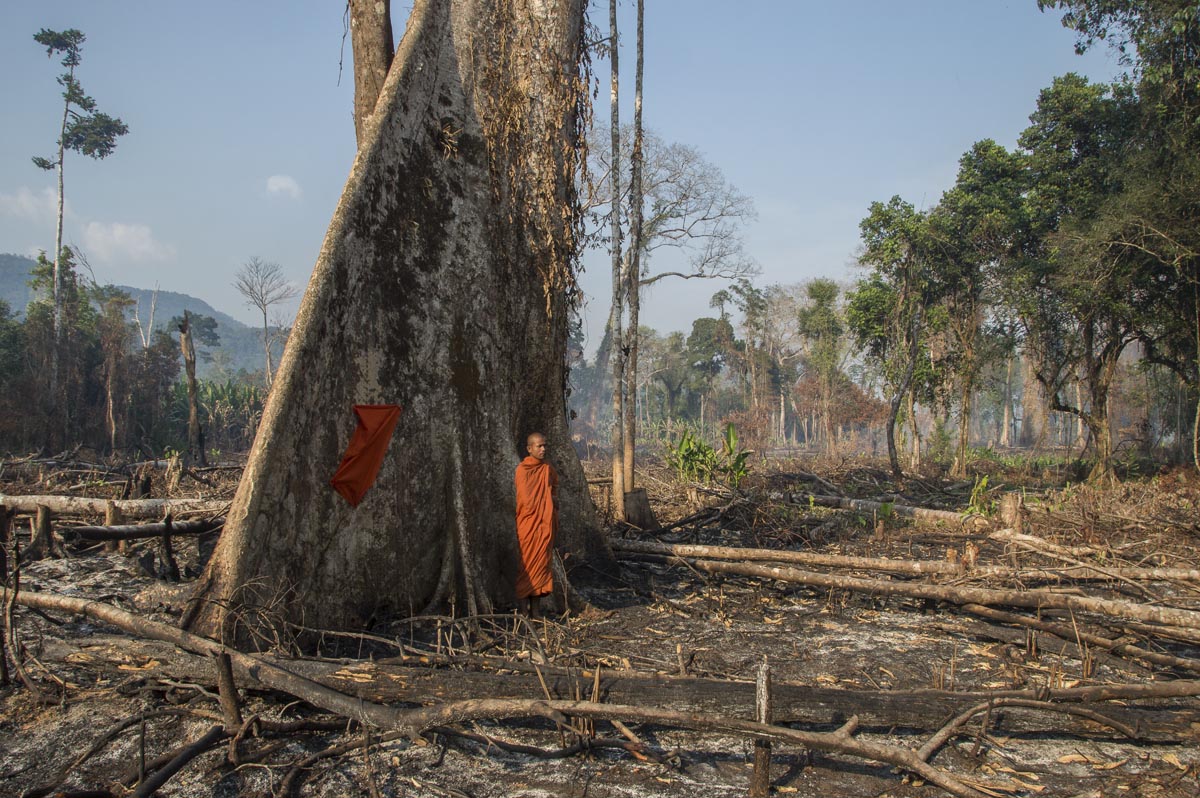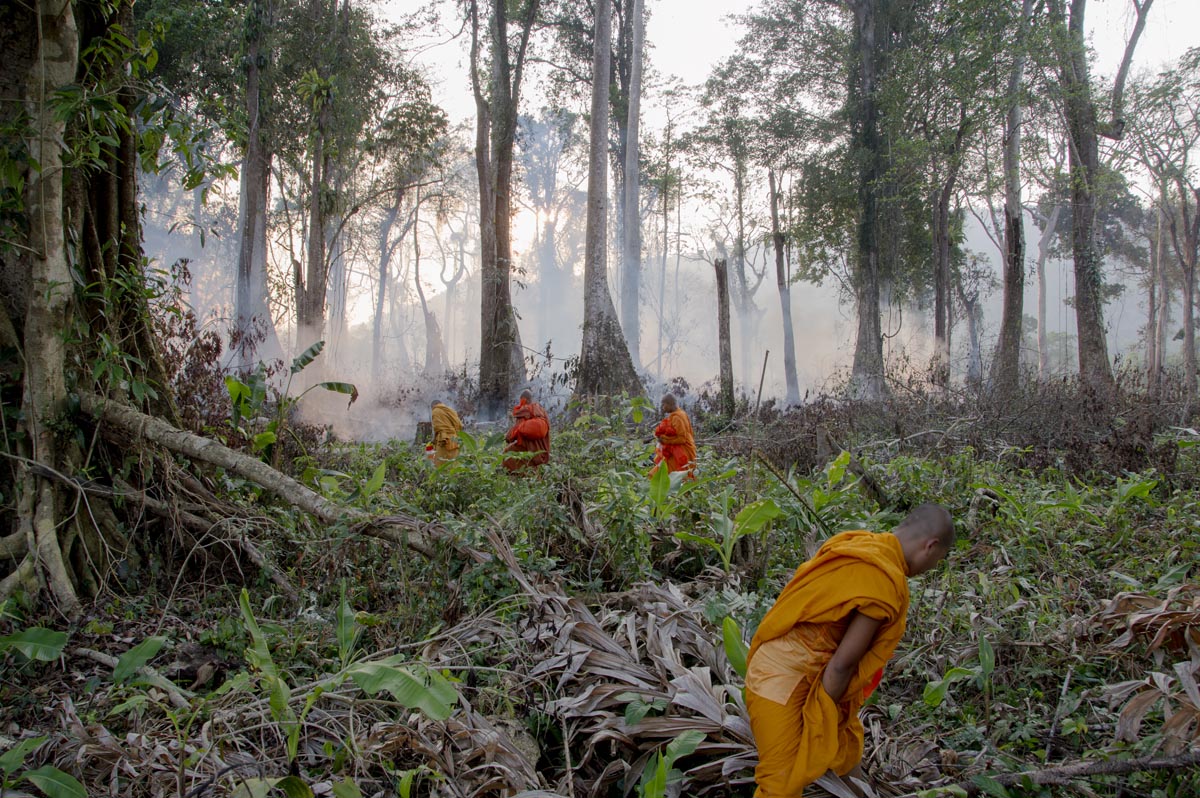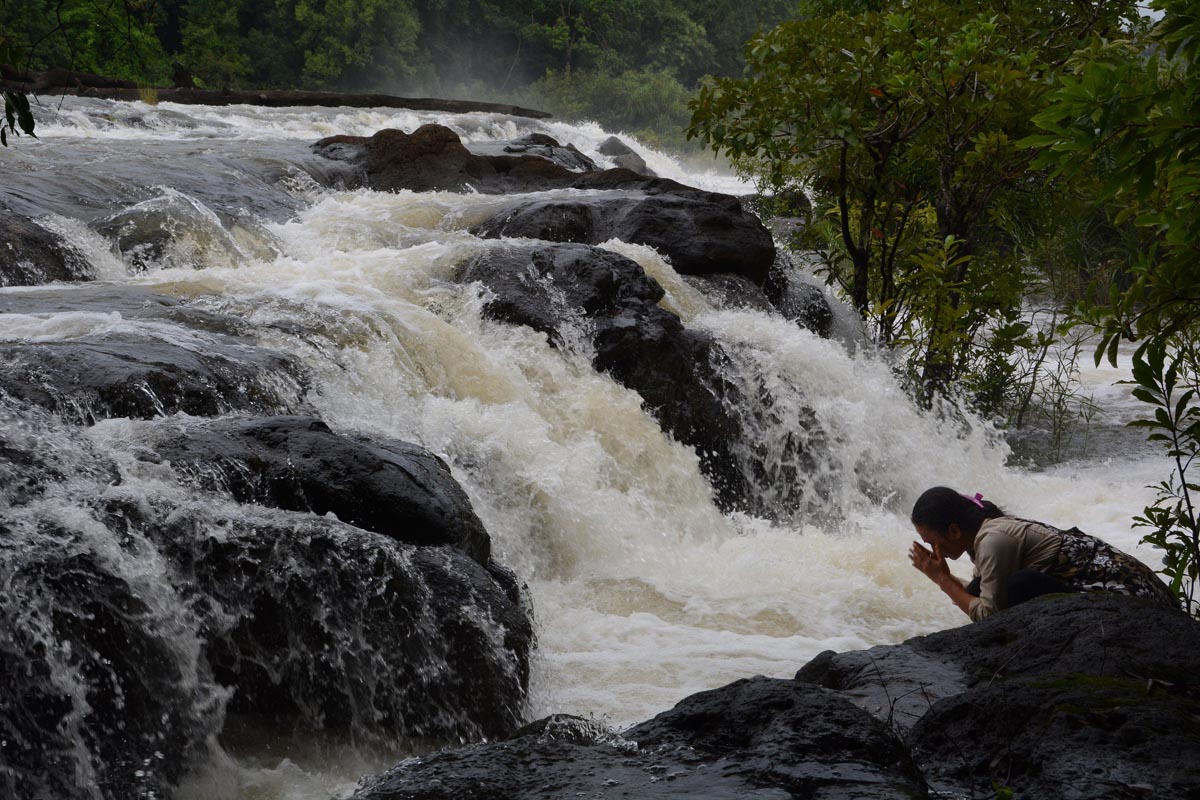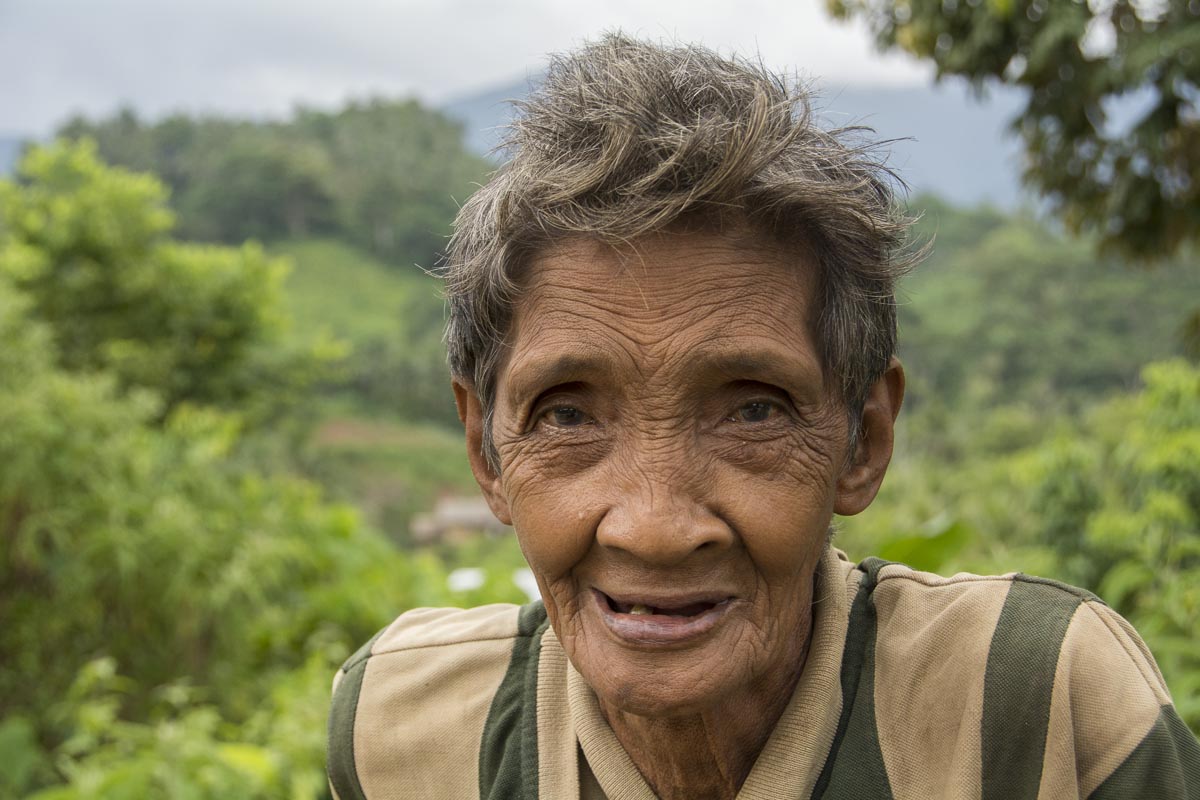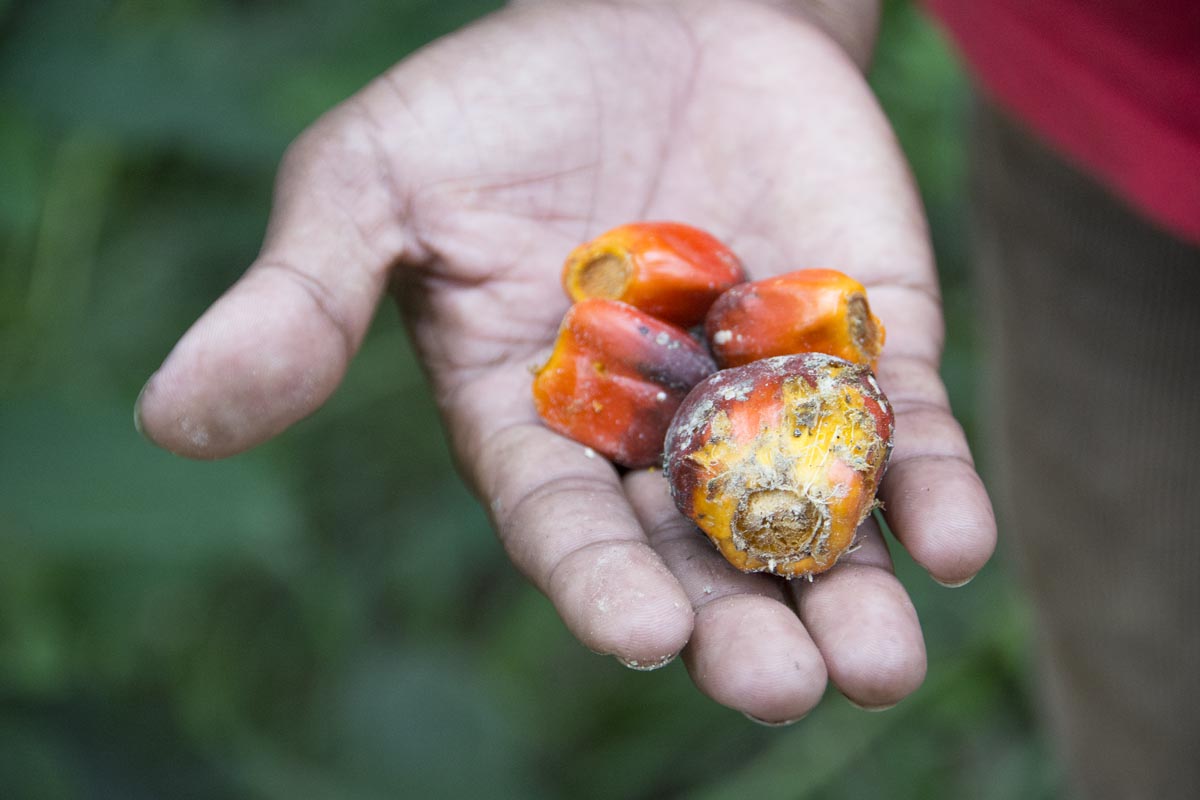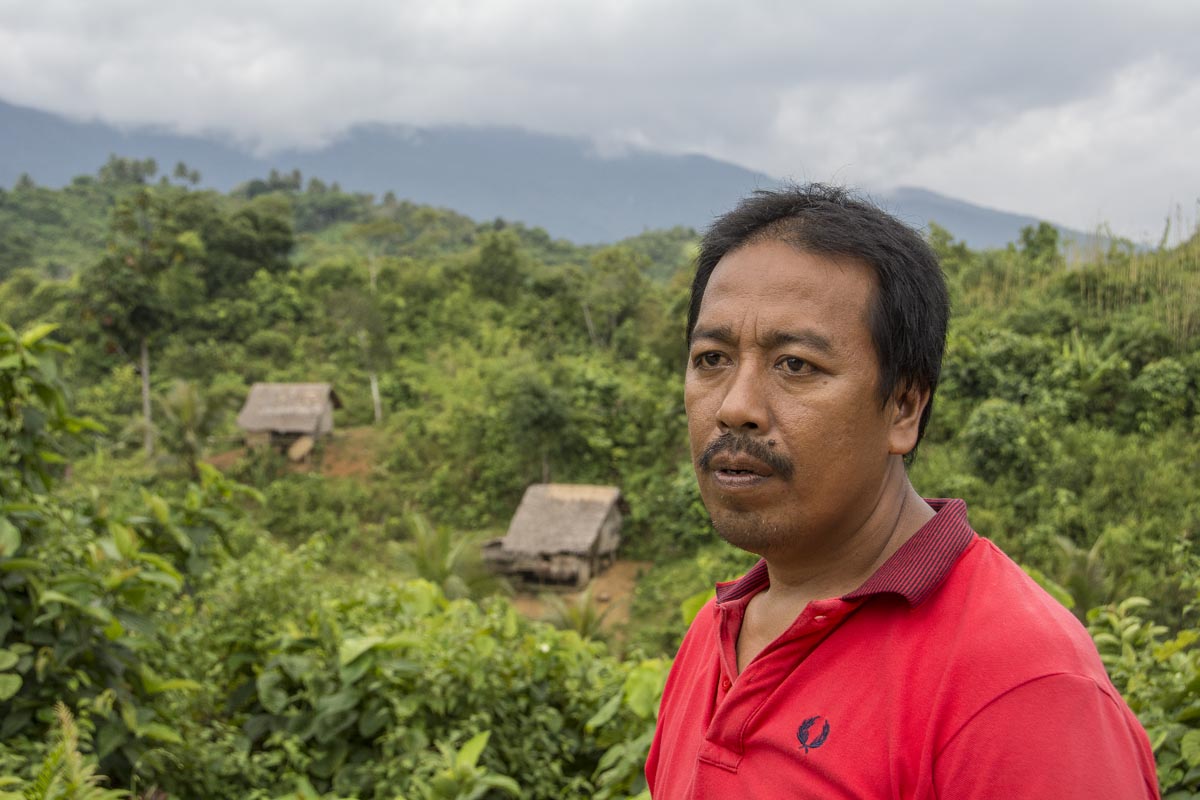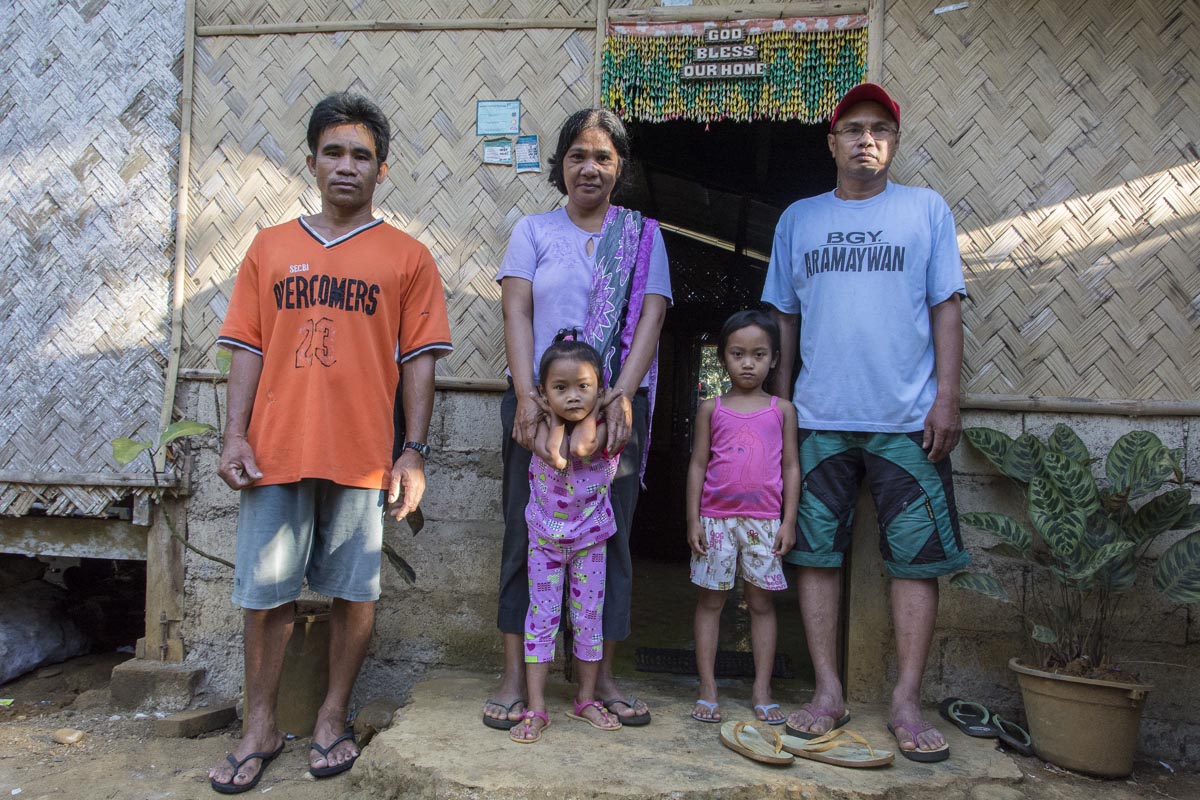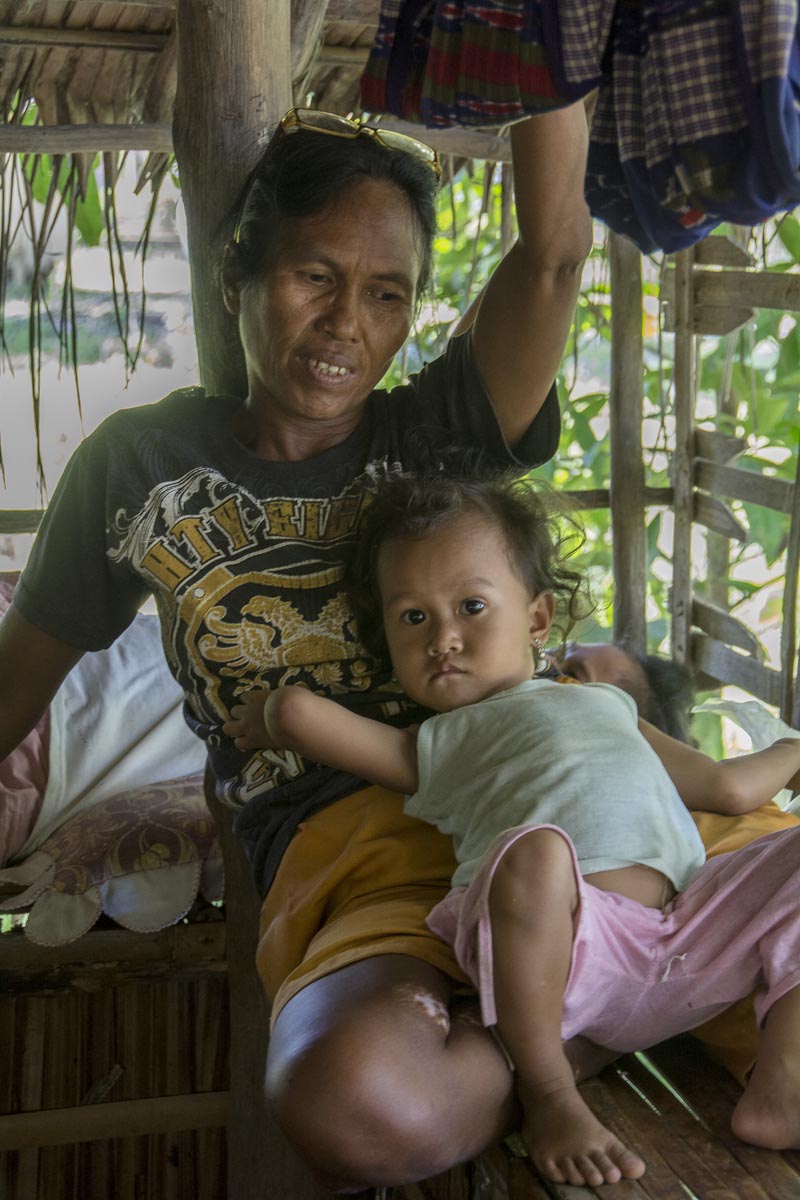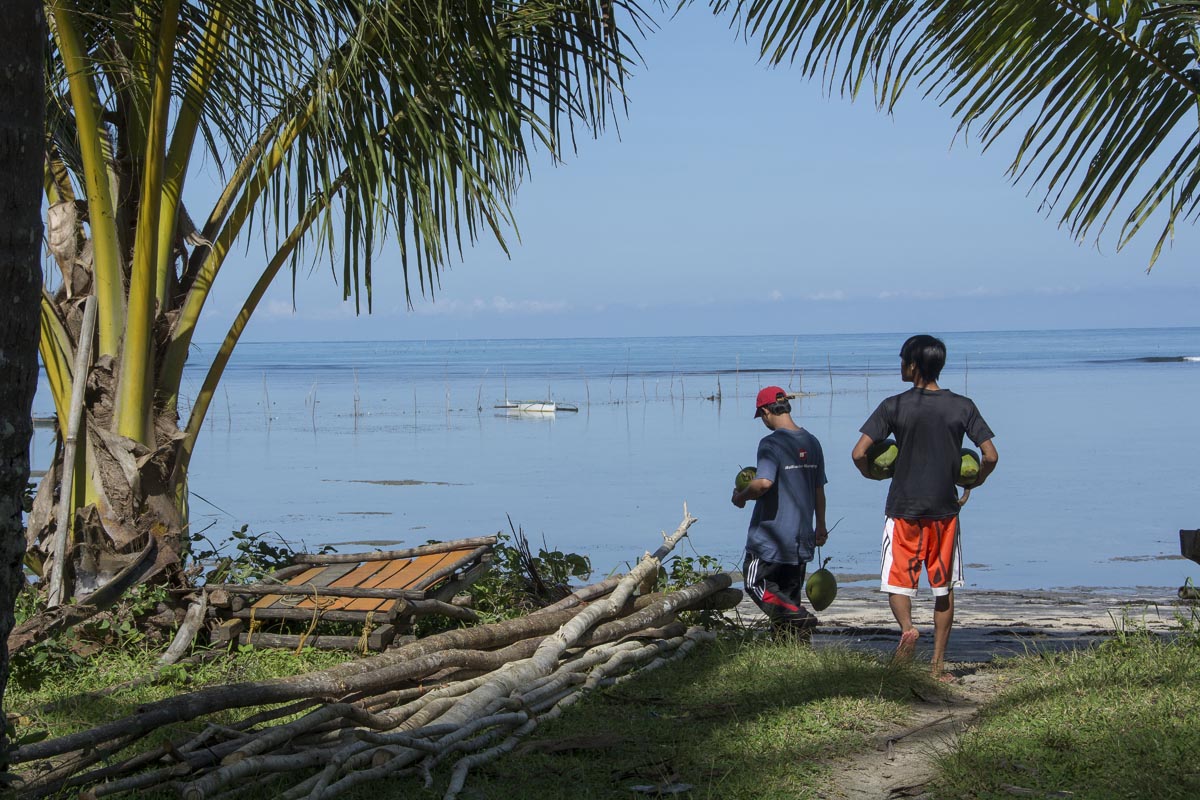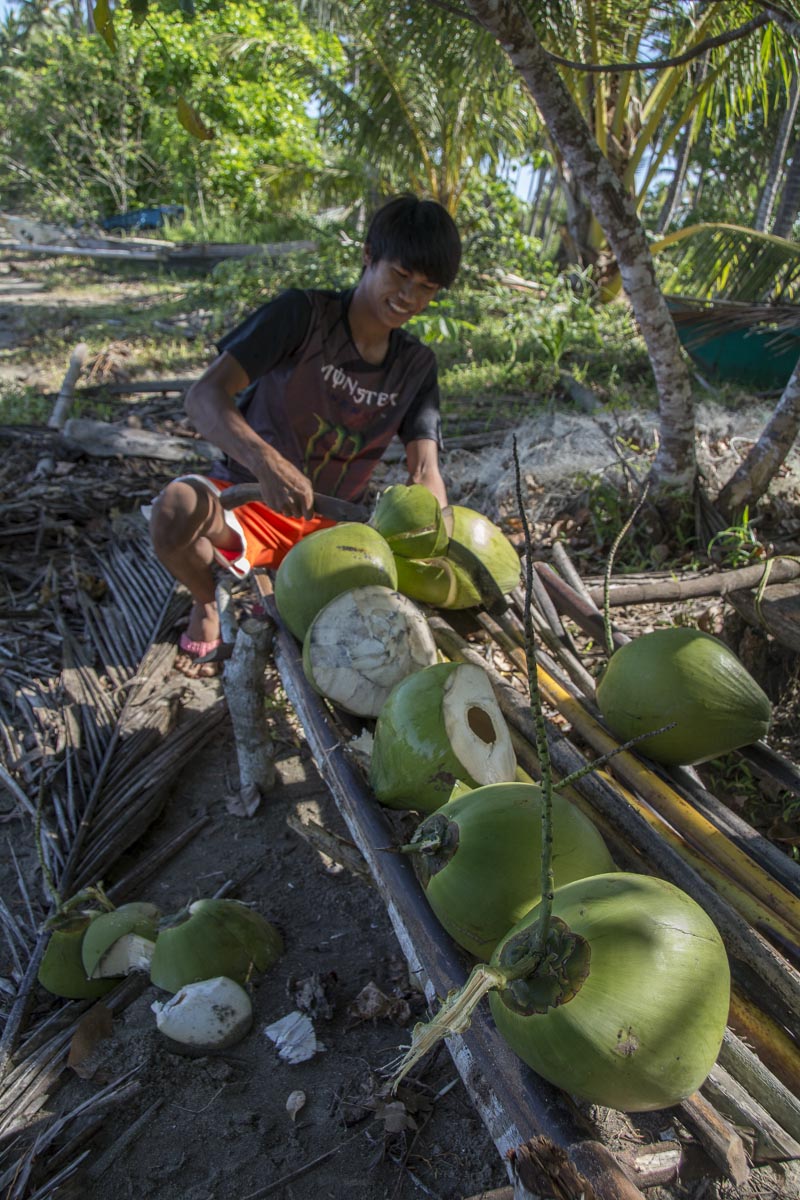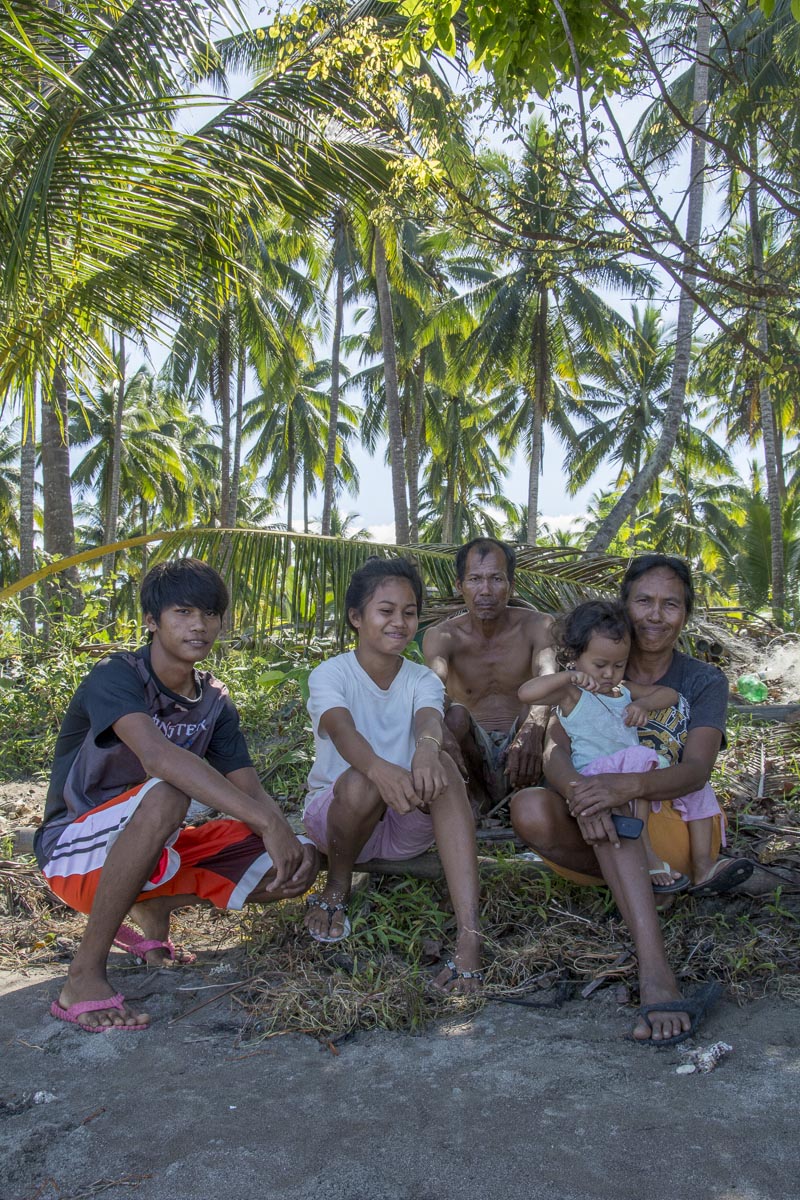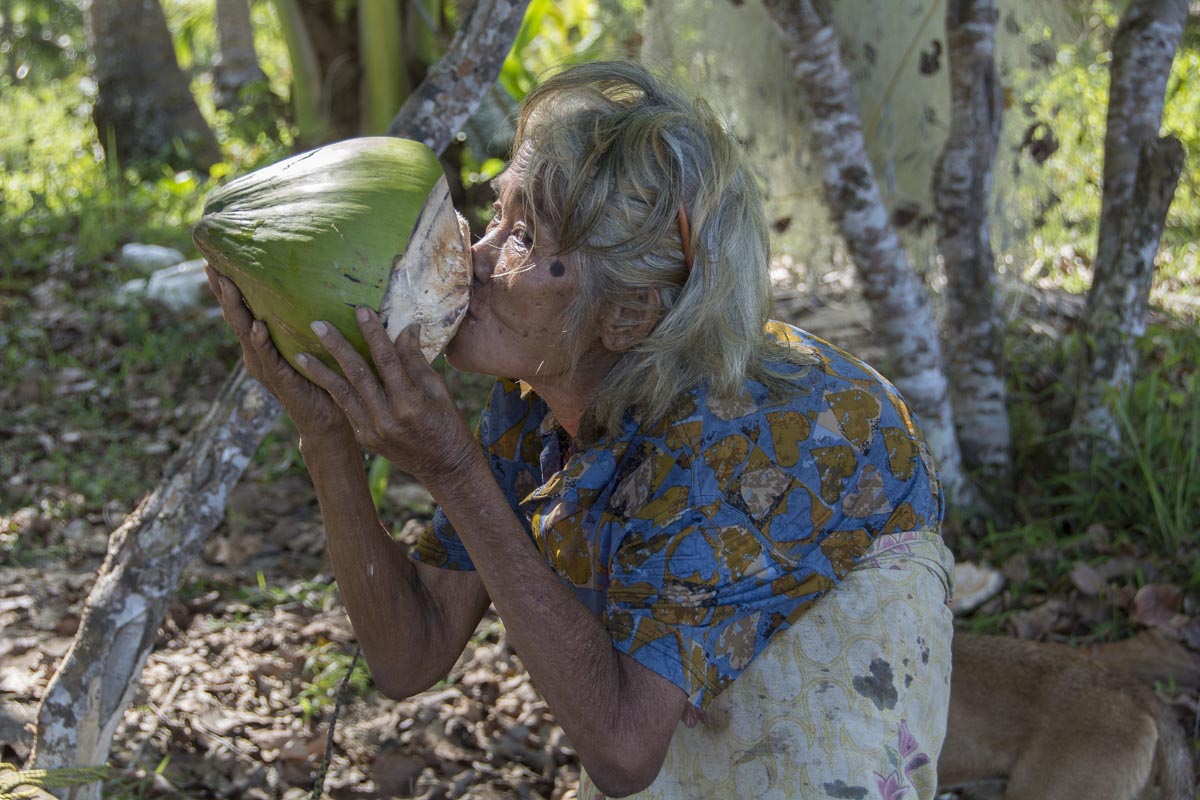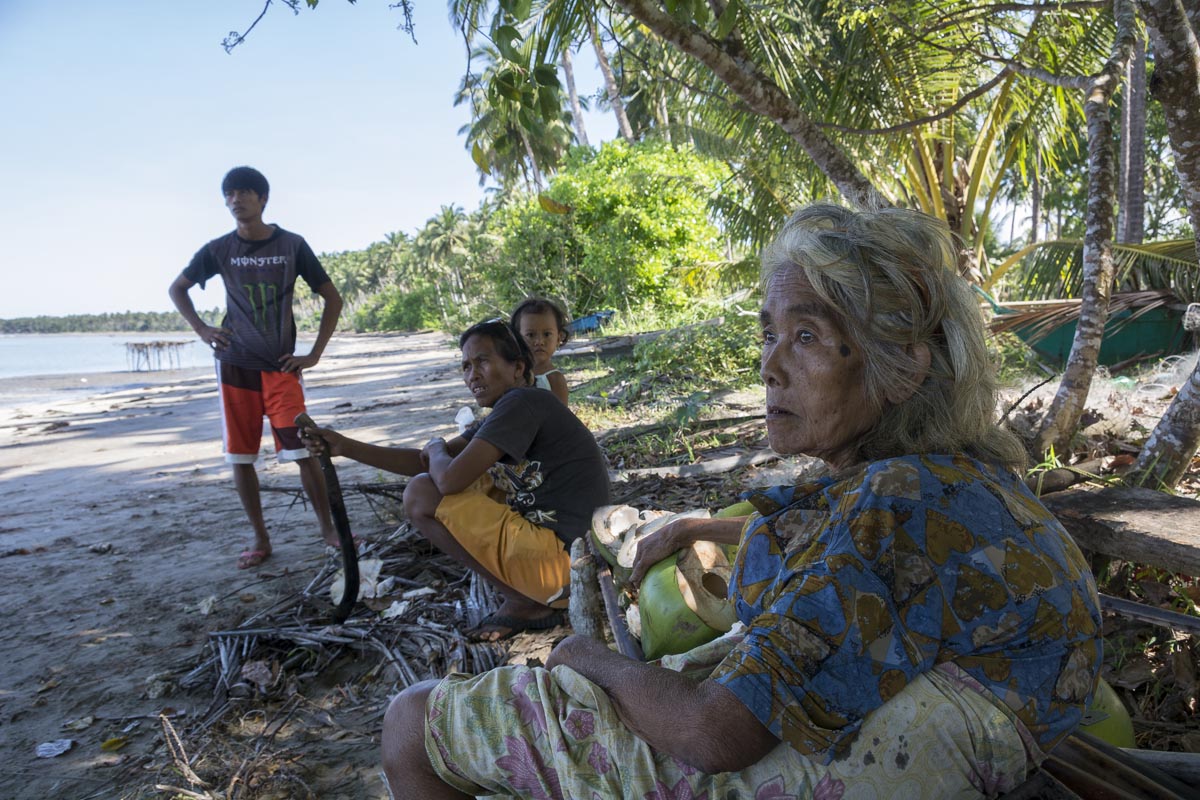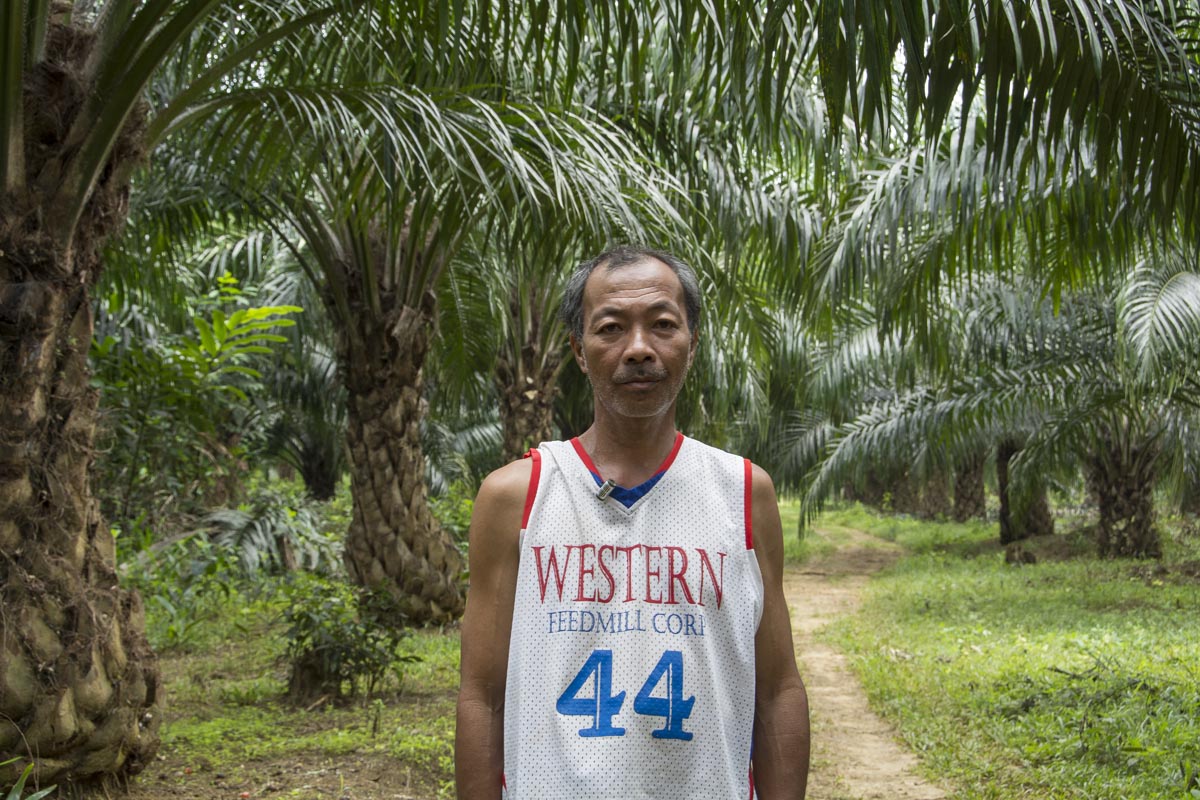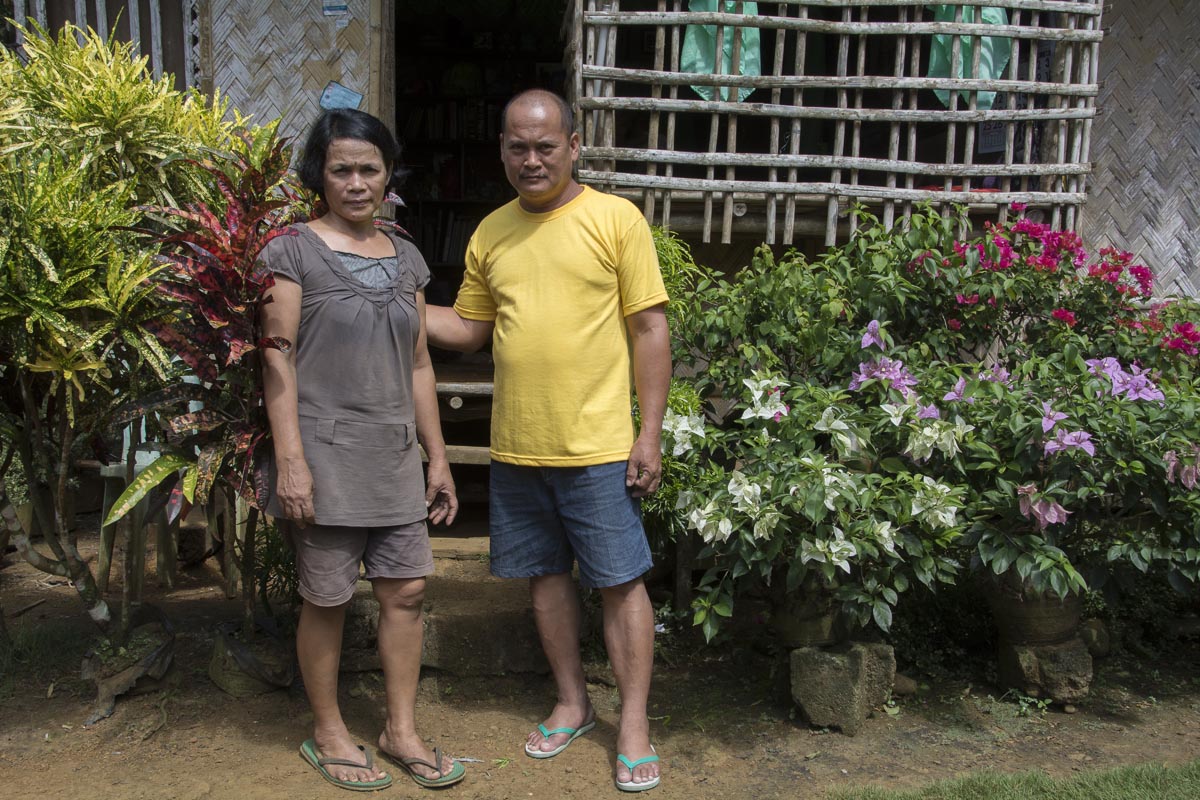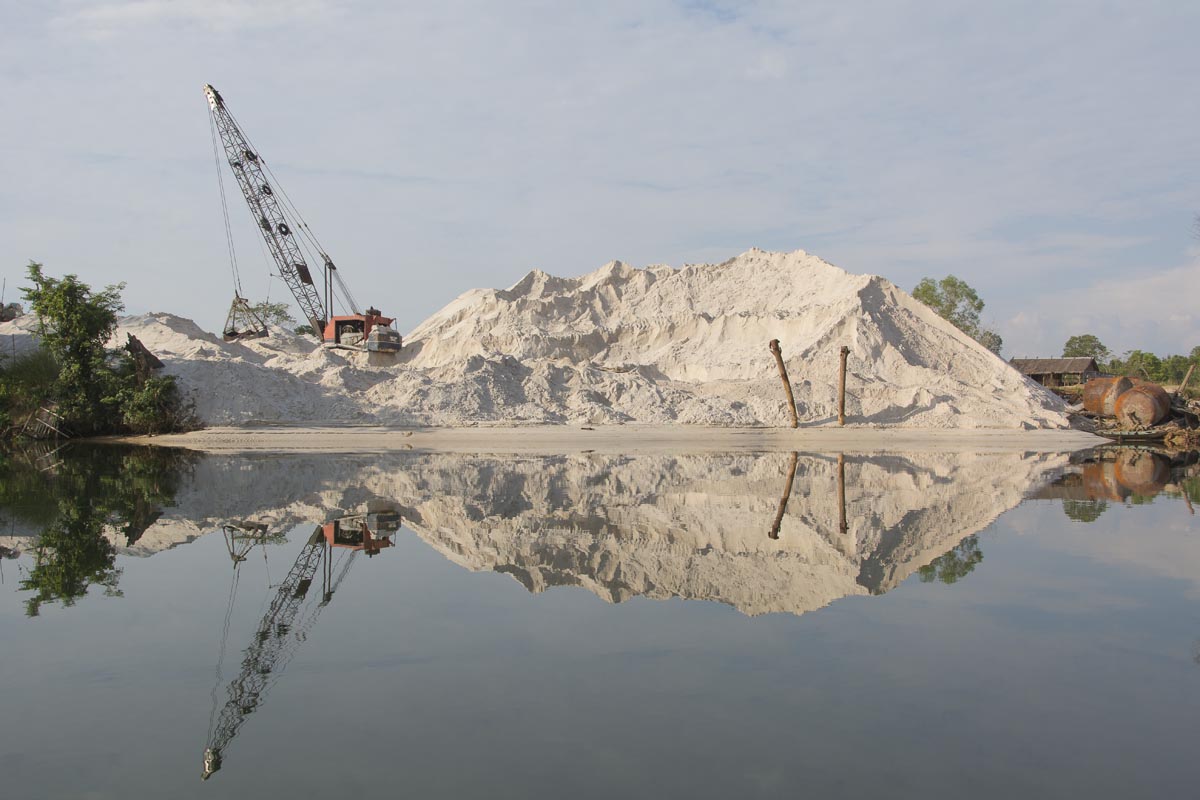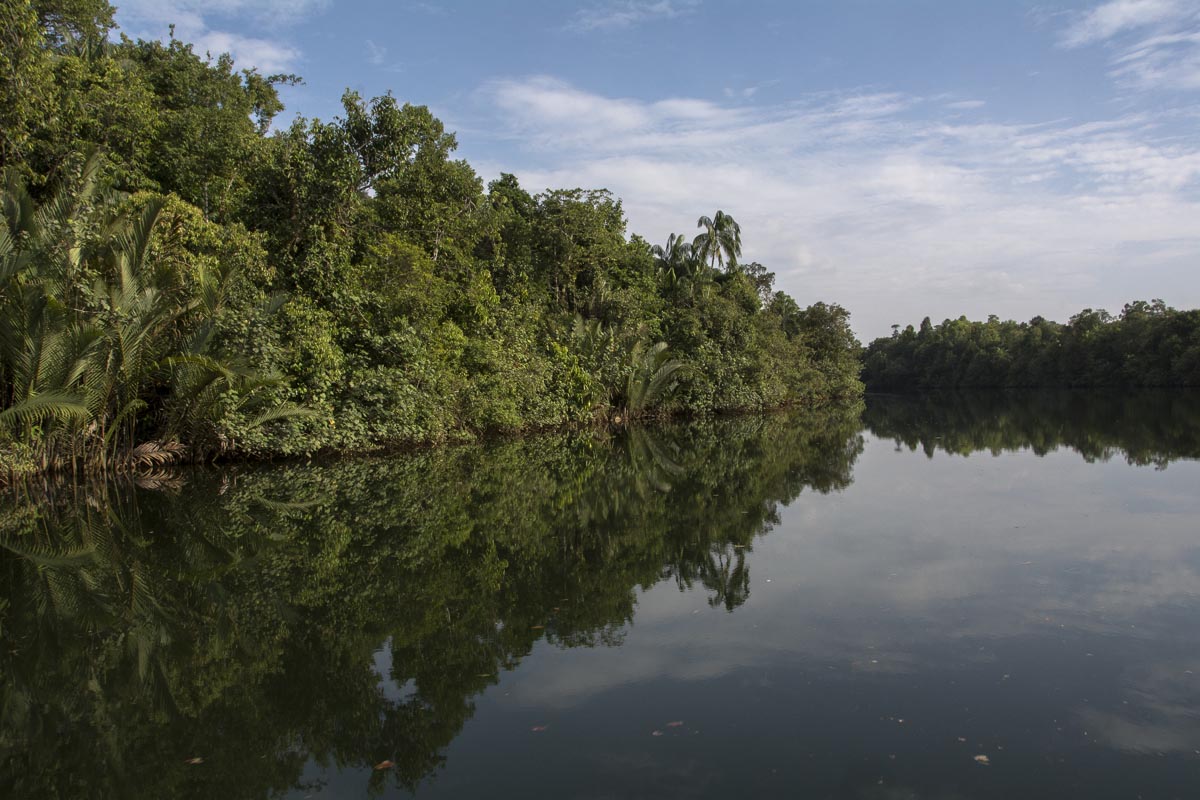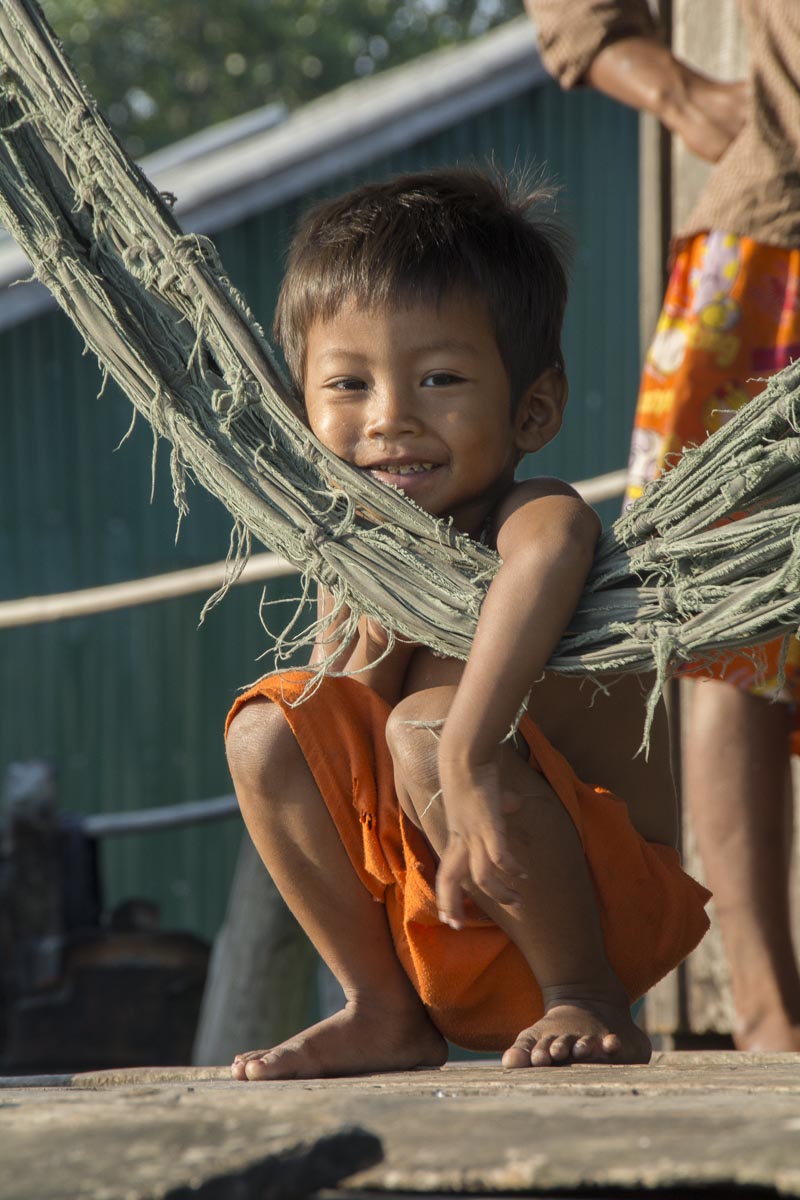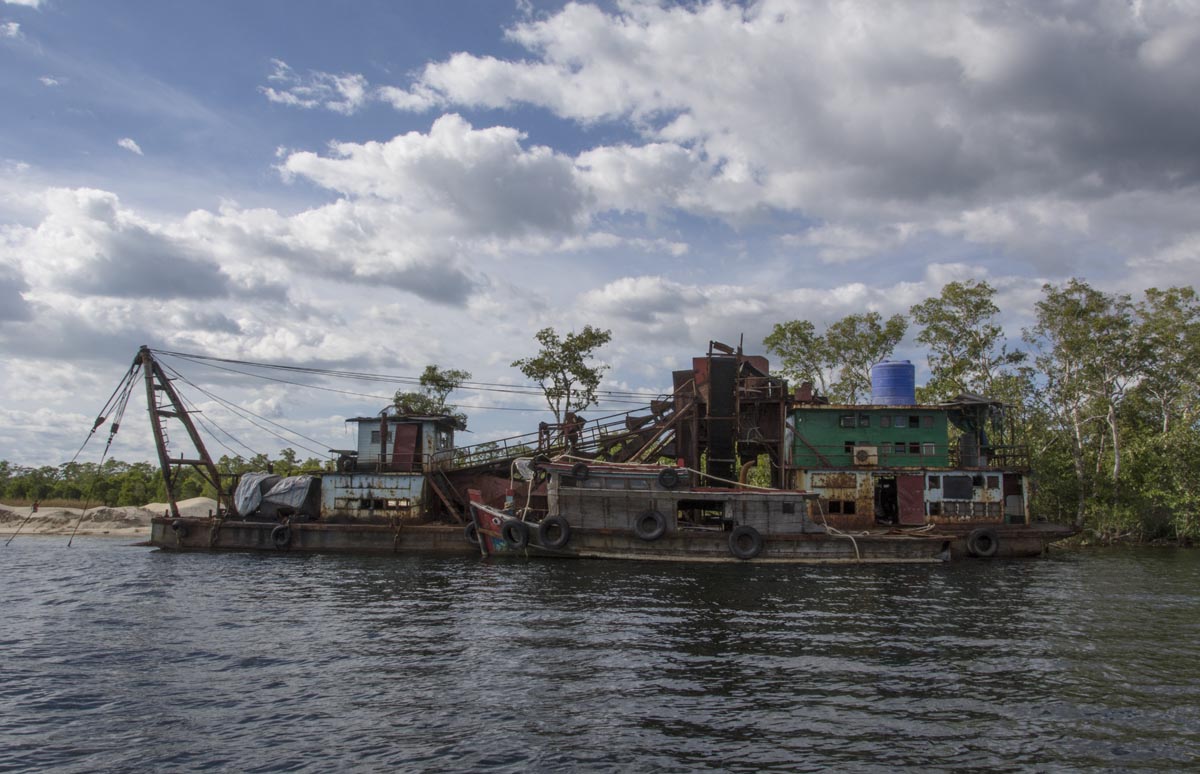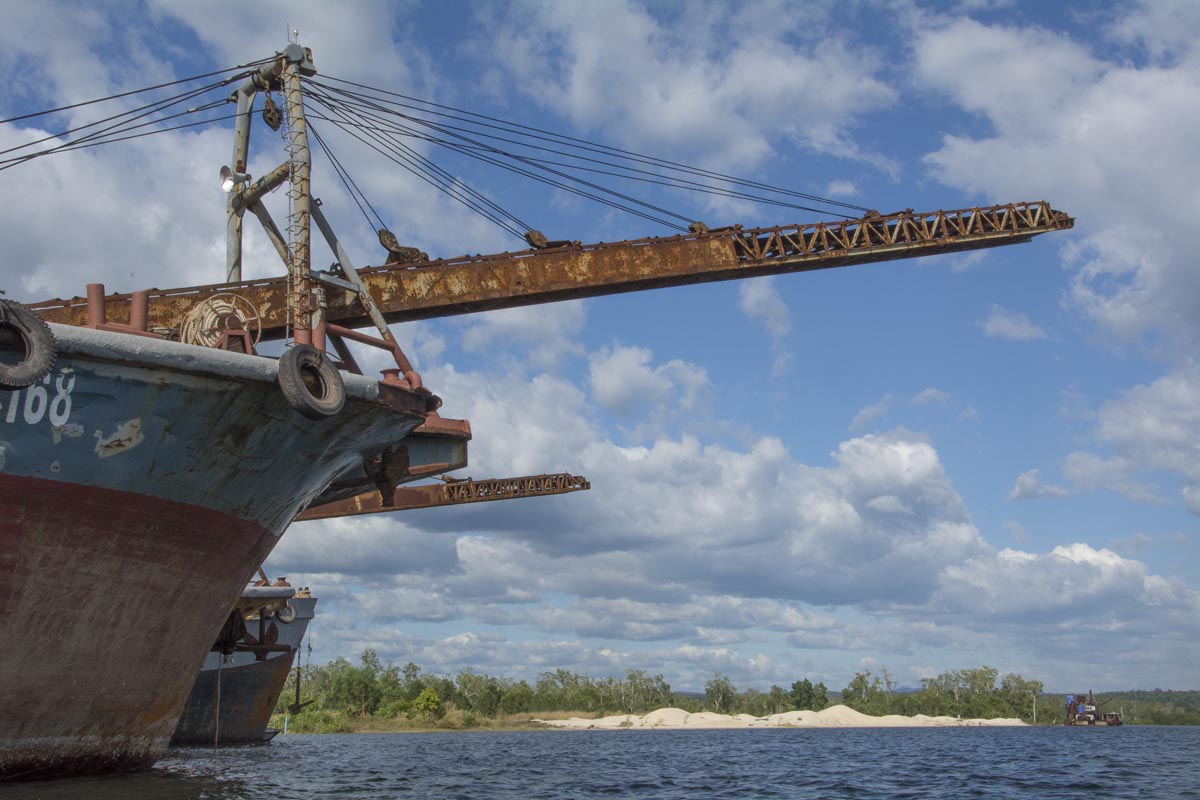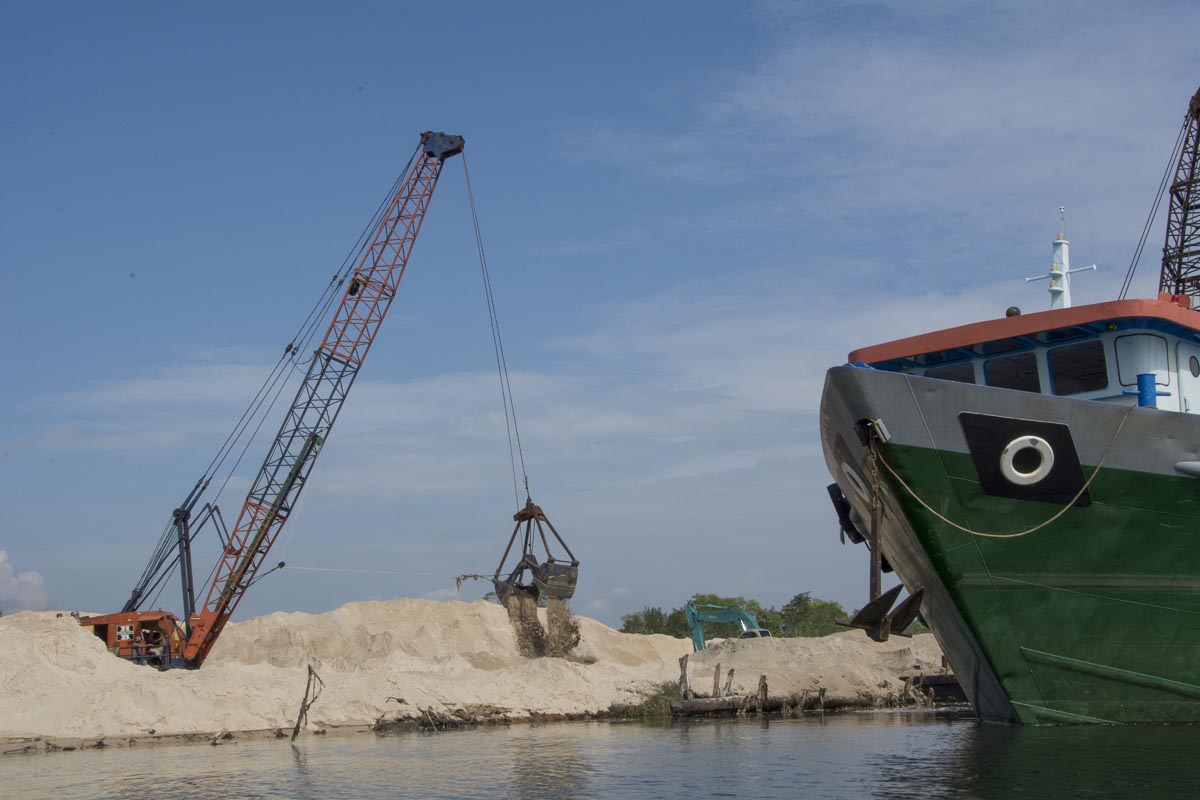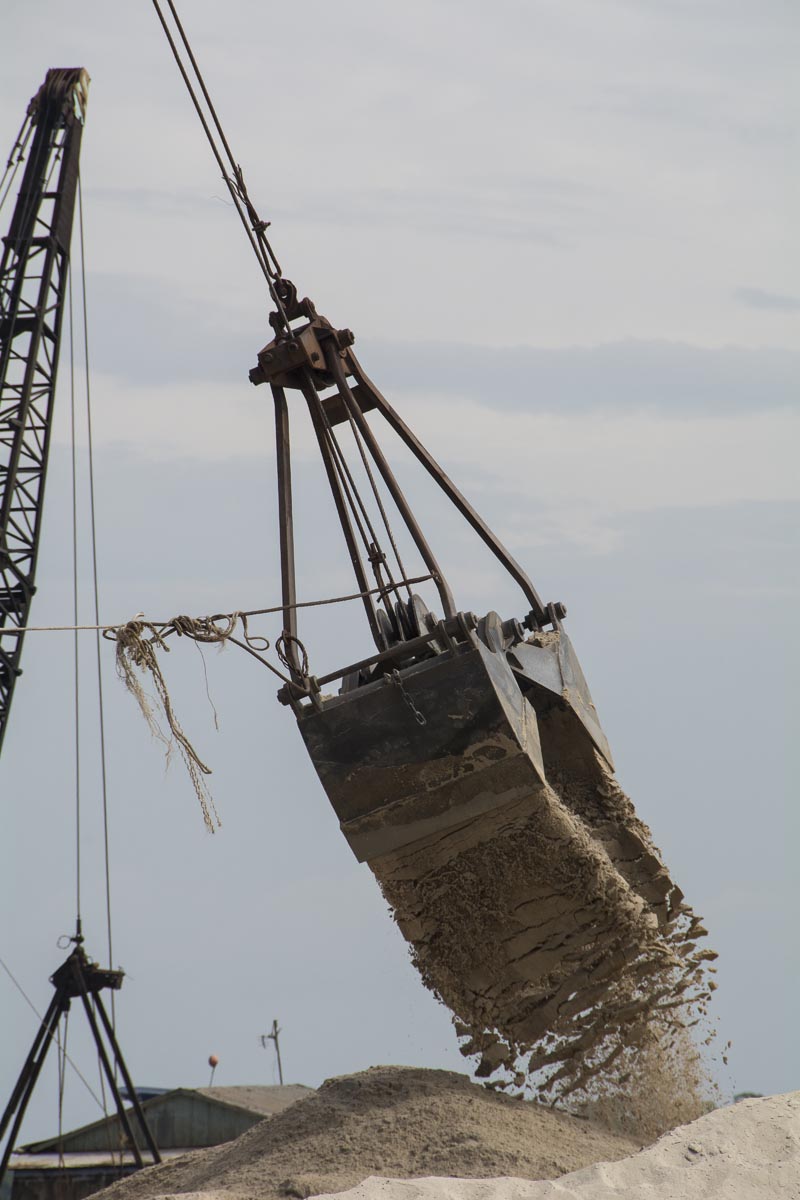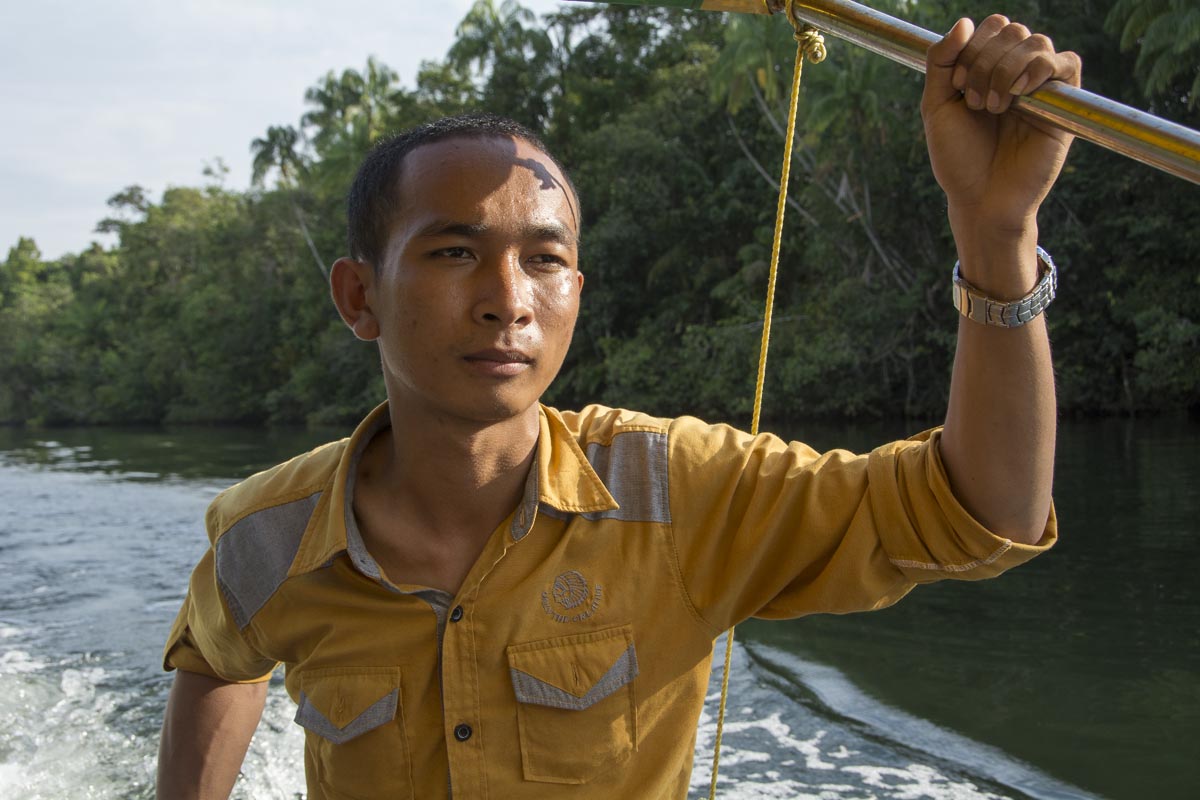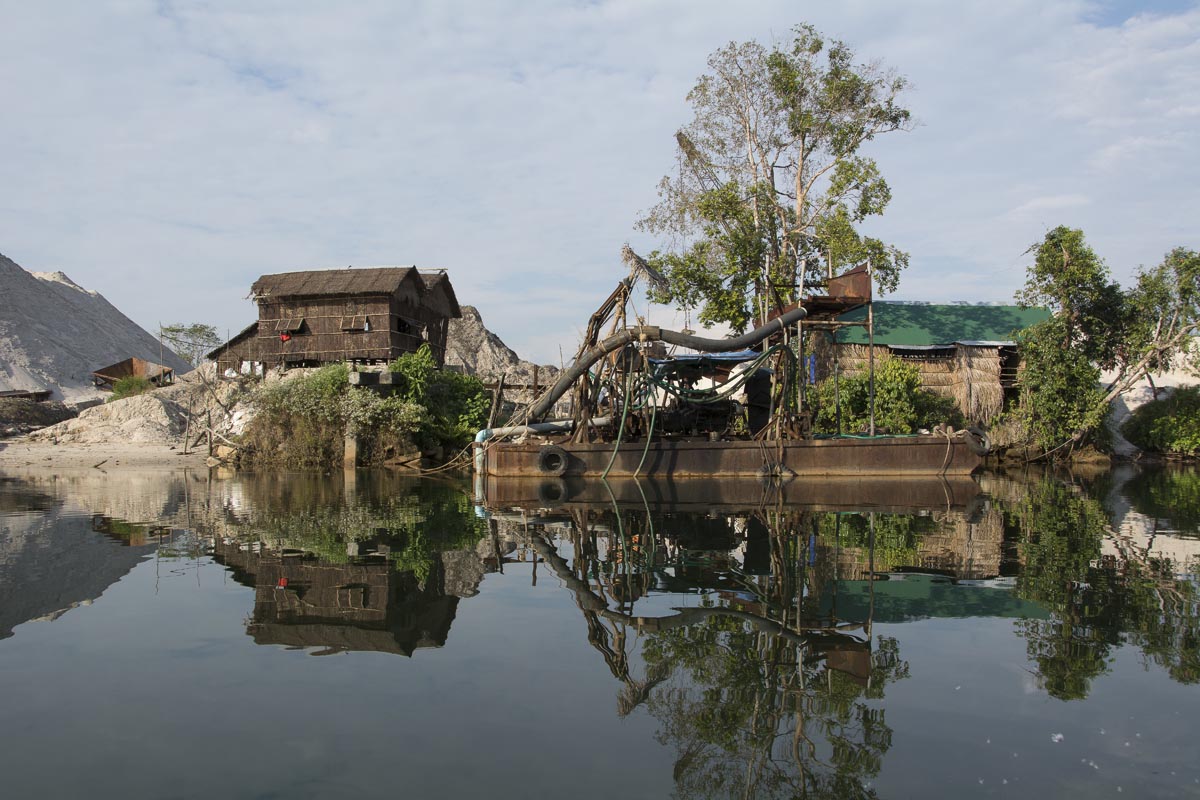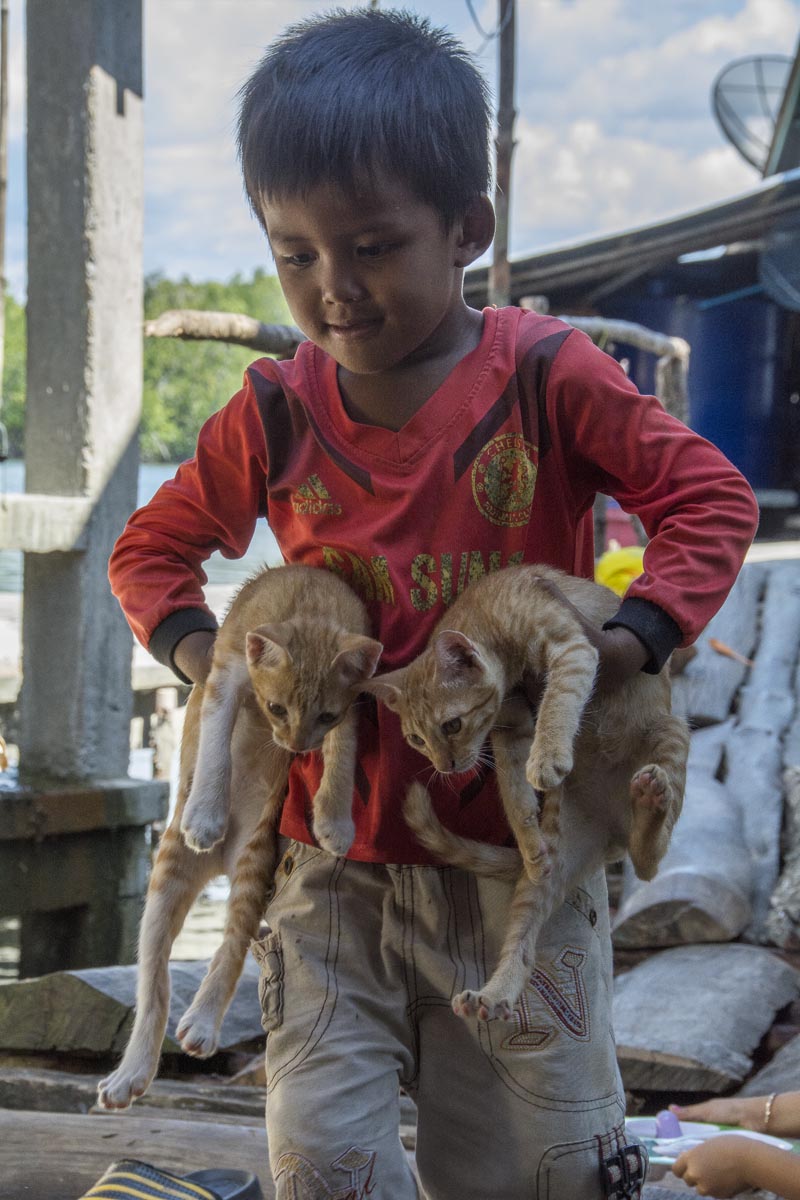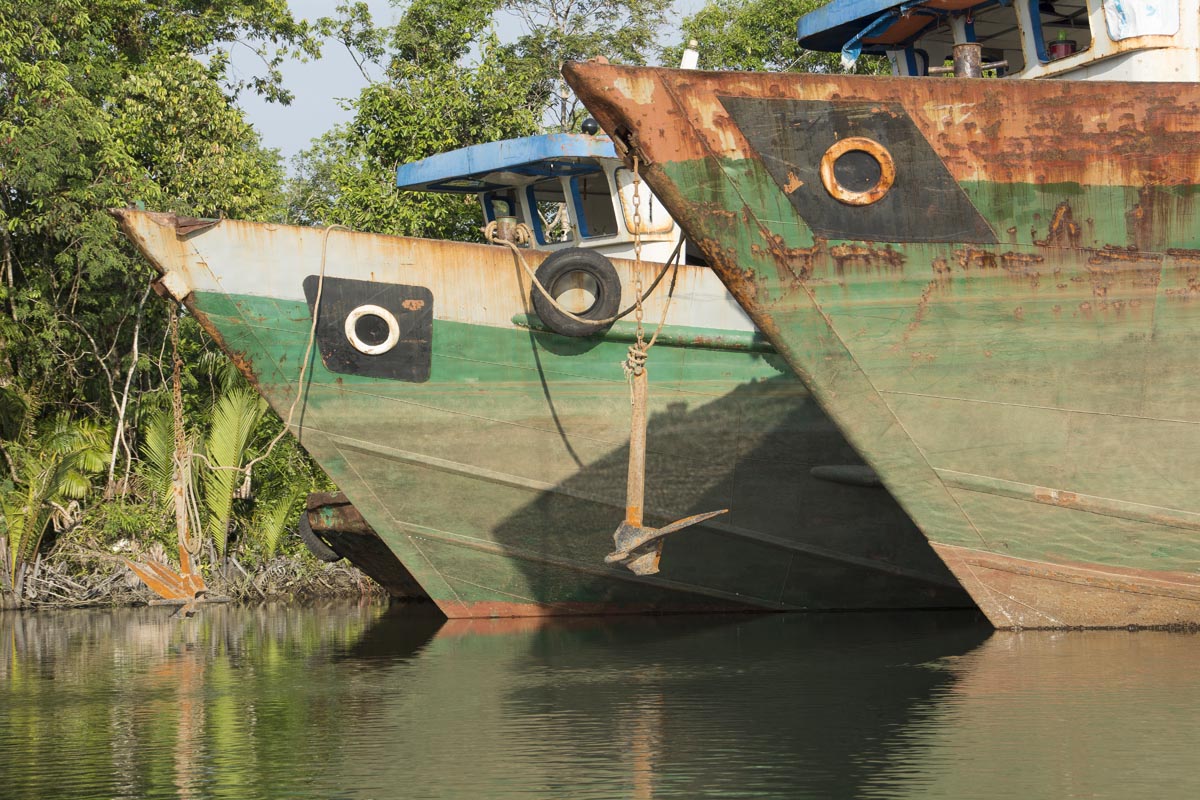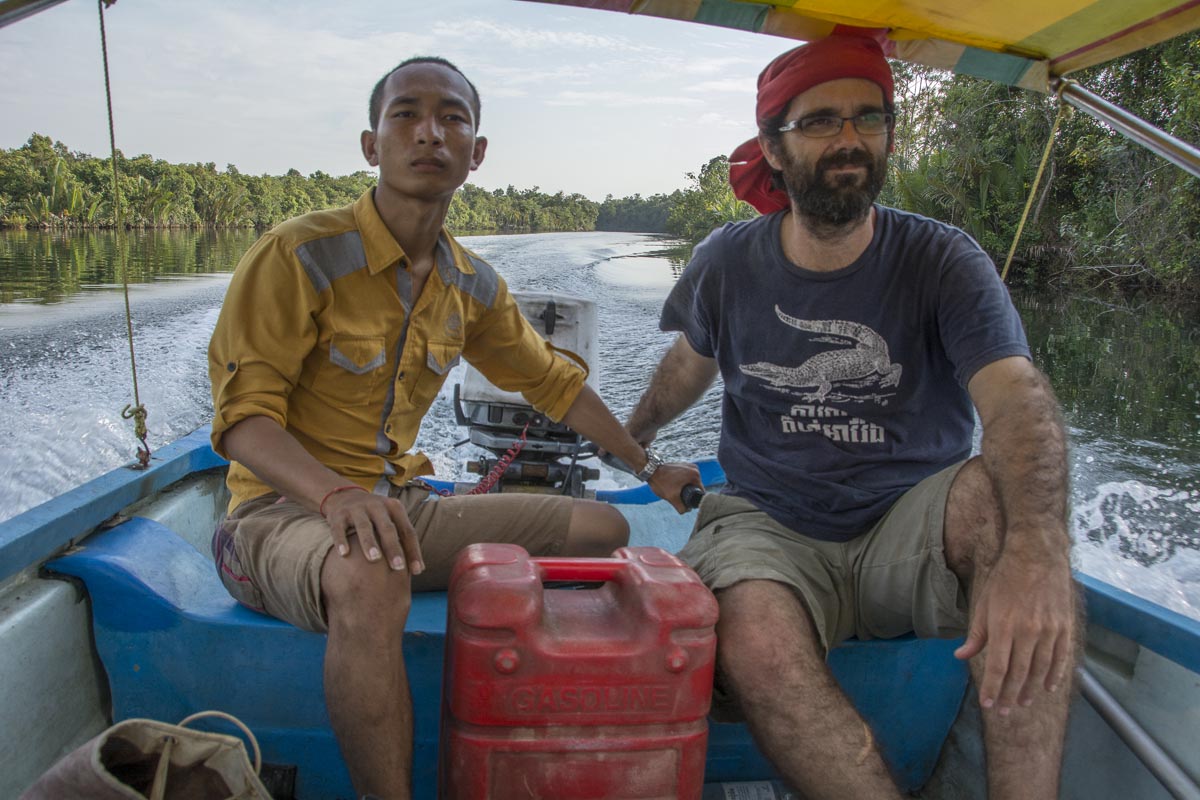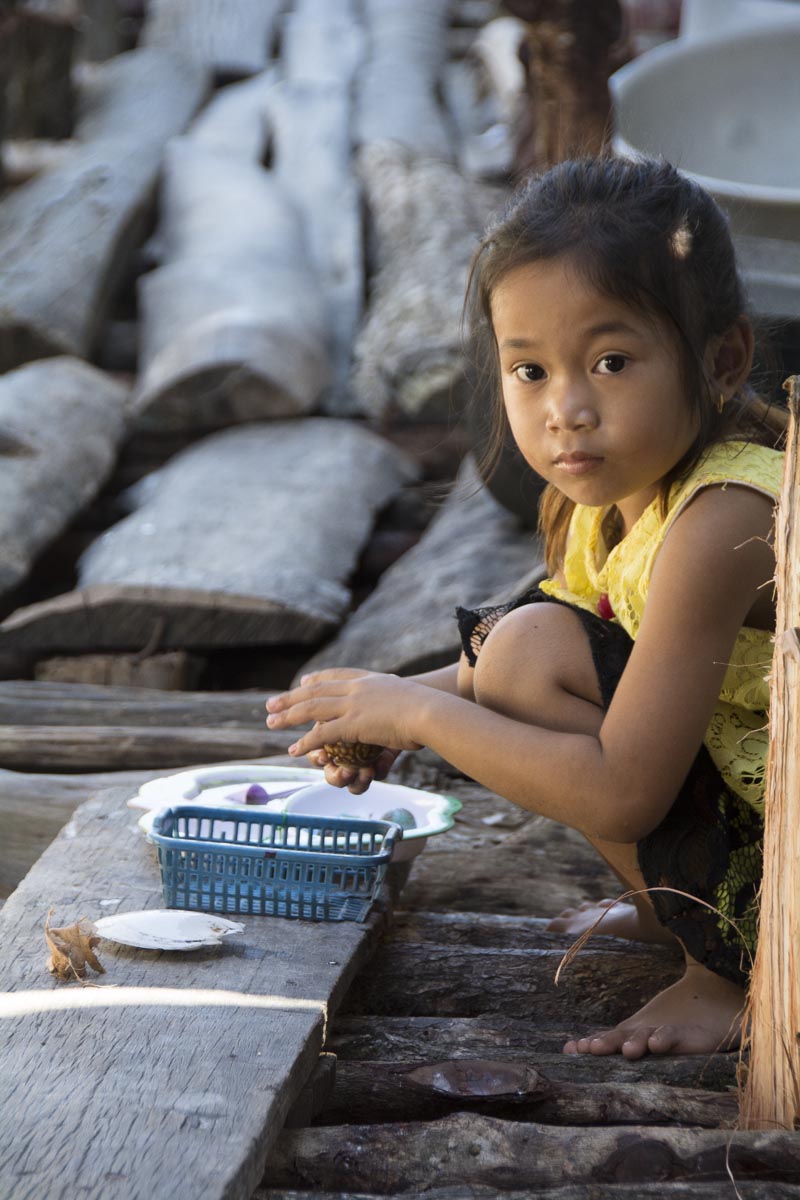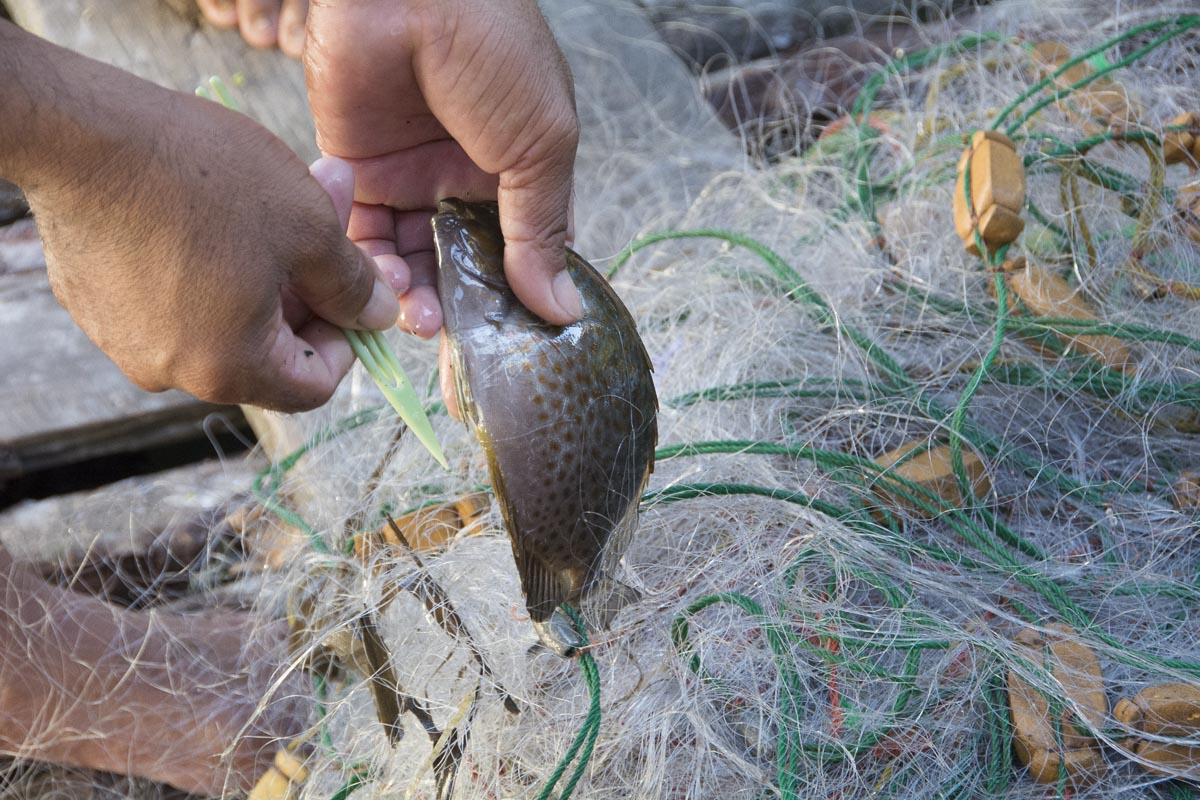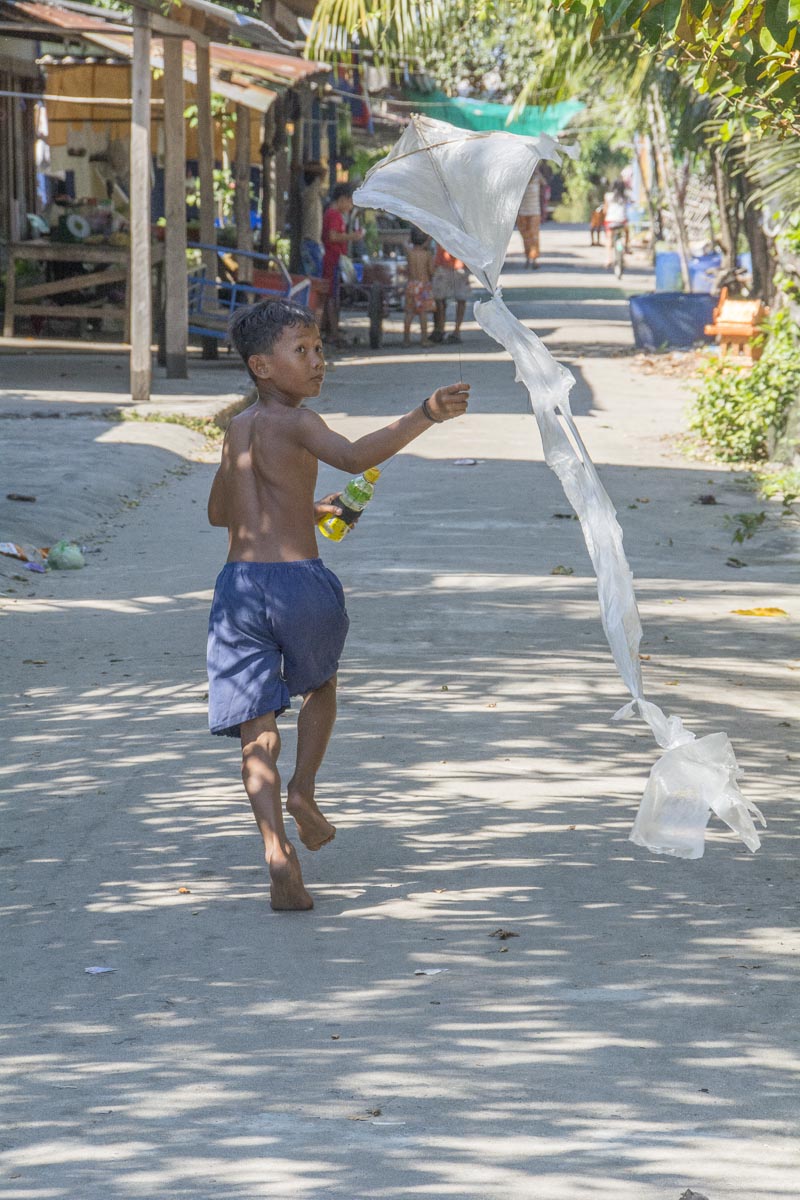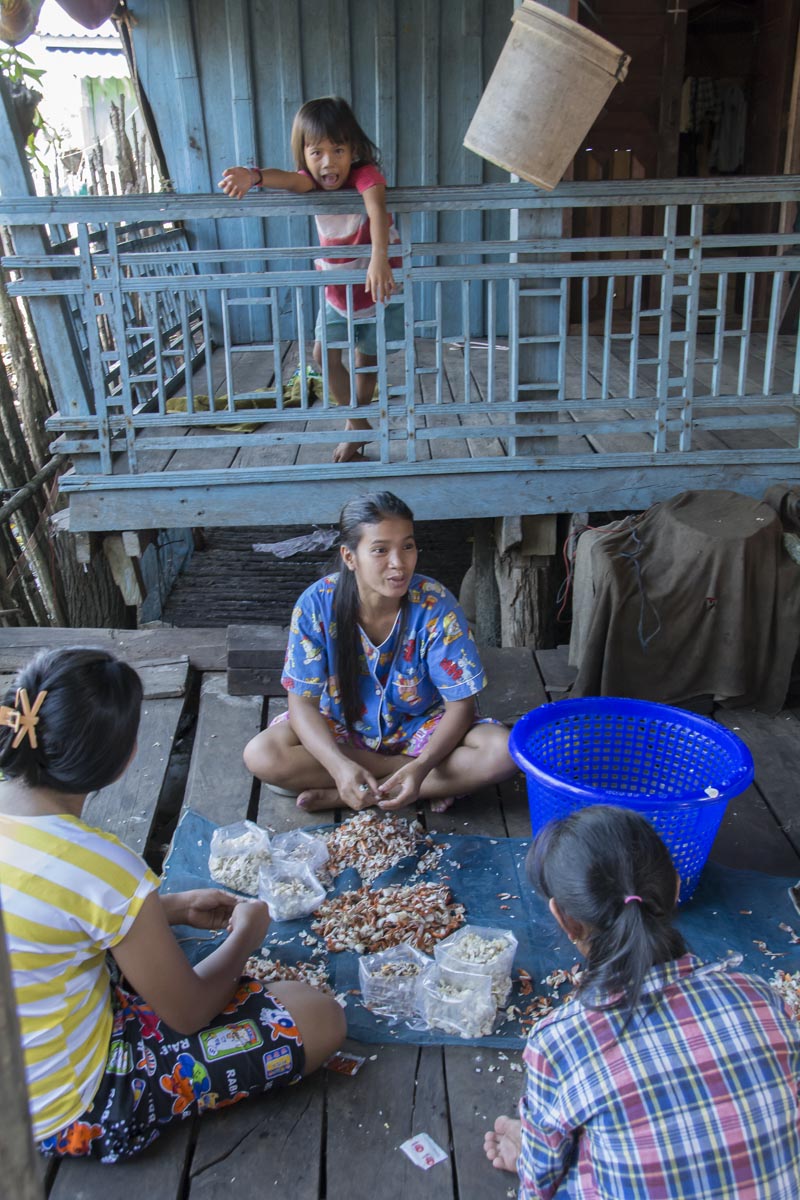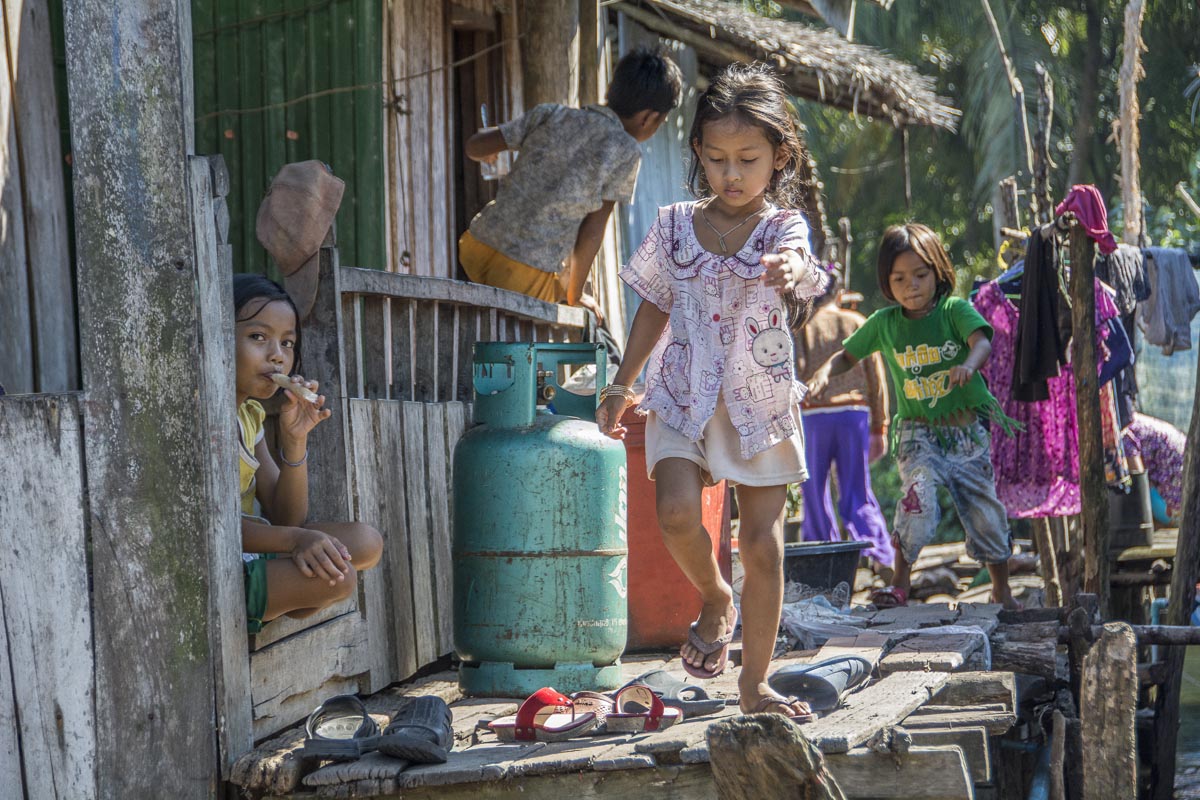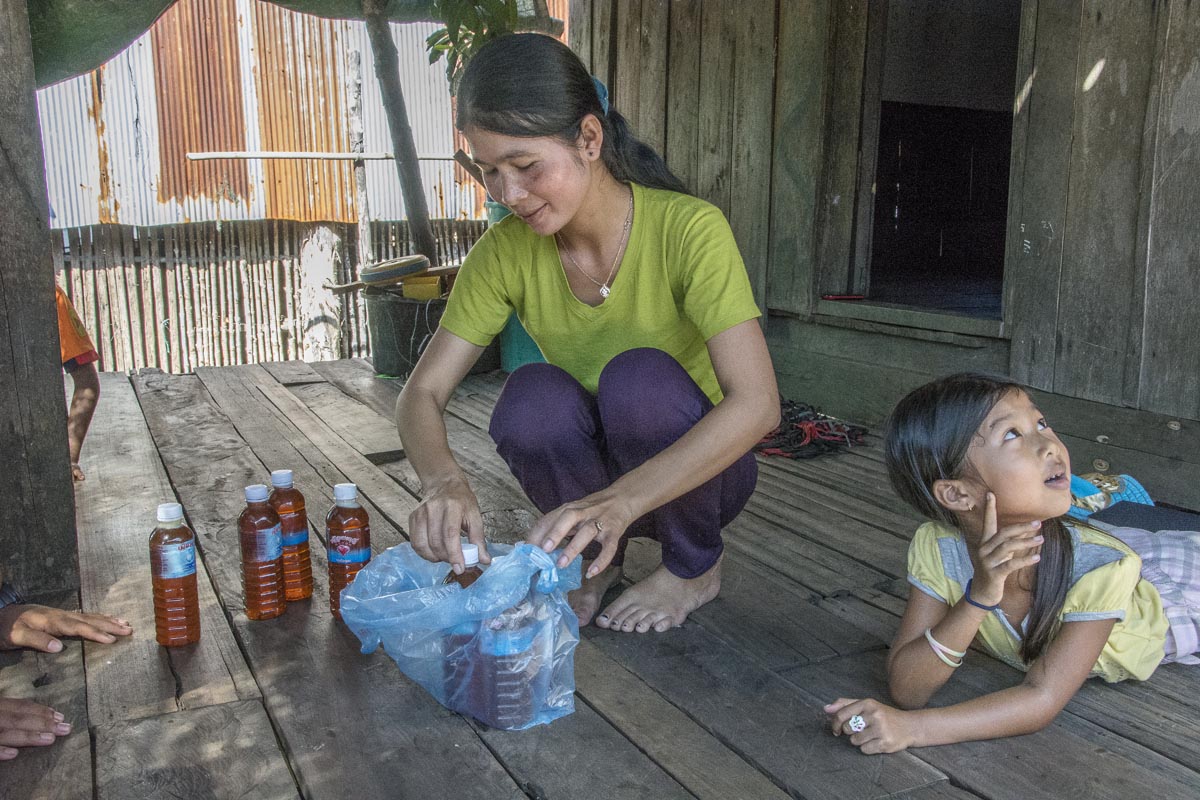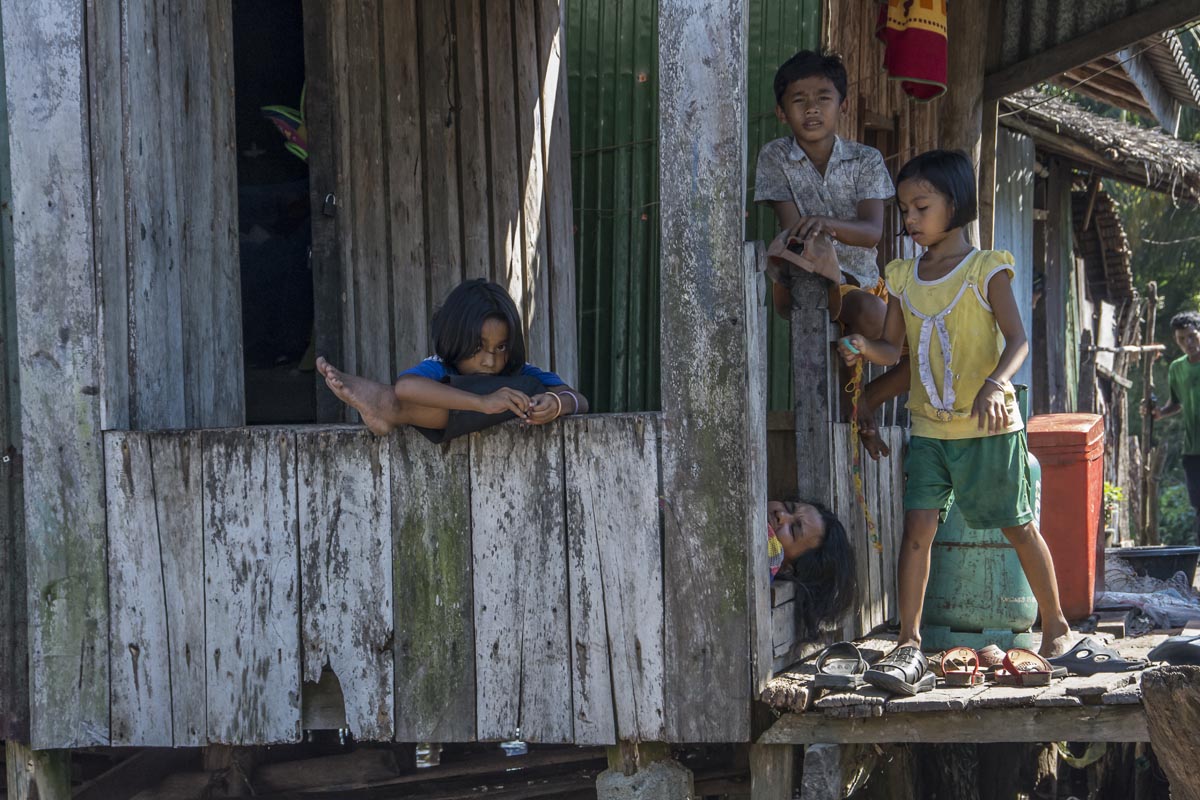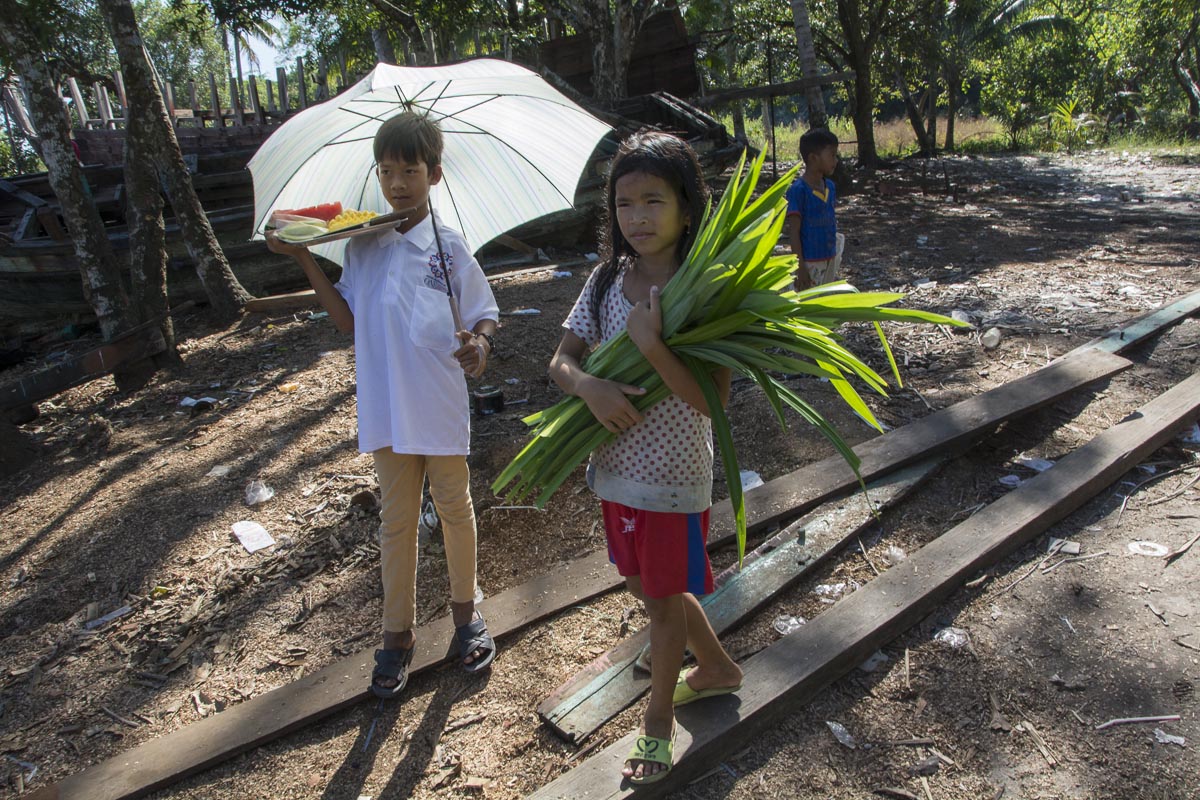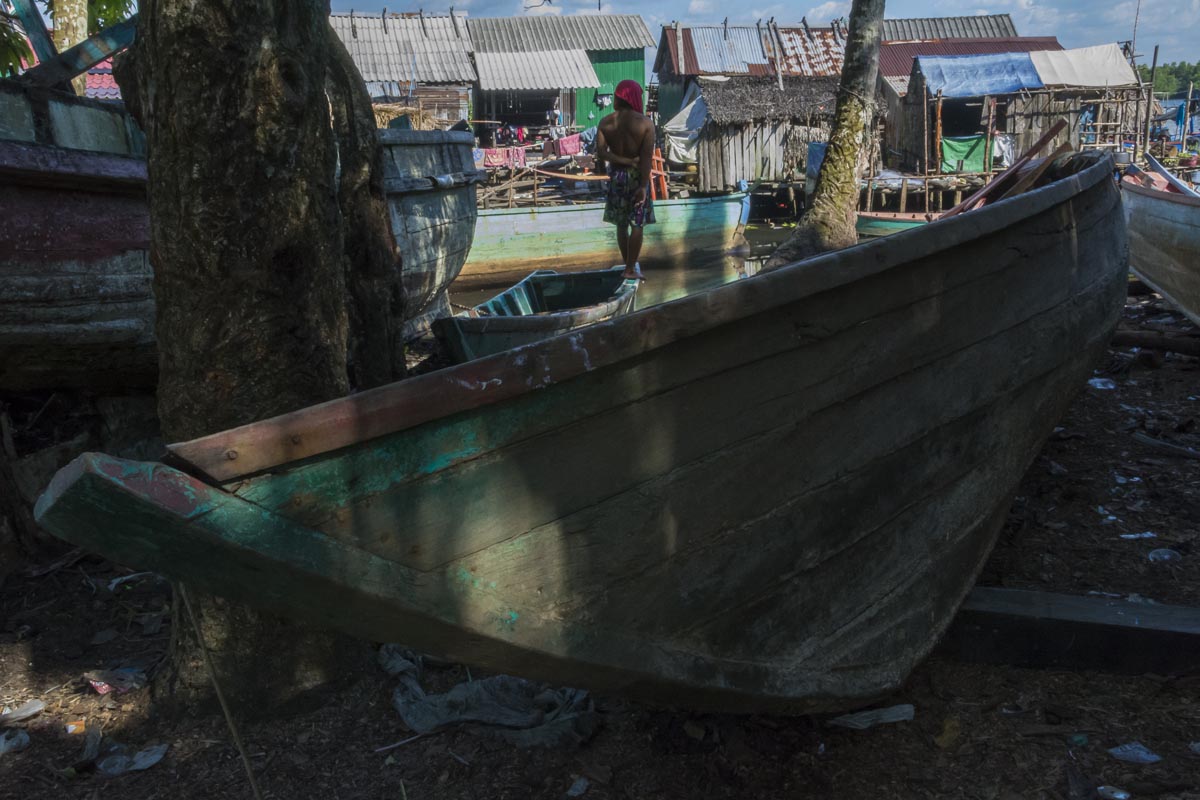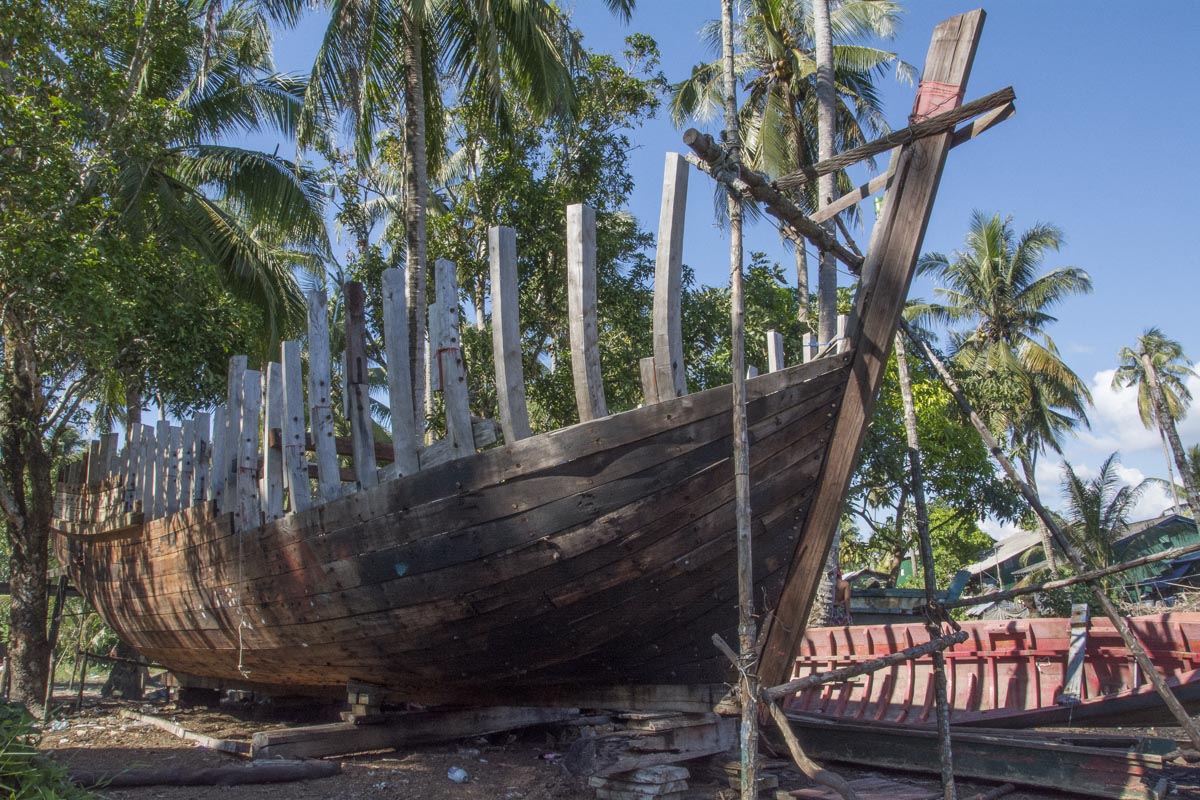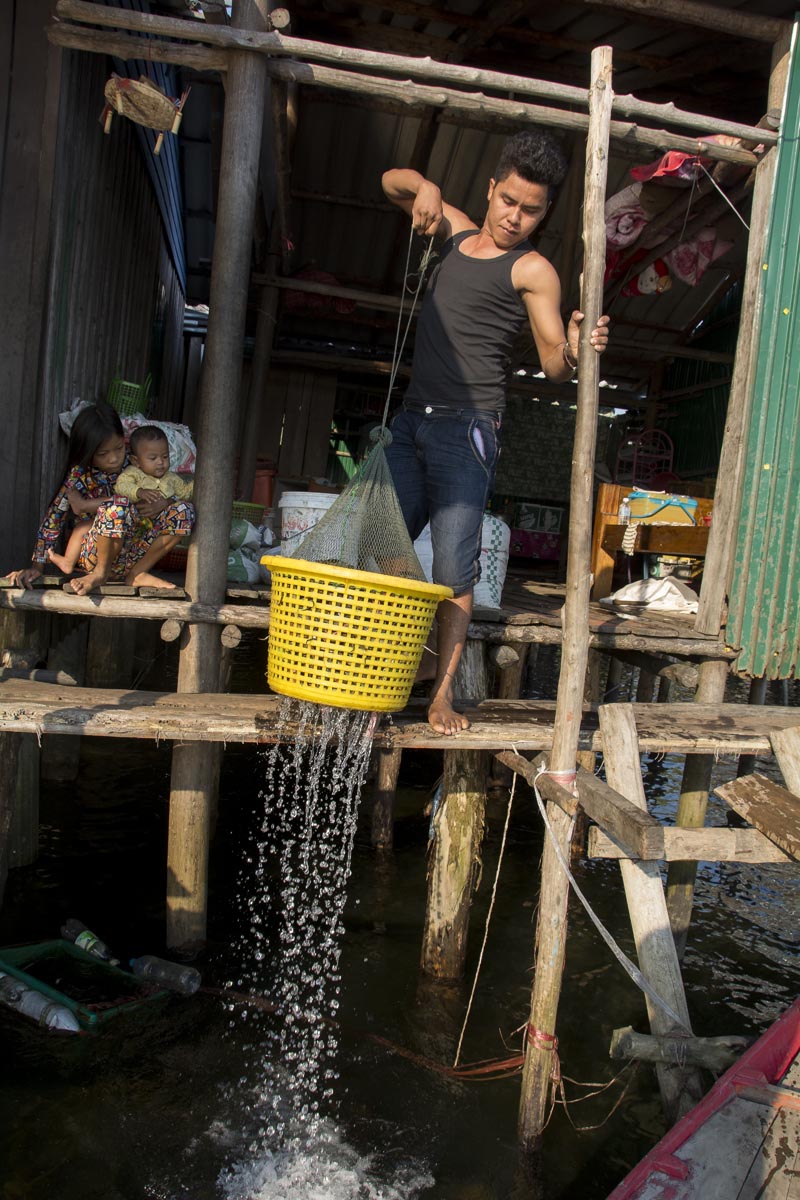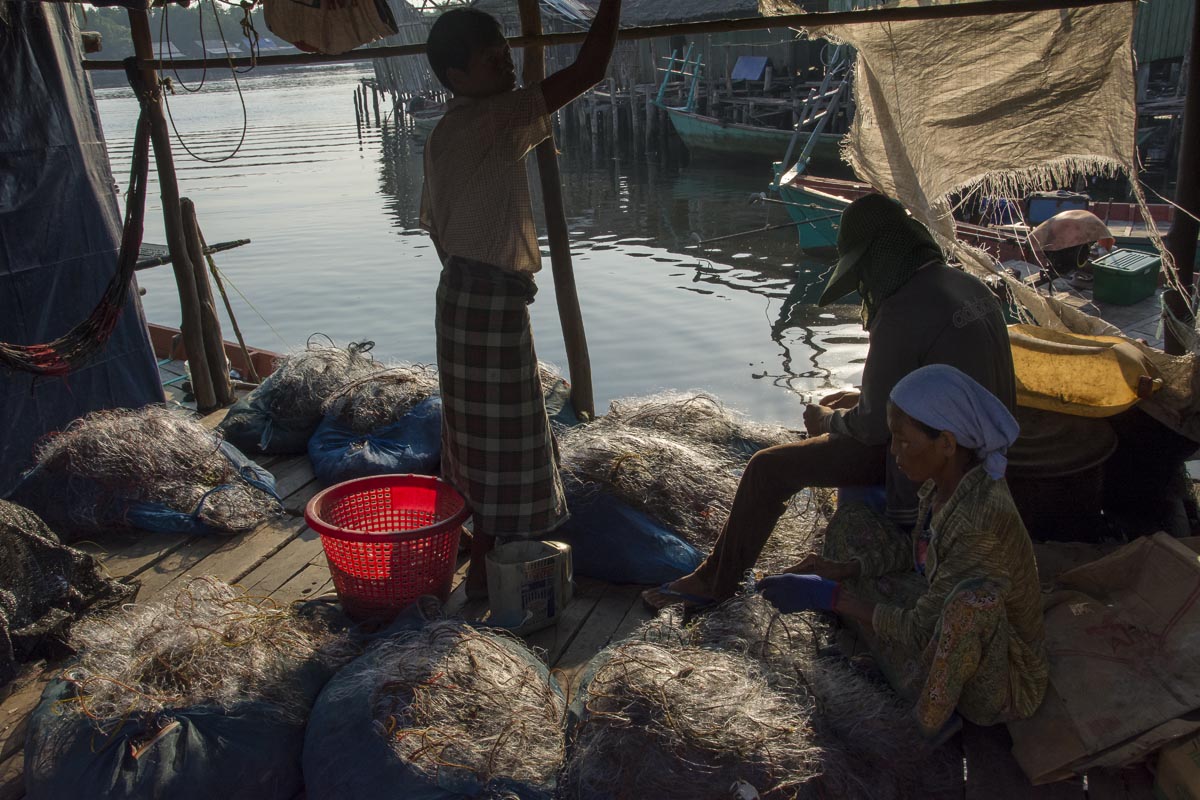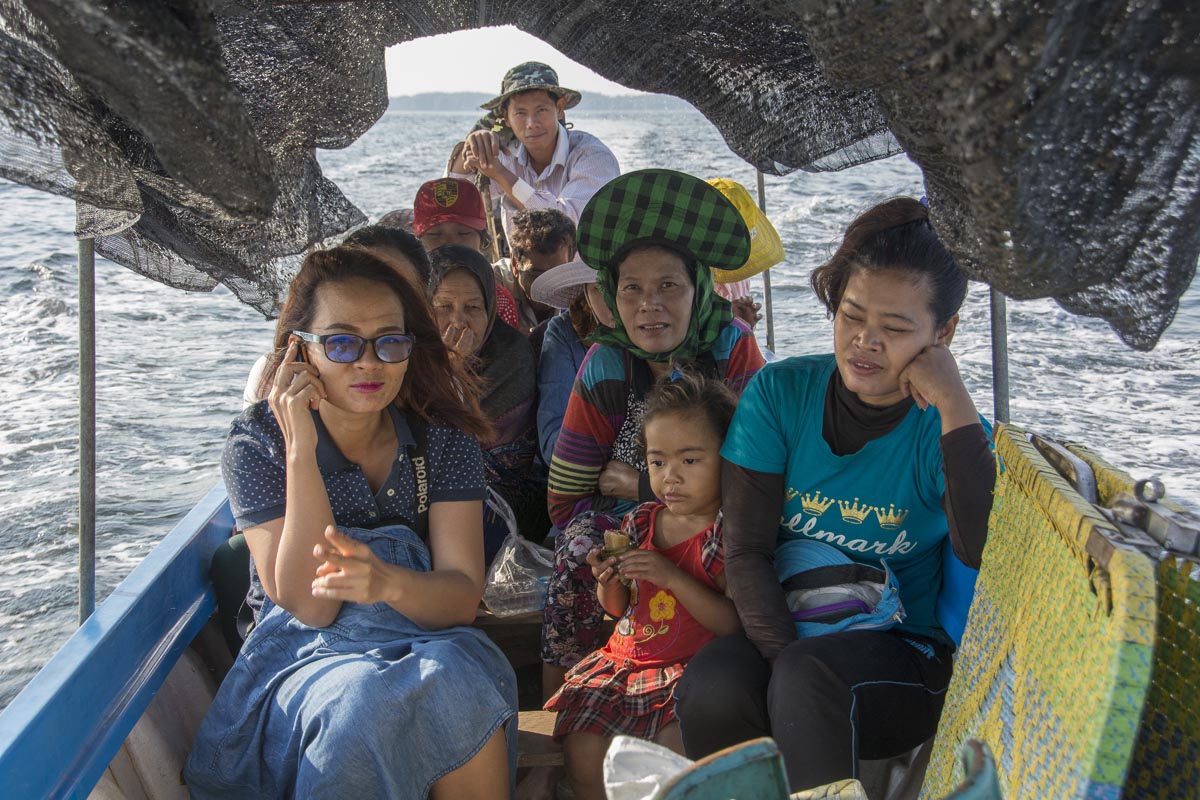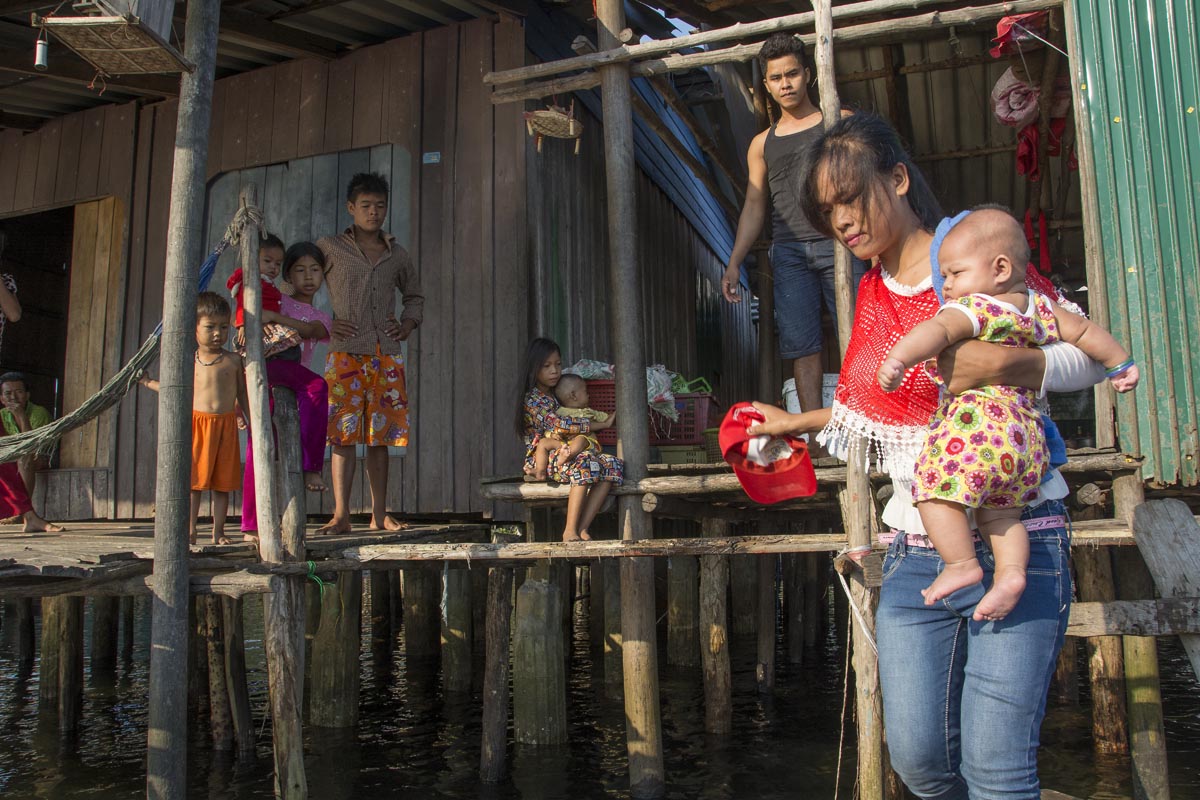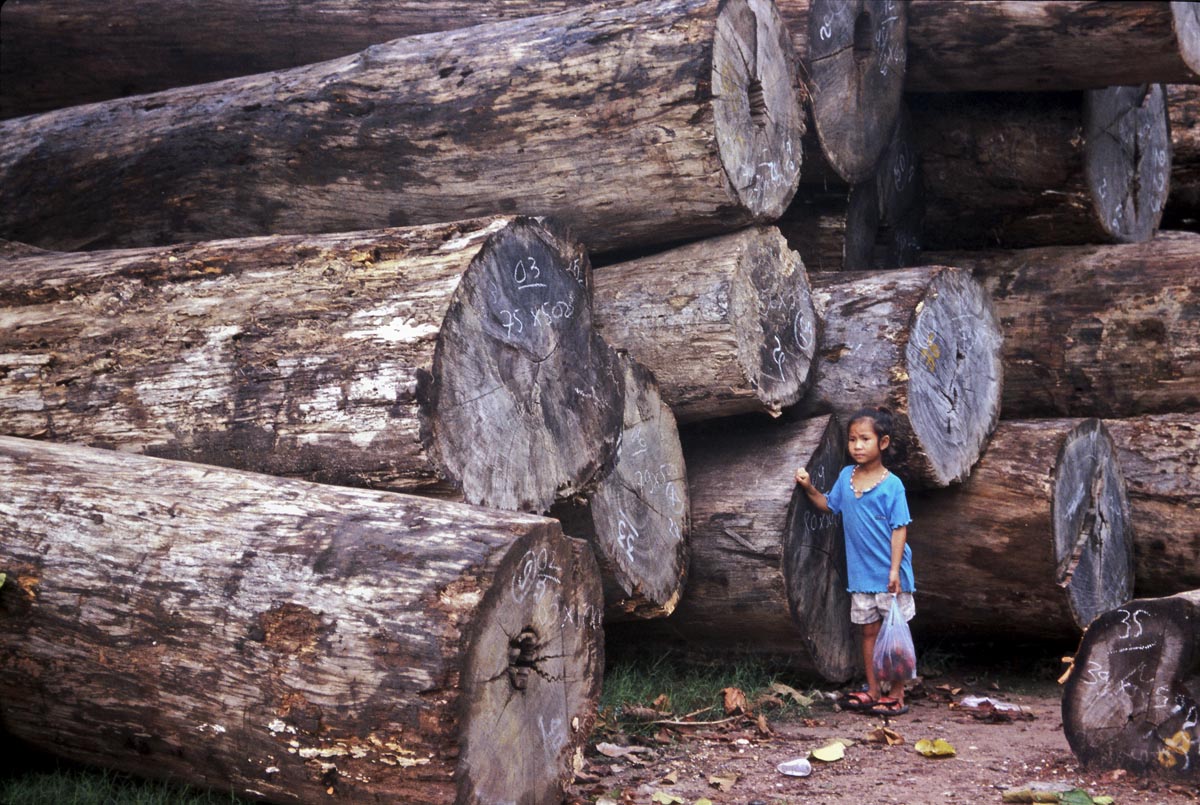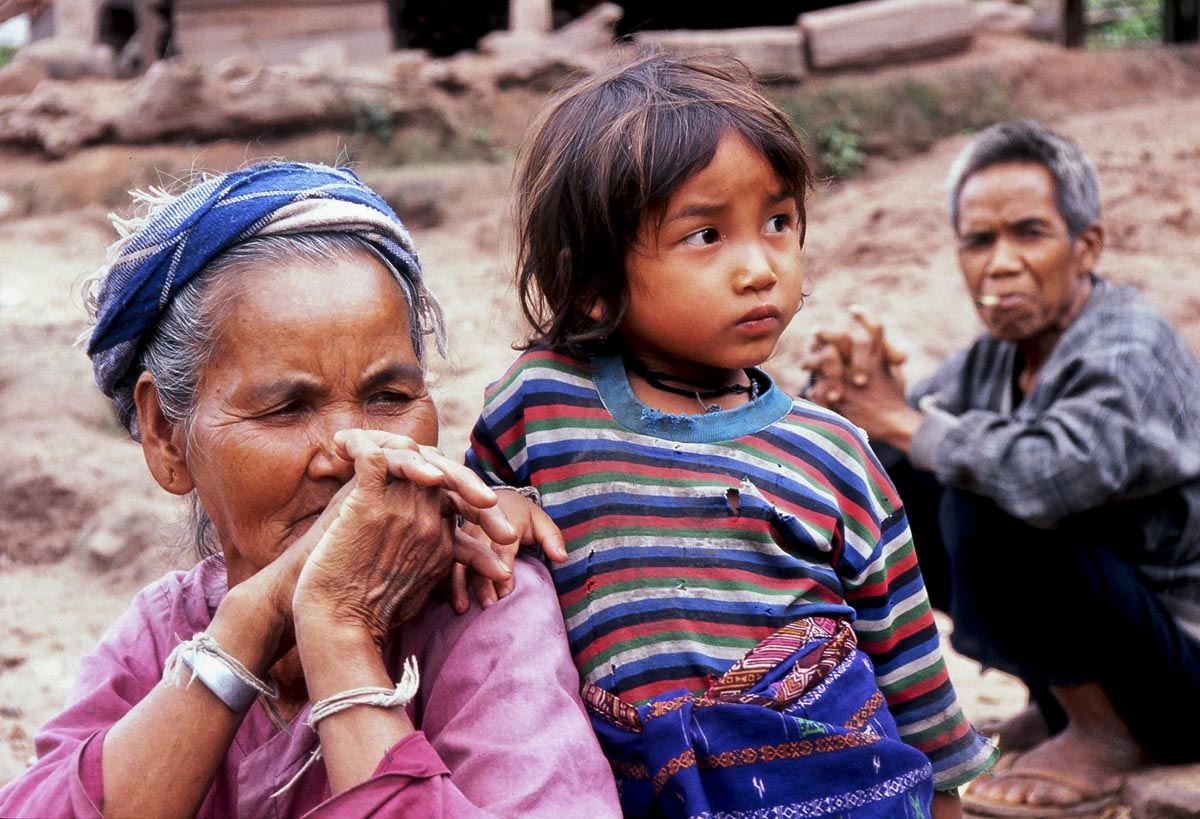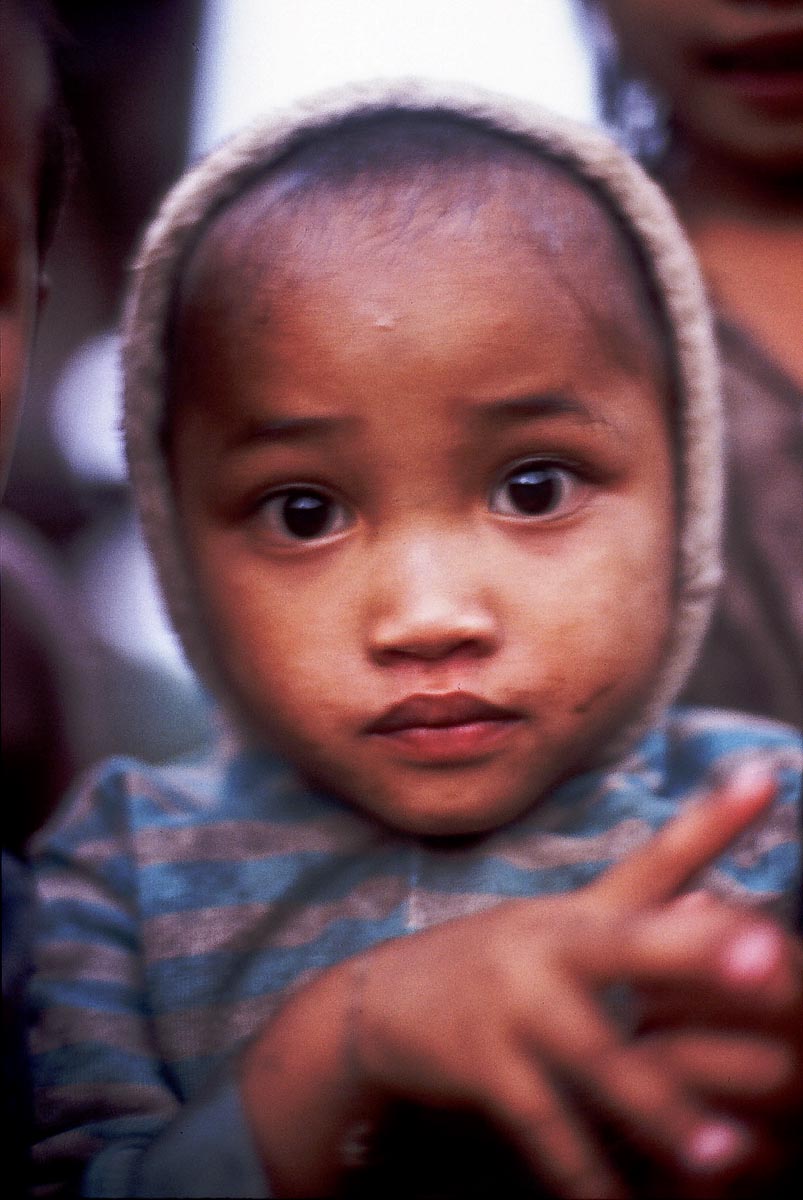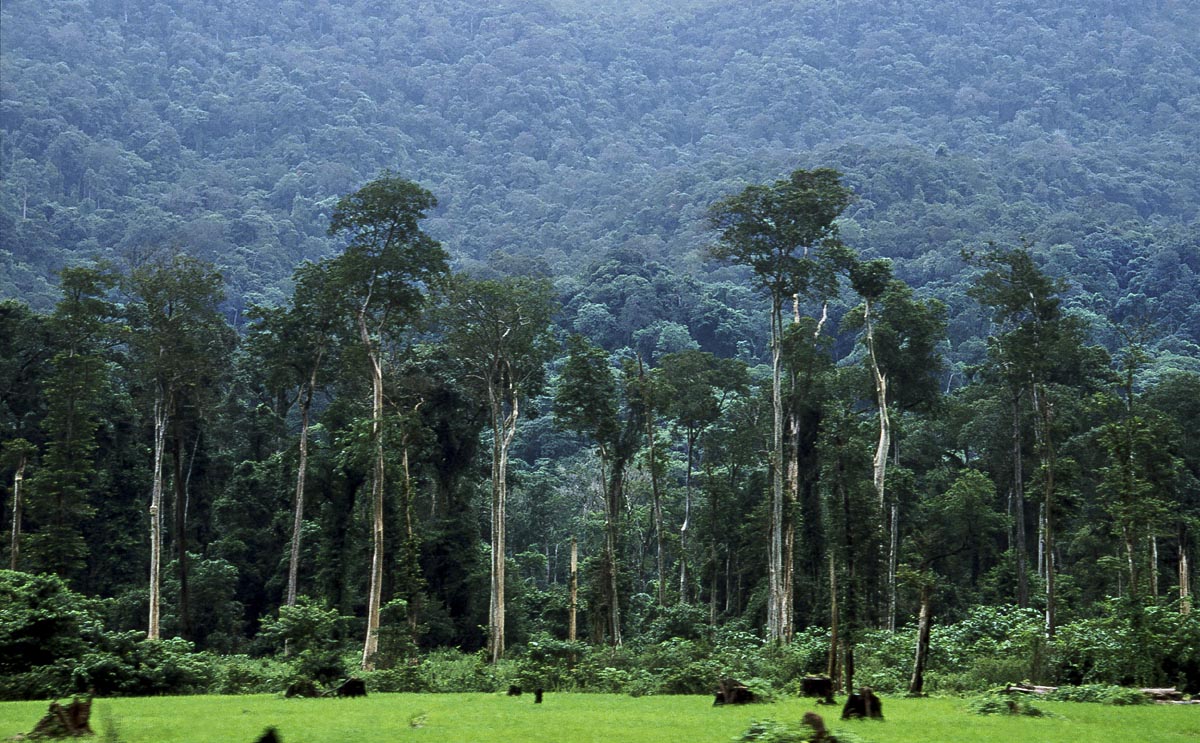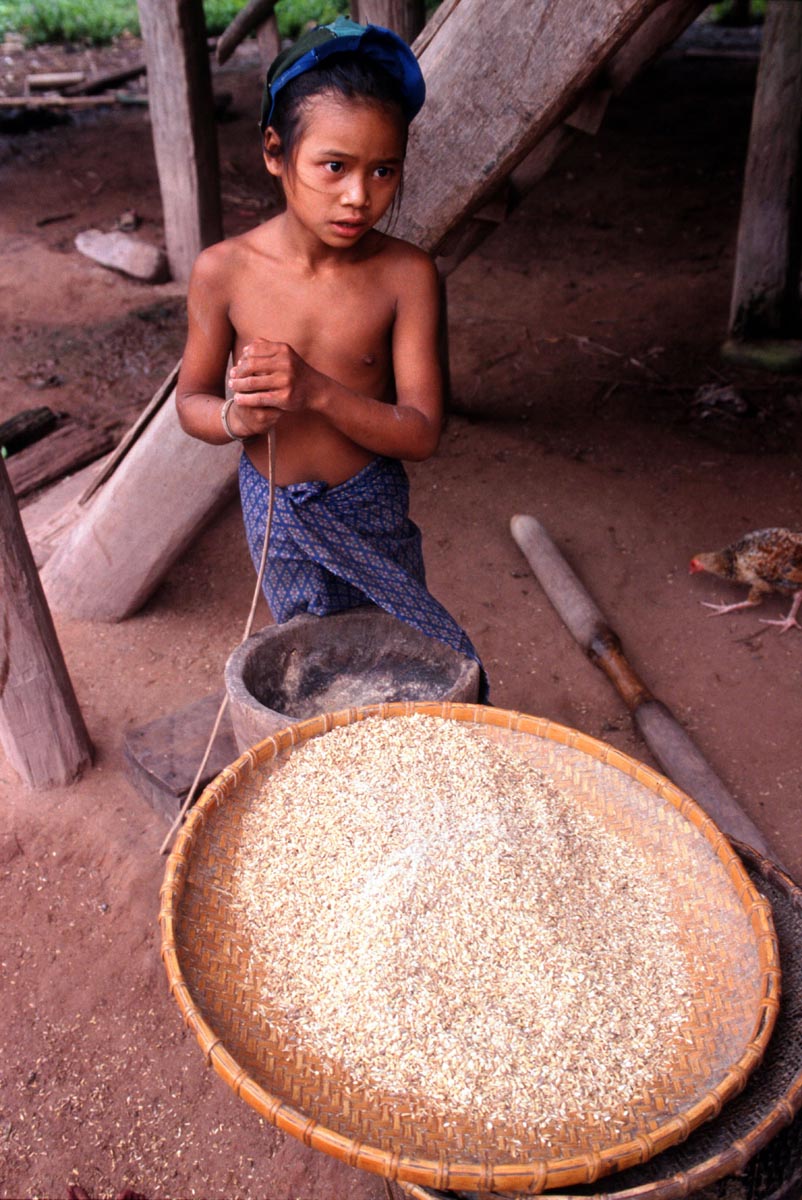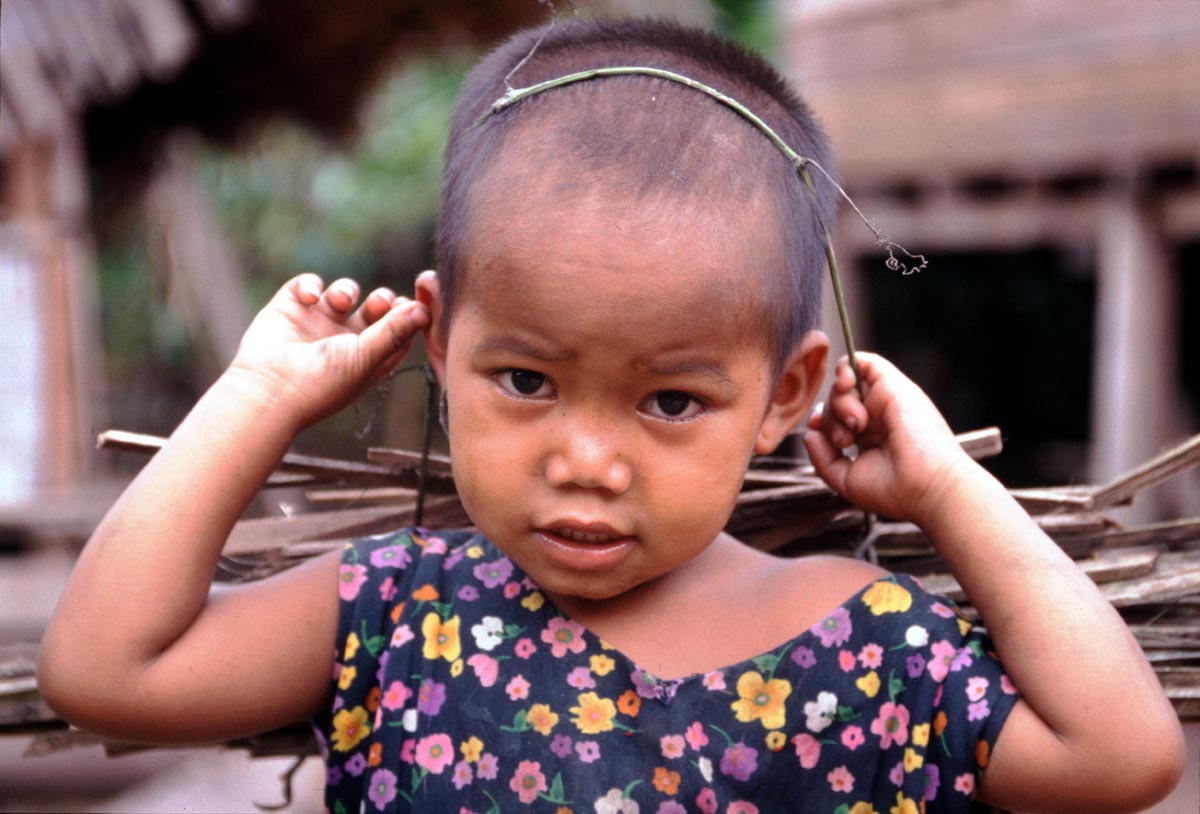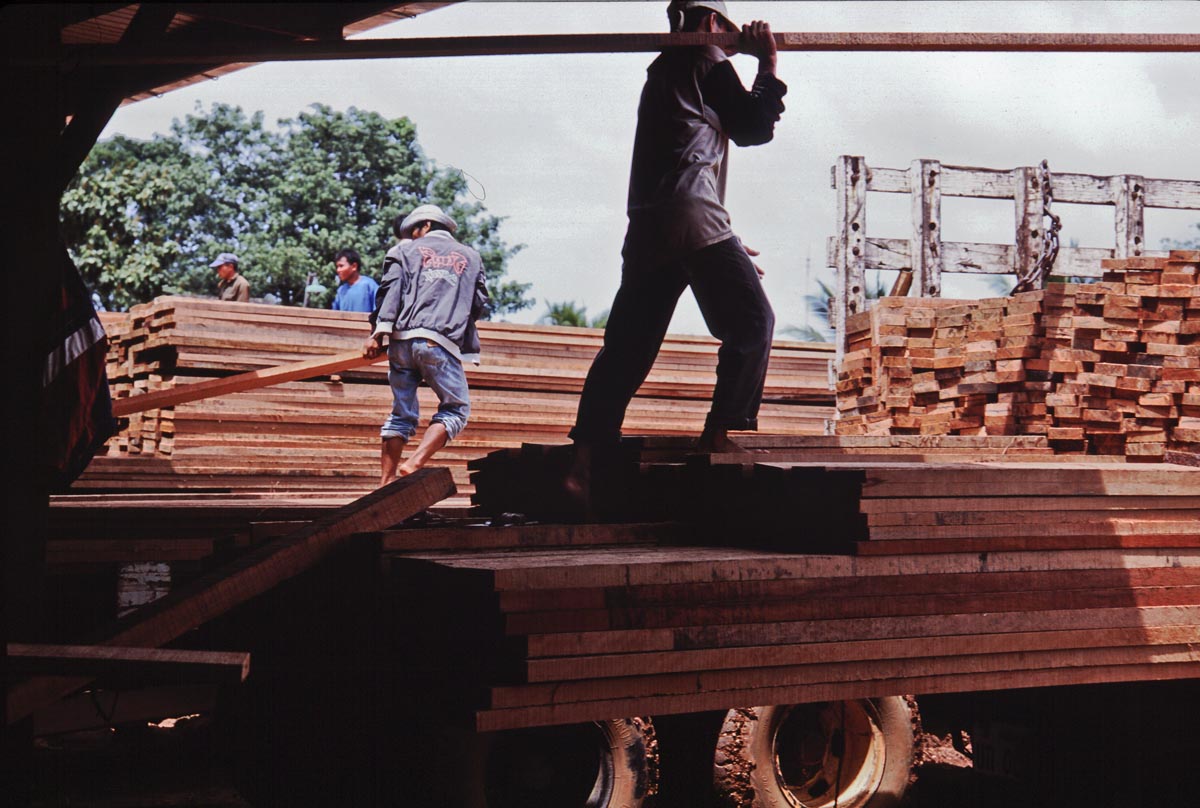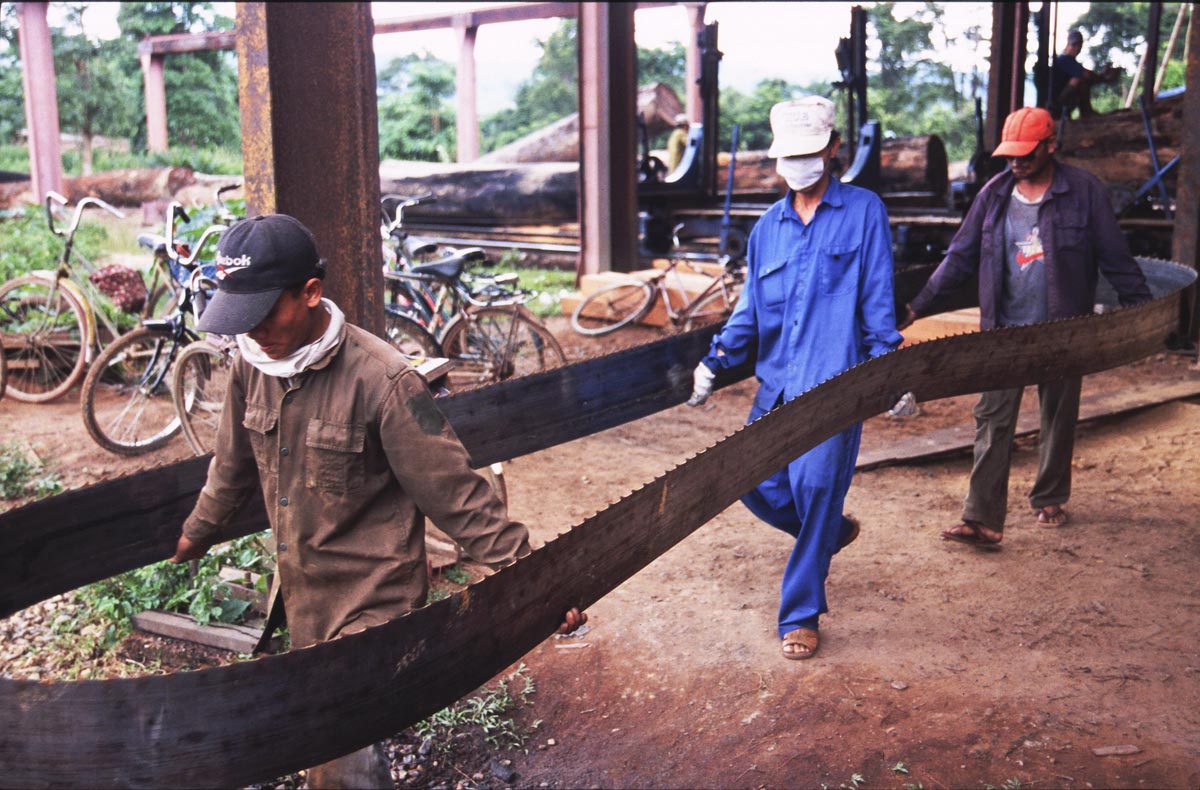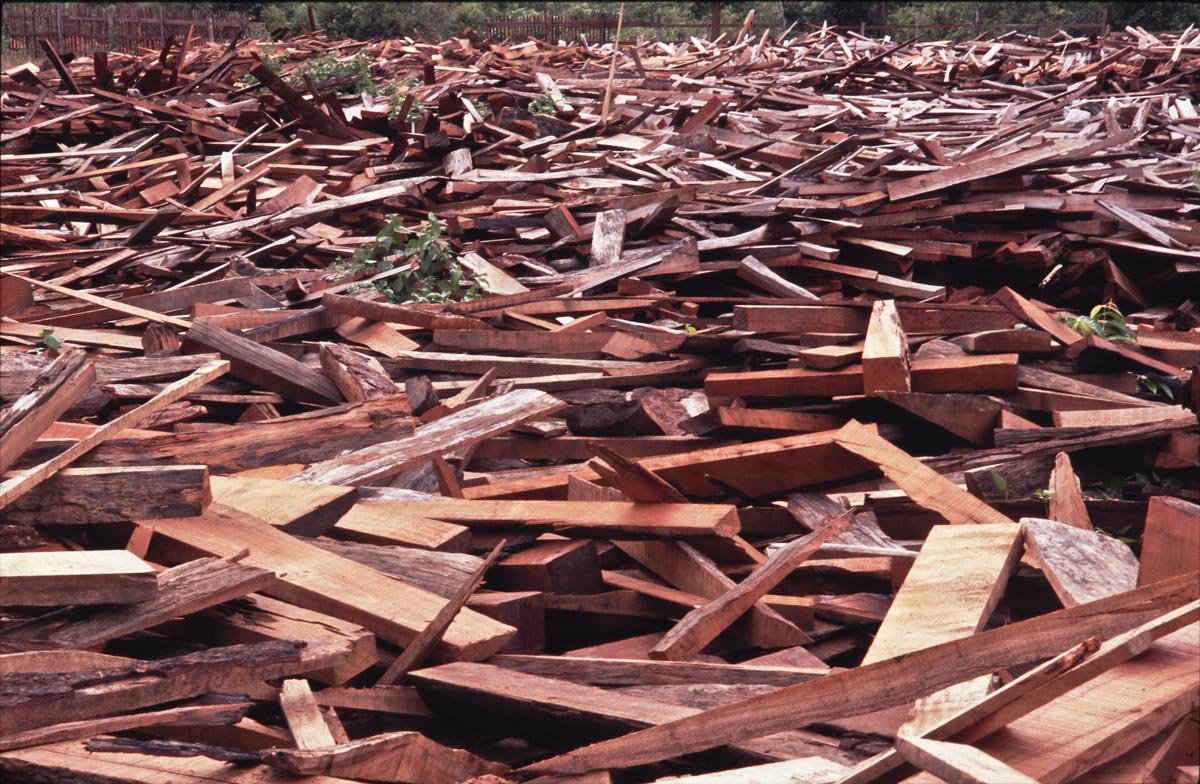Category: Indigenous Peoples
Forest_Blockades10
Forest_Blockades09
Forest_Blockades08
Forest_Blockades07
Forest_Blockades06
Forest_Blockades05
Forest_Blockades04
Forest_Blockades03
Forest_Blockades02
Forest_Blockades01
Areng river – life of the rainforest
Since the 1980s Cambodia has lost 84% of its primary forests, and the remote Cardamom mountains are the country’s last great natural treasure, writes Rod Harbinson. Just the place for grandiose dam projects? ‘No way!” say indigenous people and young eco-activists.
We don’t need any compensation because we are staying here on the lands of our ancestors. Our children will never forgive us if we move.
“Many forests are destroyed in Cambodia – Areng is the last of our great forest areas”, says Sothea Khmer a women’s activist from Phnom Penh, explaining why she is here at the road blockade protest camp:
“We want to stop the Chinese company here. We don’t want them to bring their machinery here to cut the trees, build a dam or dig mines in the Areng valley. The commitment from youth and monks joining us is that they have to stop the company. So they will dedicate their lives here.”
Her words highlight the dramatic decline of Cambodia’s forests which just ten years ago covered large swathes of the country. With some of the highest logging rates in the world it is estimated that since 1990, Cambodia lost 84% of its primary forests [UN FAO].
Now the struggle to save the untold natural riches of these ancient forests has closed in on this patch in the Cardamom mountains, still home to Asian elephants, clouded leopards and the most important breeding site of only 250 wild Siamese crocodiles found globally. Home in all to 31 endangered species.
Published in The Ecologist.
Palawan tribes unite against palm oil
Residents of Palawan Island in the Philippines have united to take on the companies that they say have grabbed their land. Seventeen indigenous communities on this island province are campaigning for justice from the companies that have grown palm oil on their farms.
Palawan is a large island-province of the Philippines that lies midway between the rest of the archipelago and Borneo. The great beauty and biological value of the island was validated in 1990 when the United Nations Educational, Scientific and Cultural Organization (UNESCO) conferred the status of “Man and Biosphere Reserve” on this tropical paradise. In recent years, however, there has been an onslaught from mining and agribusiness keen to exploit its natural resources.
Cambodia – a country built on sand?
Sand-dredging is big business, especially in Asia, where demand has sky-rocketed thanks to the booming construction industry. Rod Harbinson reports from Cambodia on an extractive industry that is mired in corruption and scandal, and meets some of those on the frontline of the fight against it.
Published by New Internationalist
A great forest falls in Laos
With a relatively small population Laos managed to maintain the integrity of its tropical rainforests for longer than most of its neighbours. In recent years however illegal logging has continued to accelerate and goes largely unckecked despite a government ban on roundwood logs in 1999. A shadowy corrupt government allocates few resources to forest protection. Nearly all the timber is exported going to China and Vietnam and volumes have jumped dramatically in the past three years.
Many of the local farmers and indigenous peoples in Laos have been affected by the widespread deforestation which has severely impacted their livelihoods as their community forests have vanished. Although many raw logs are exported, sawmills operate along the border areas too.

